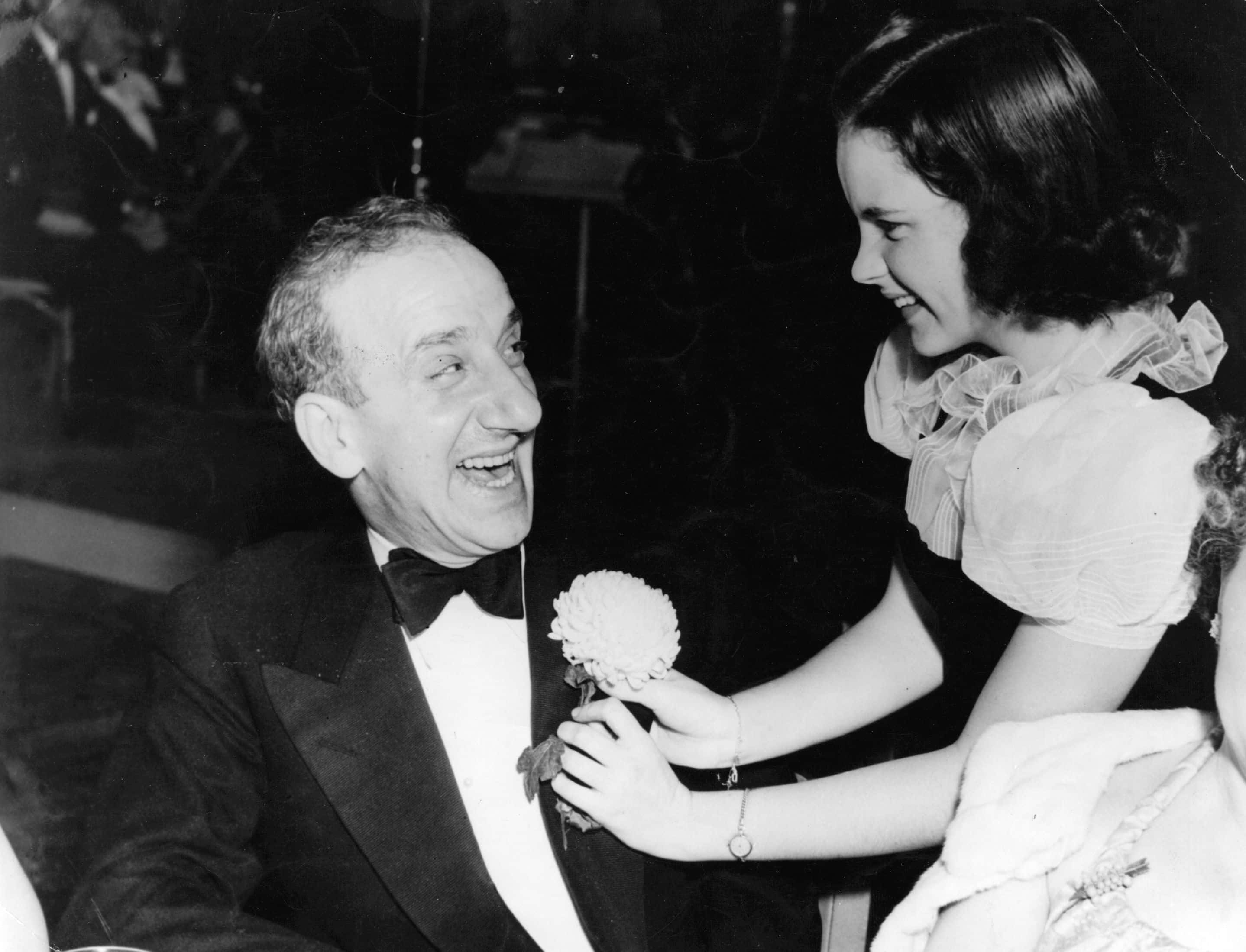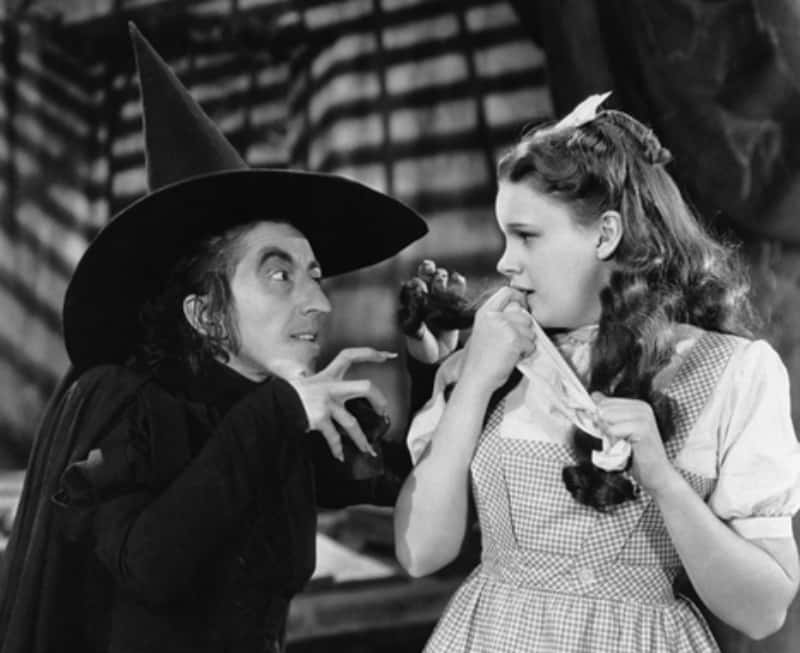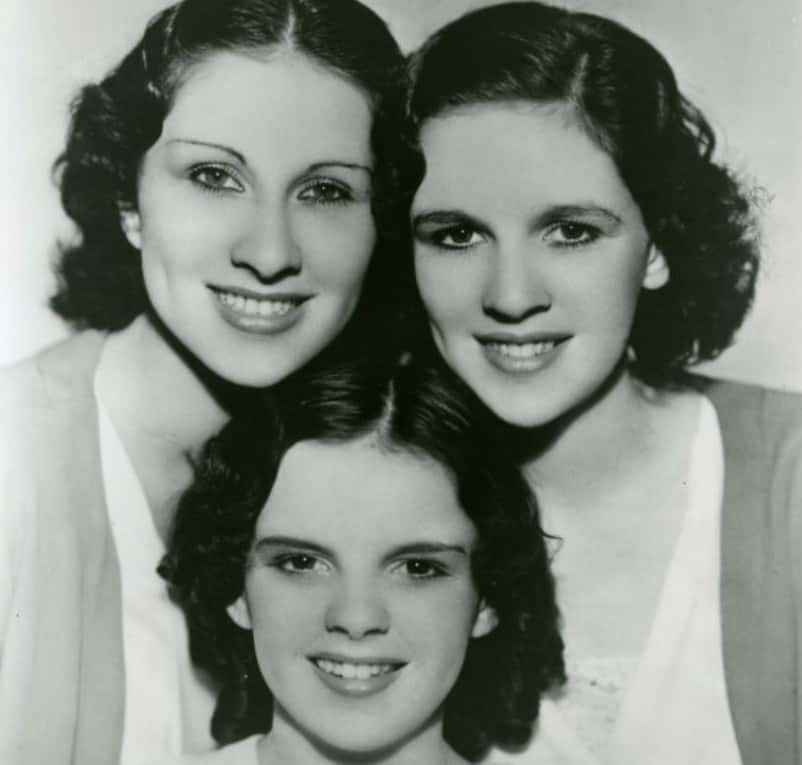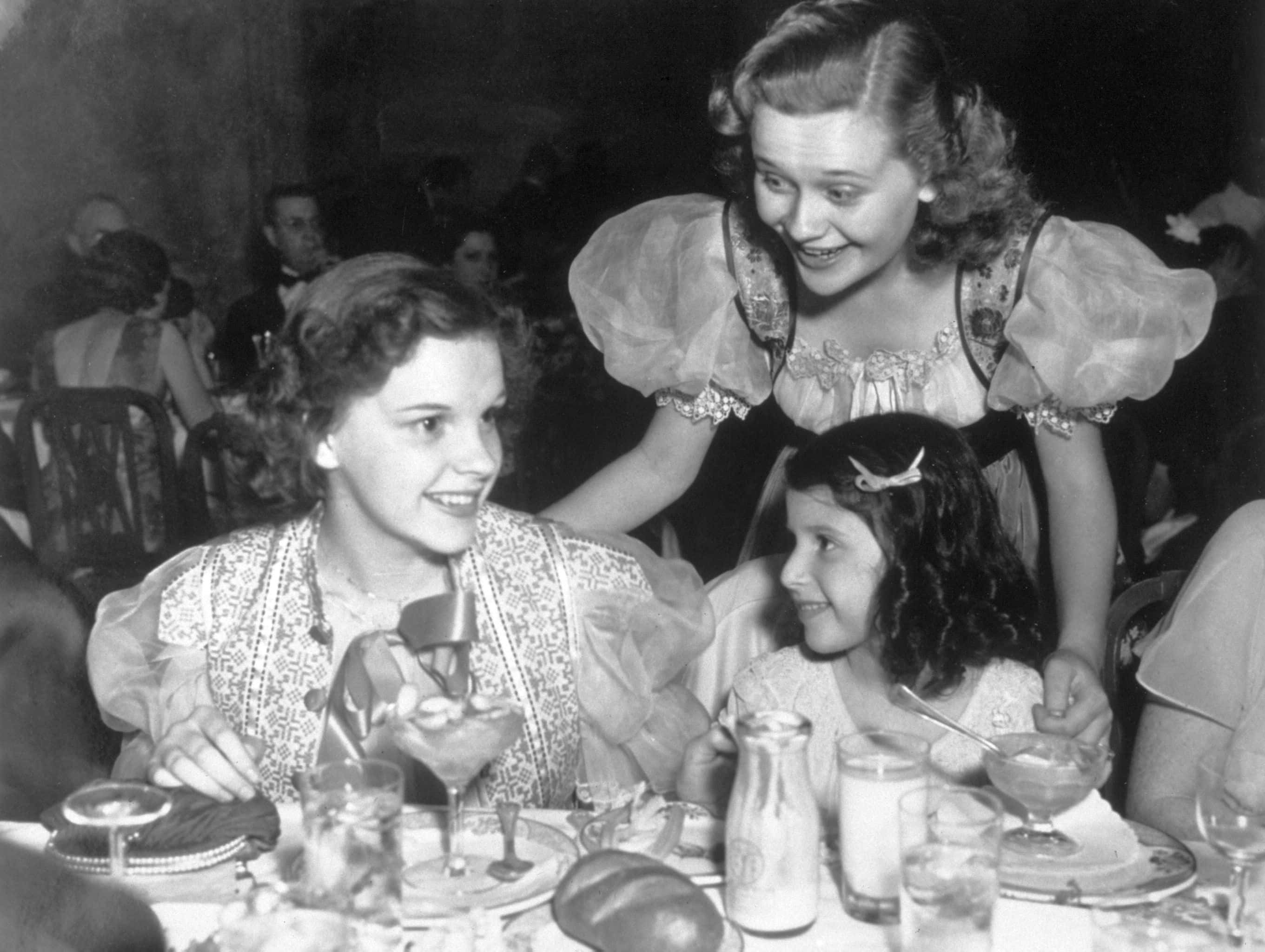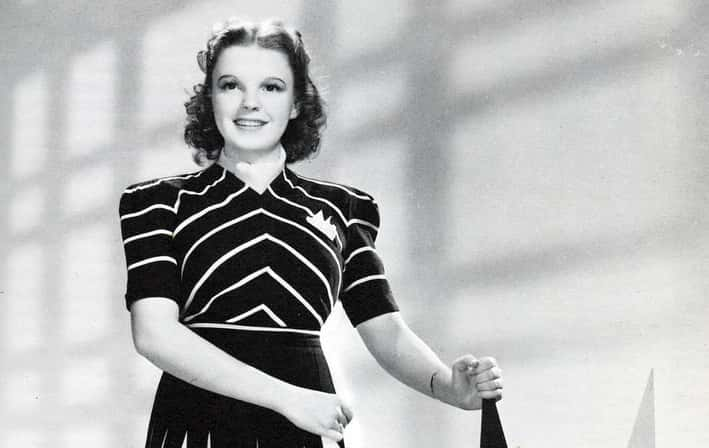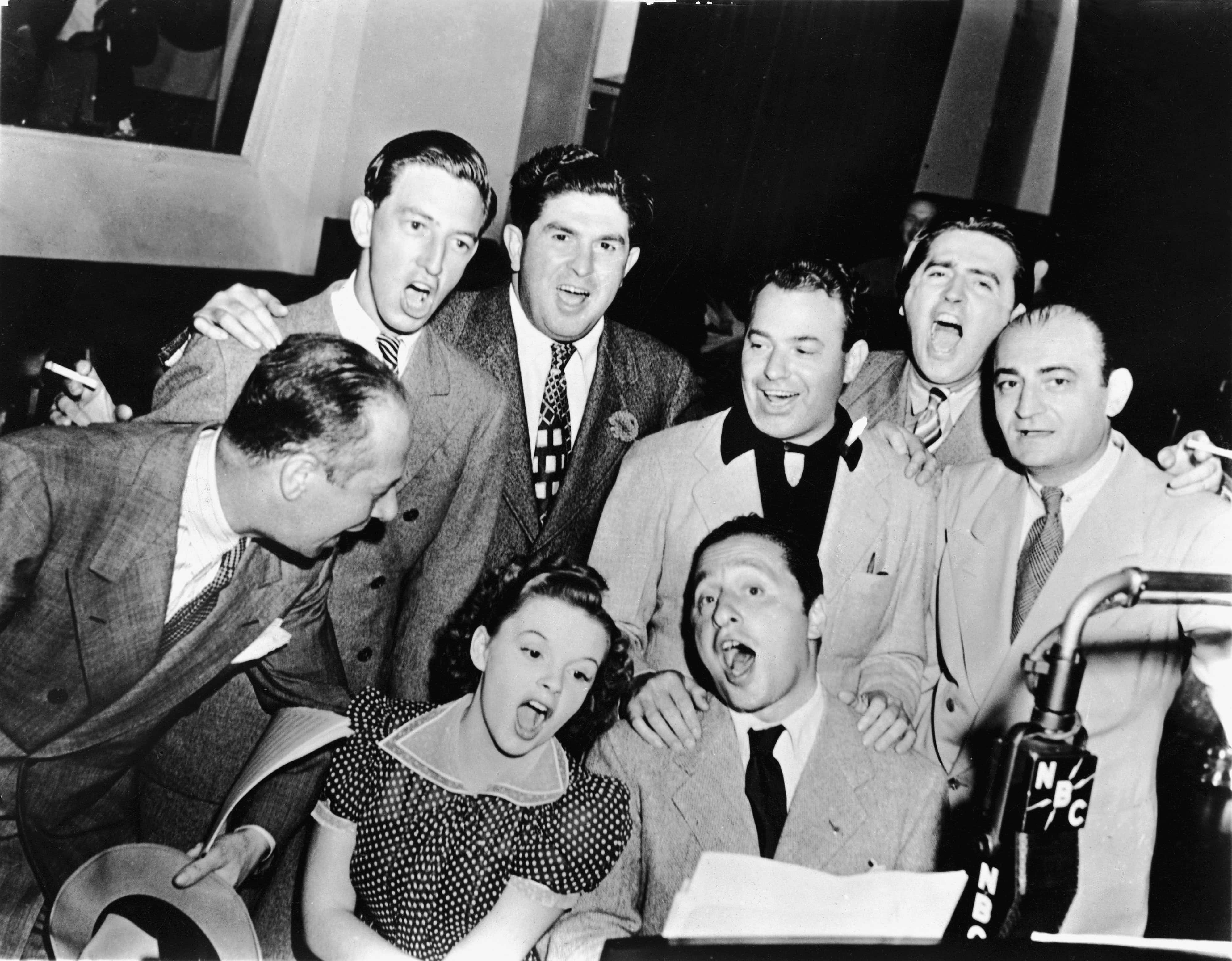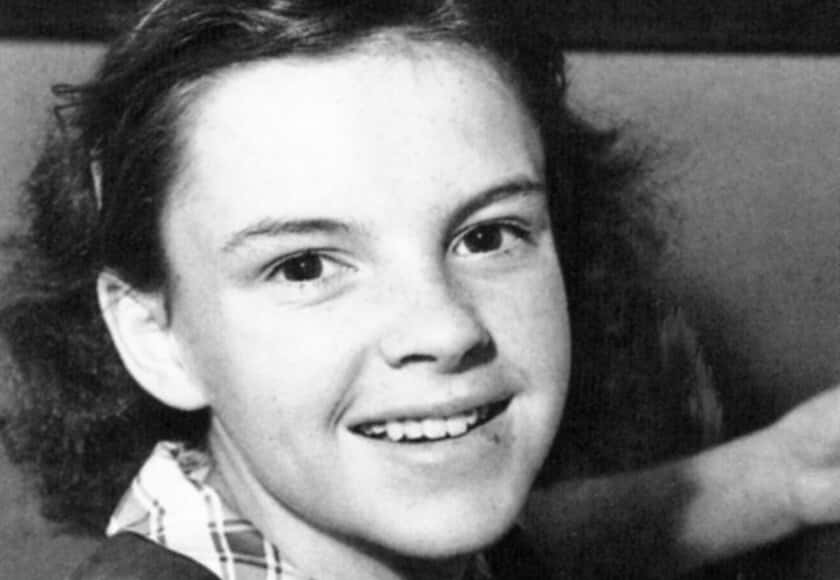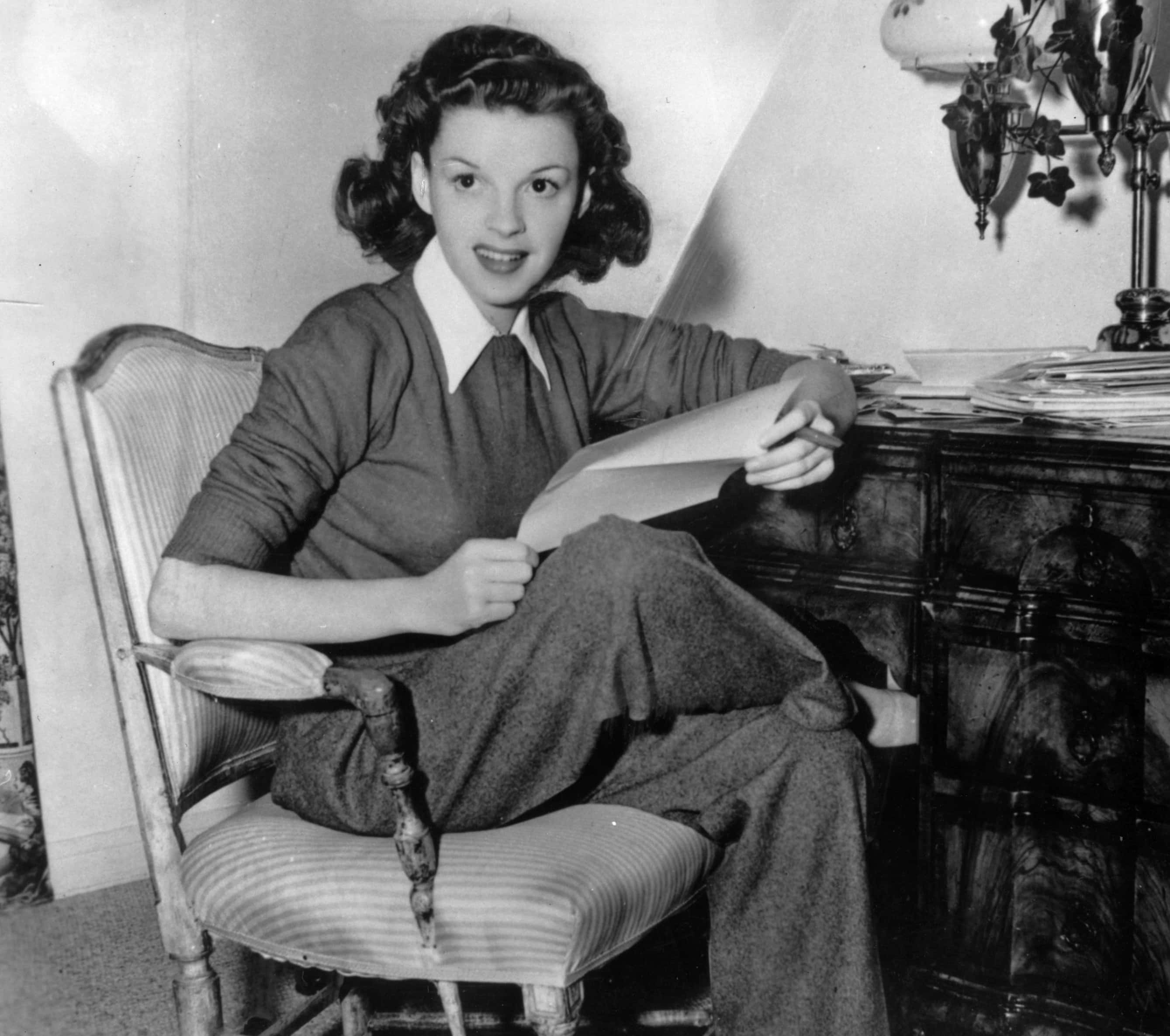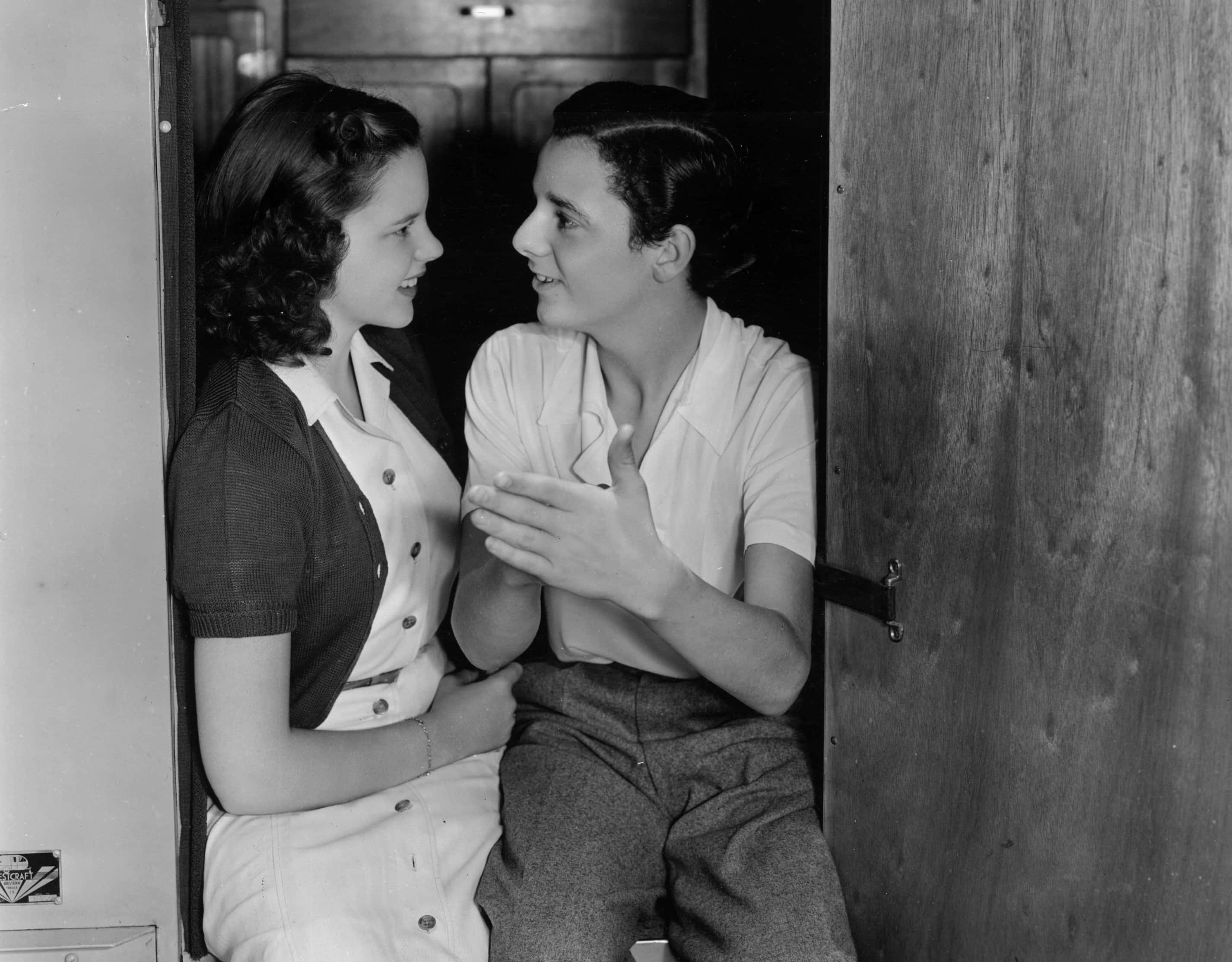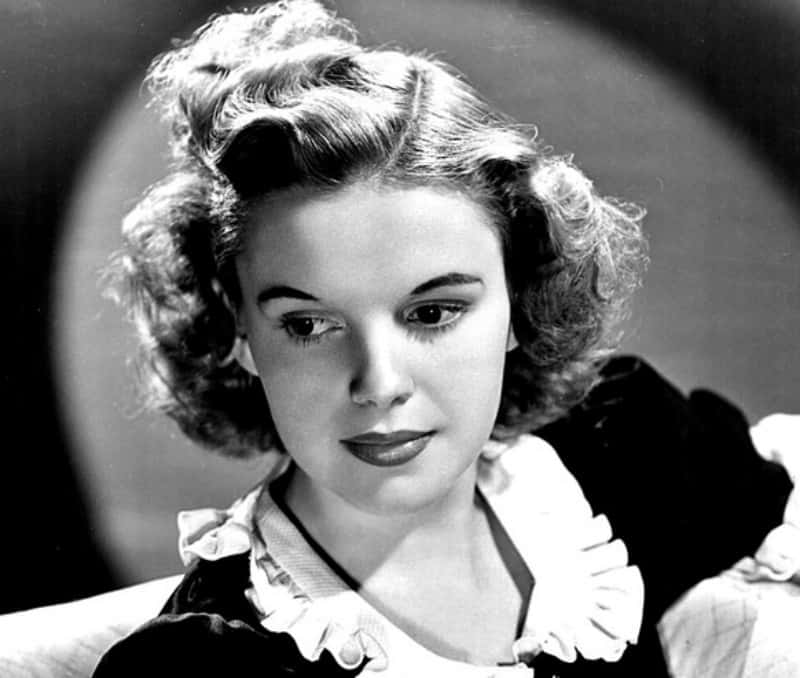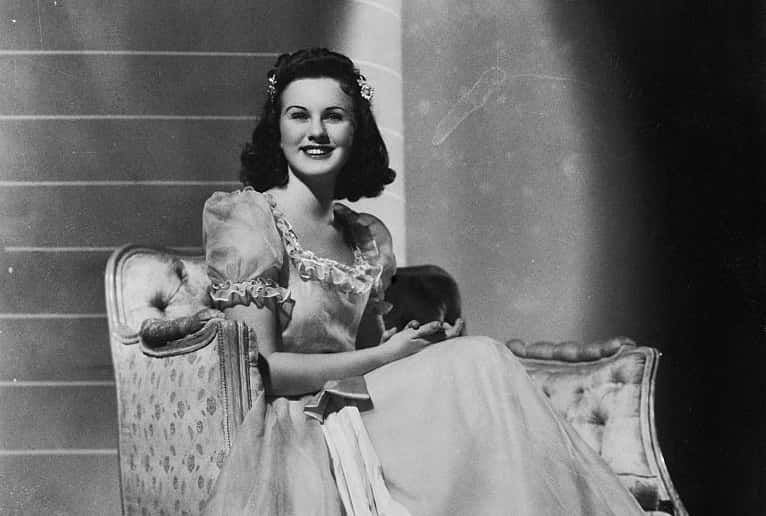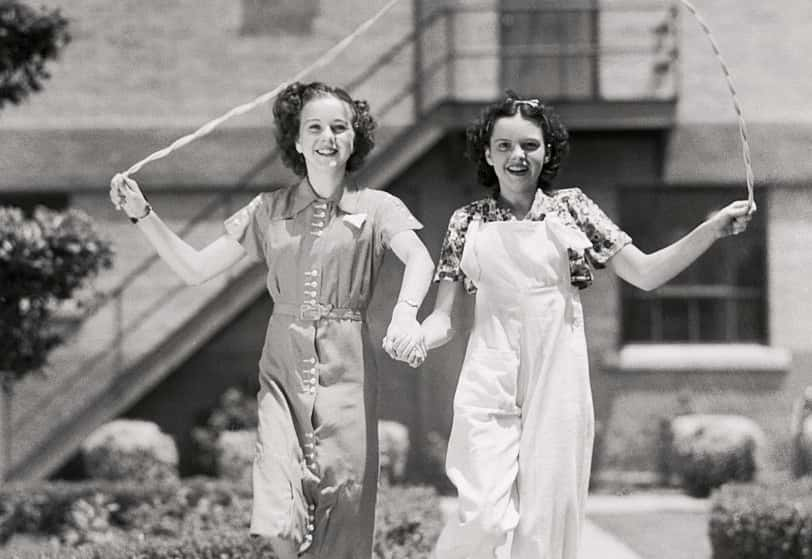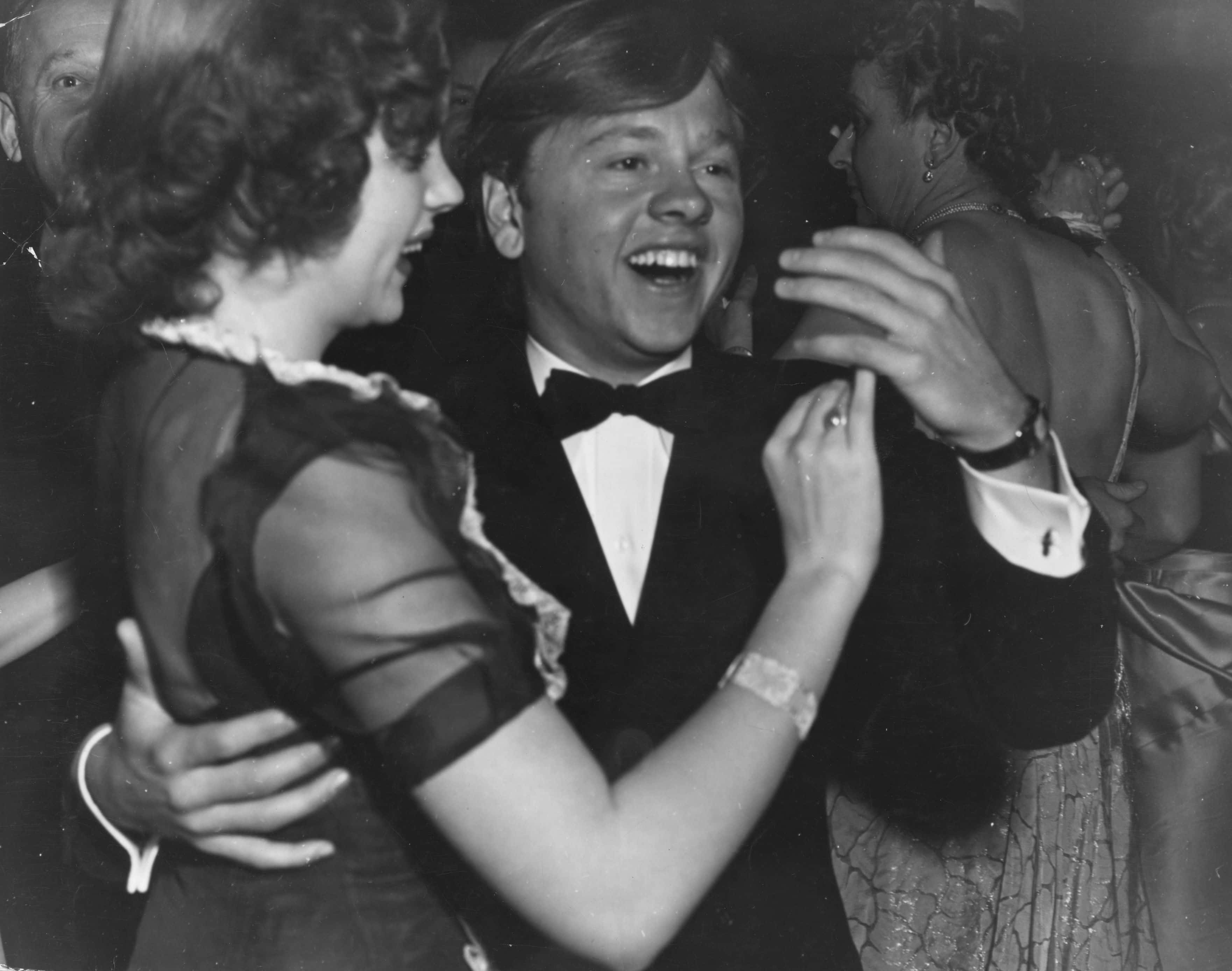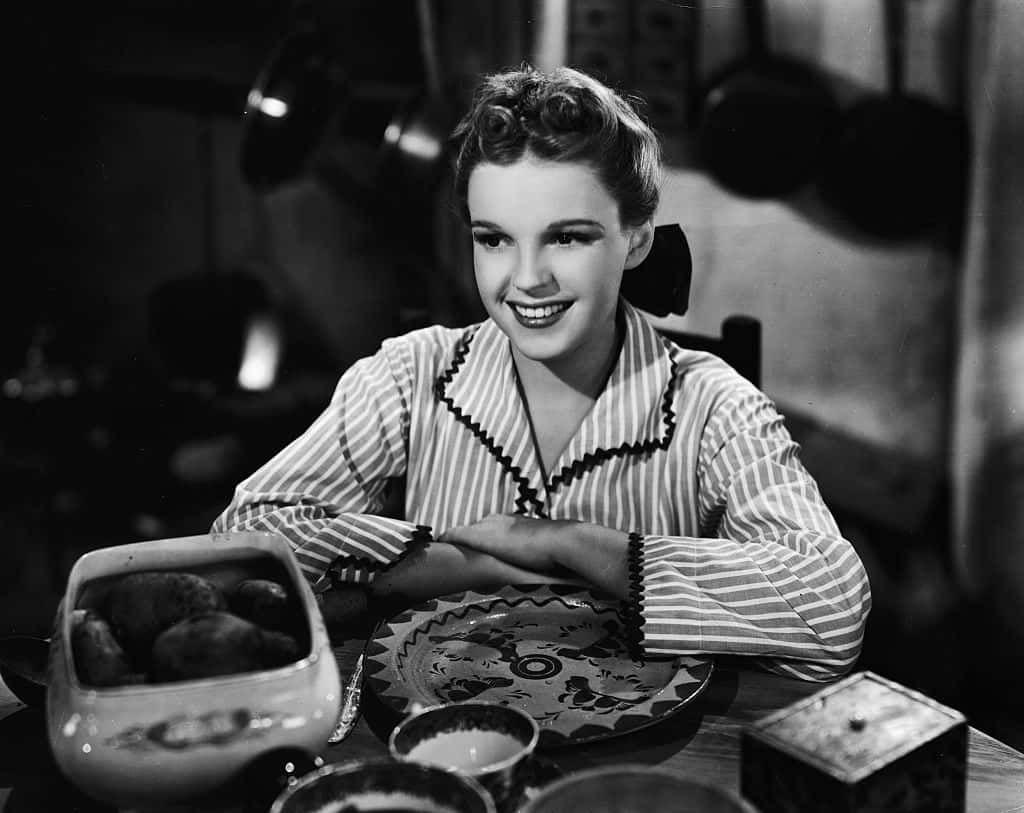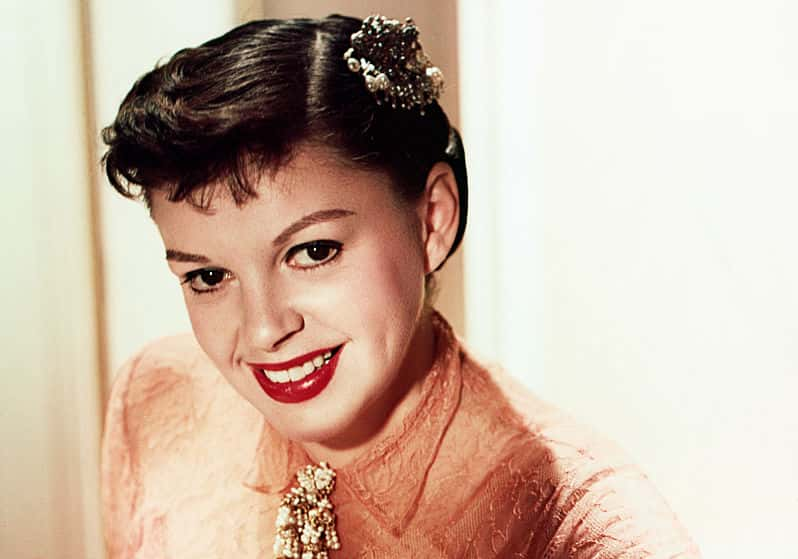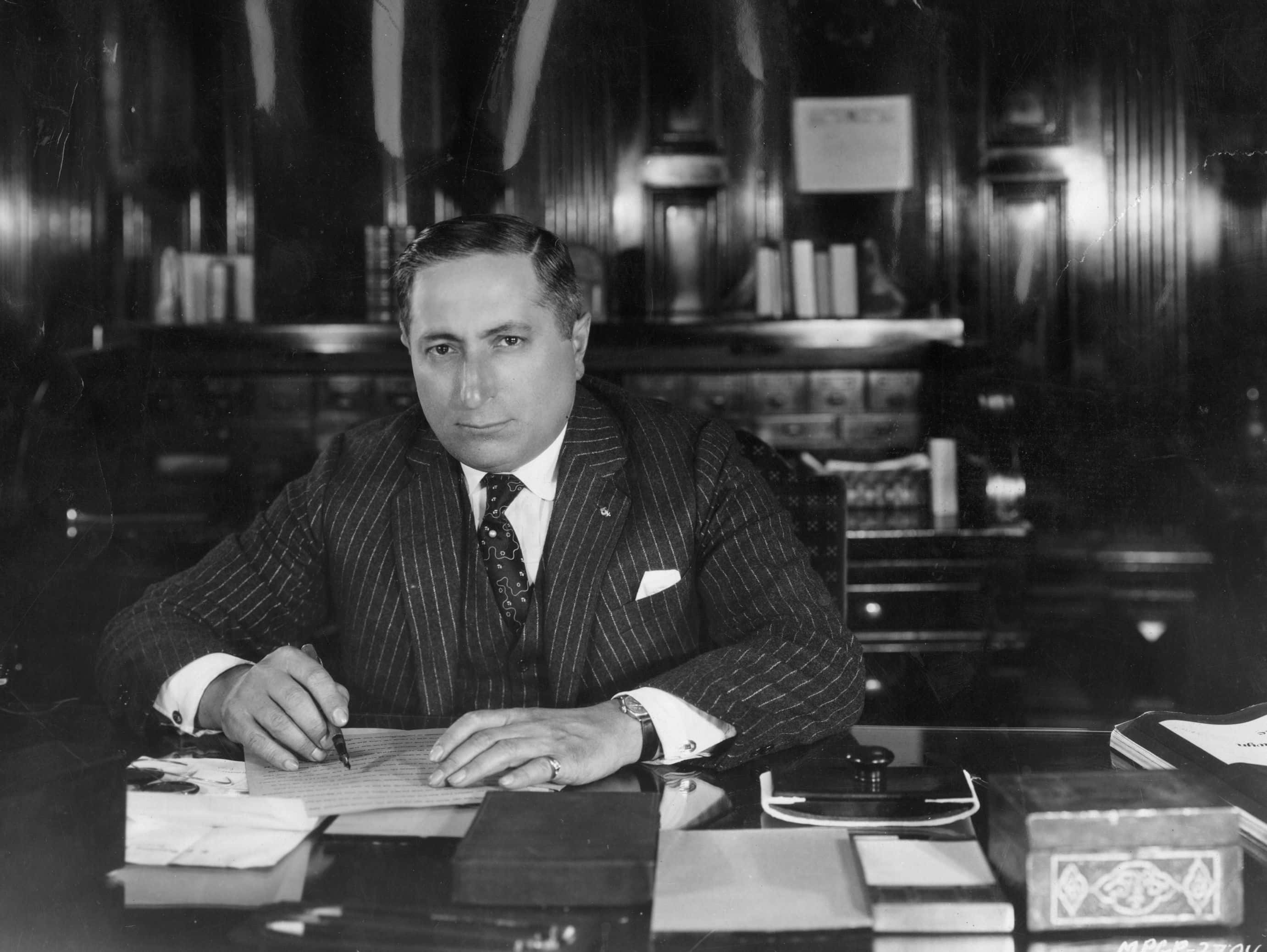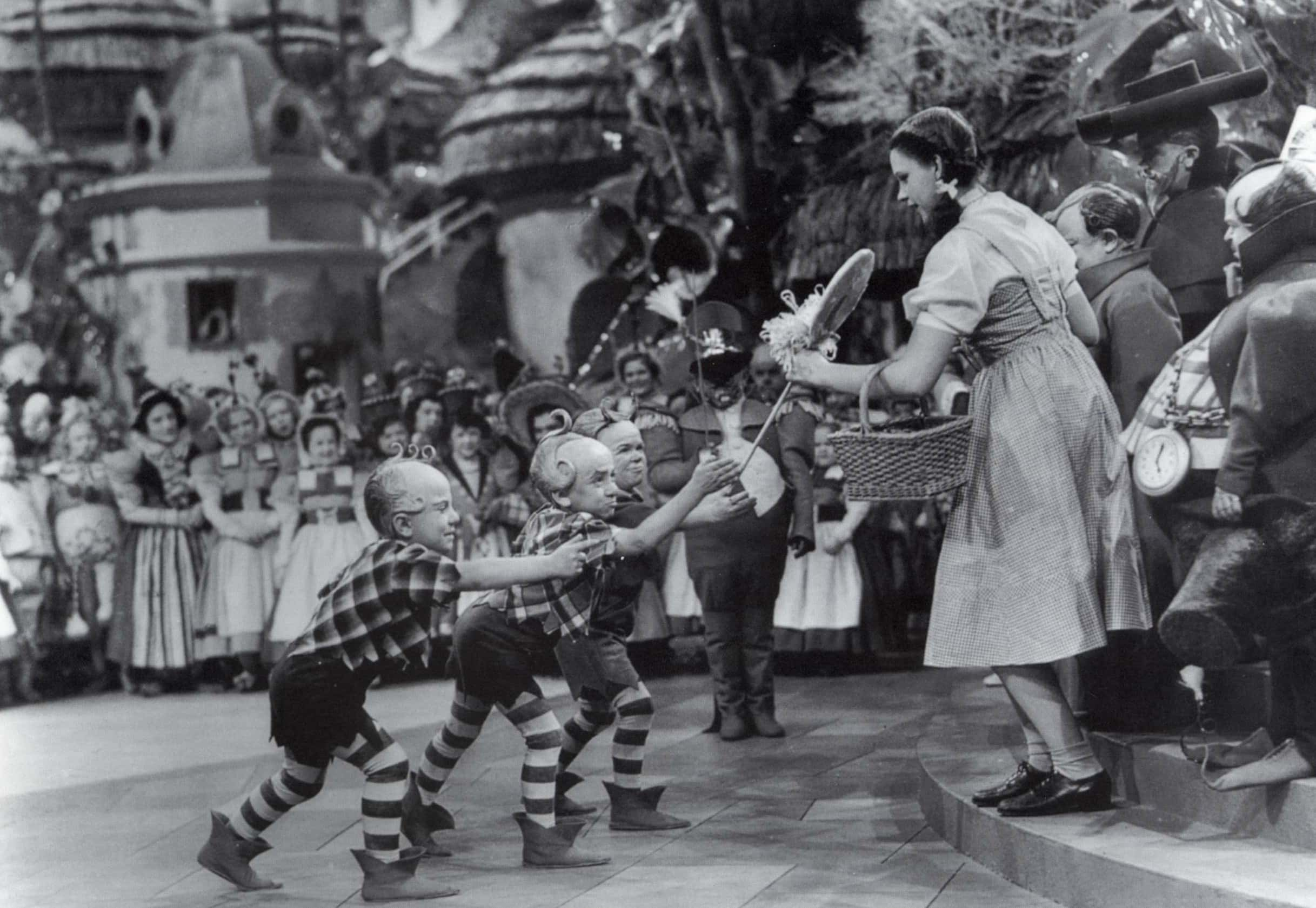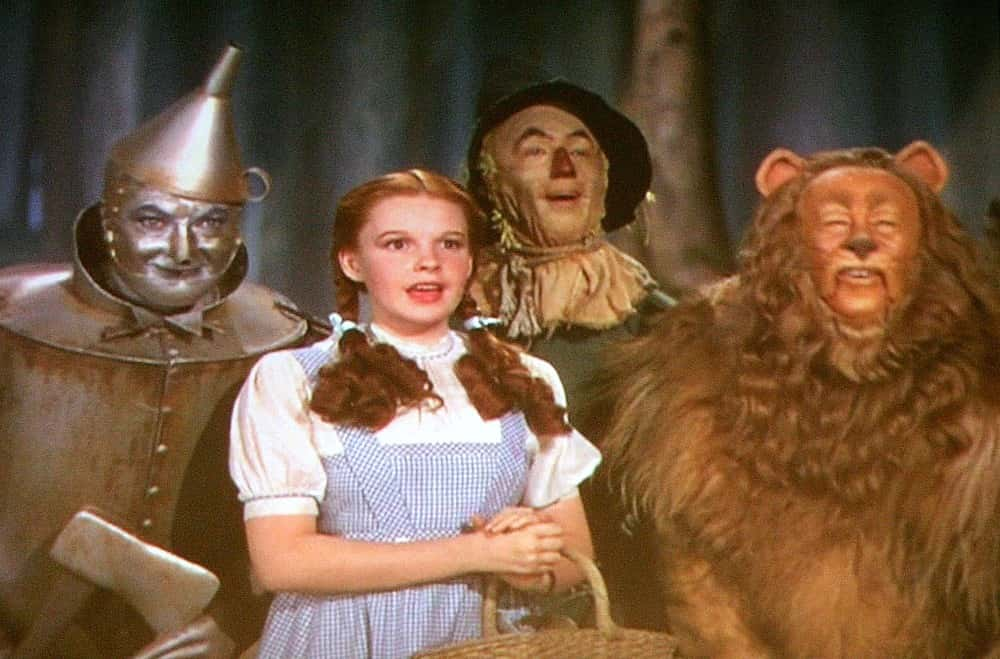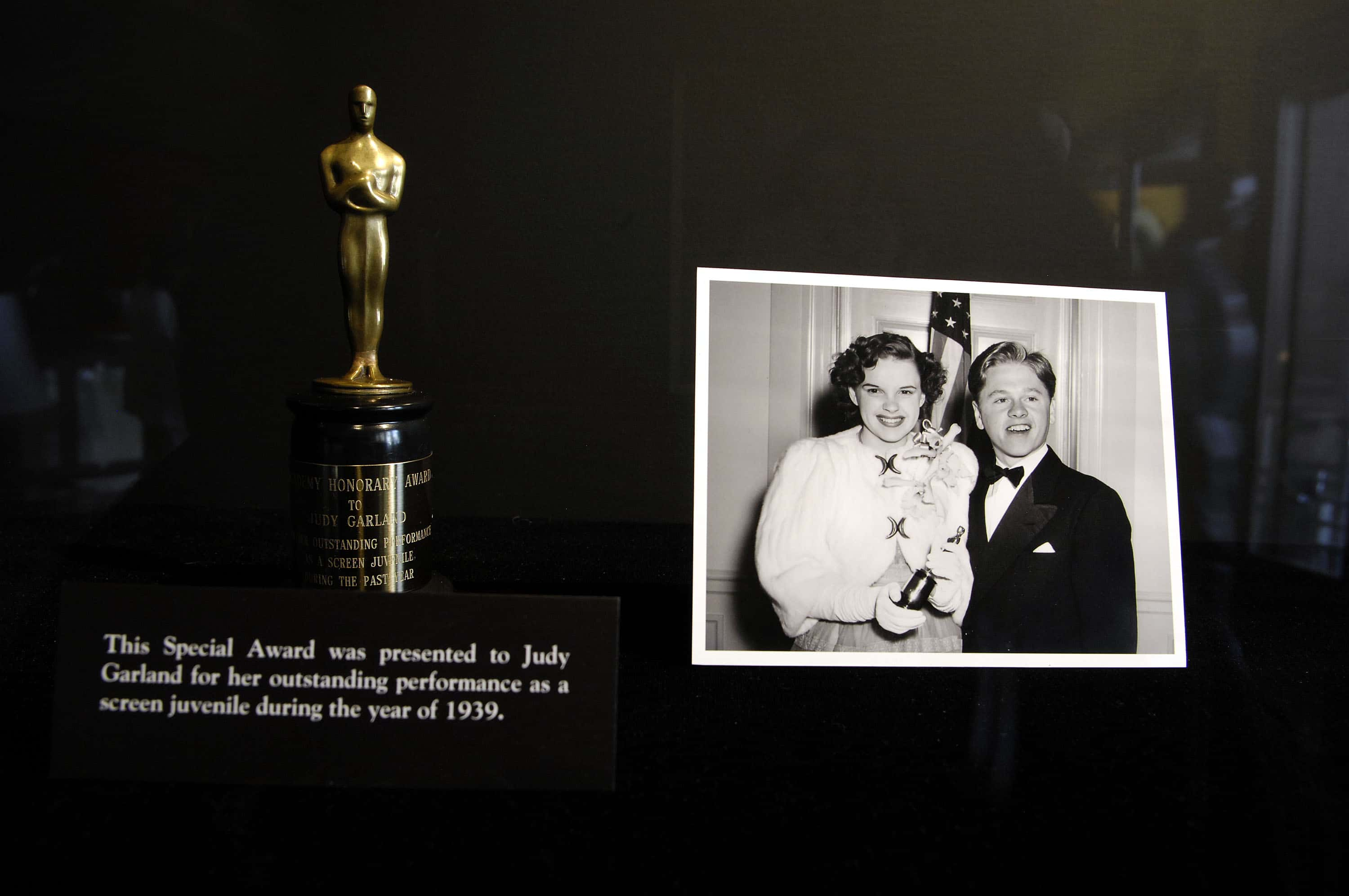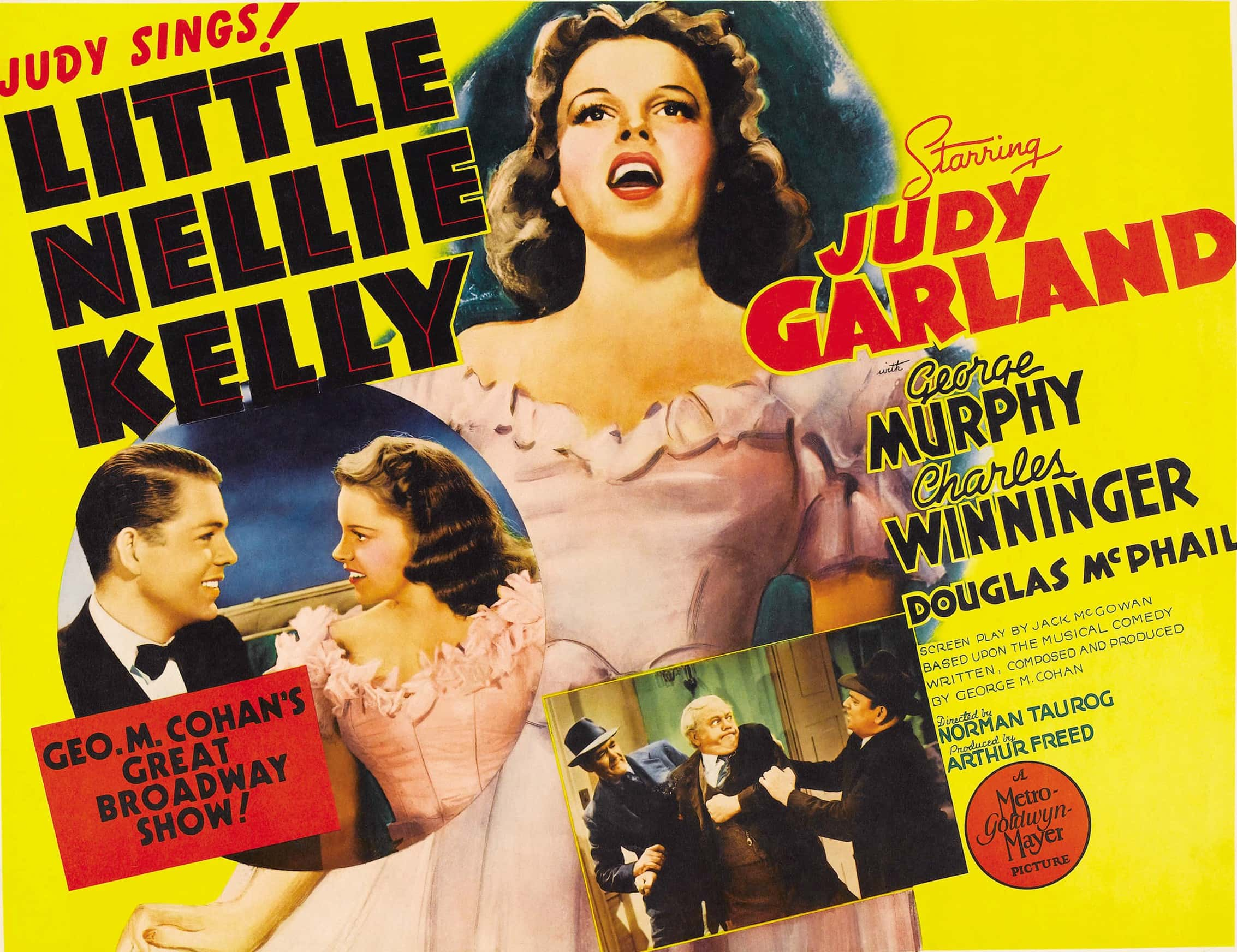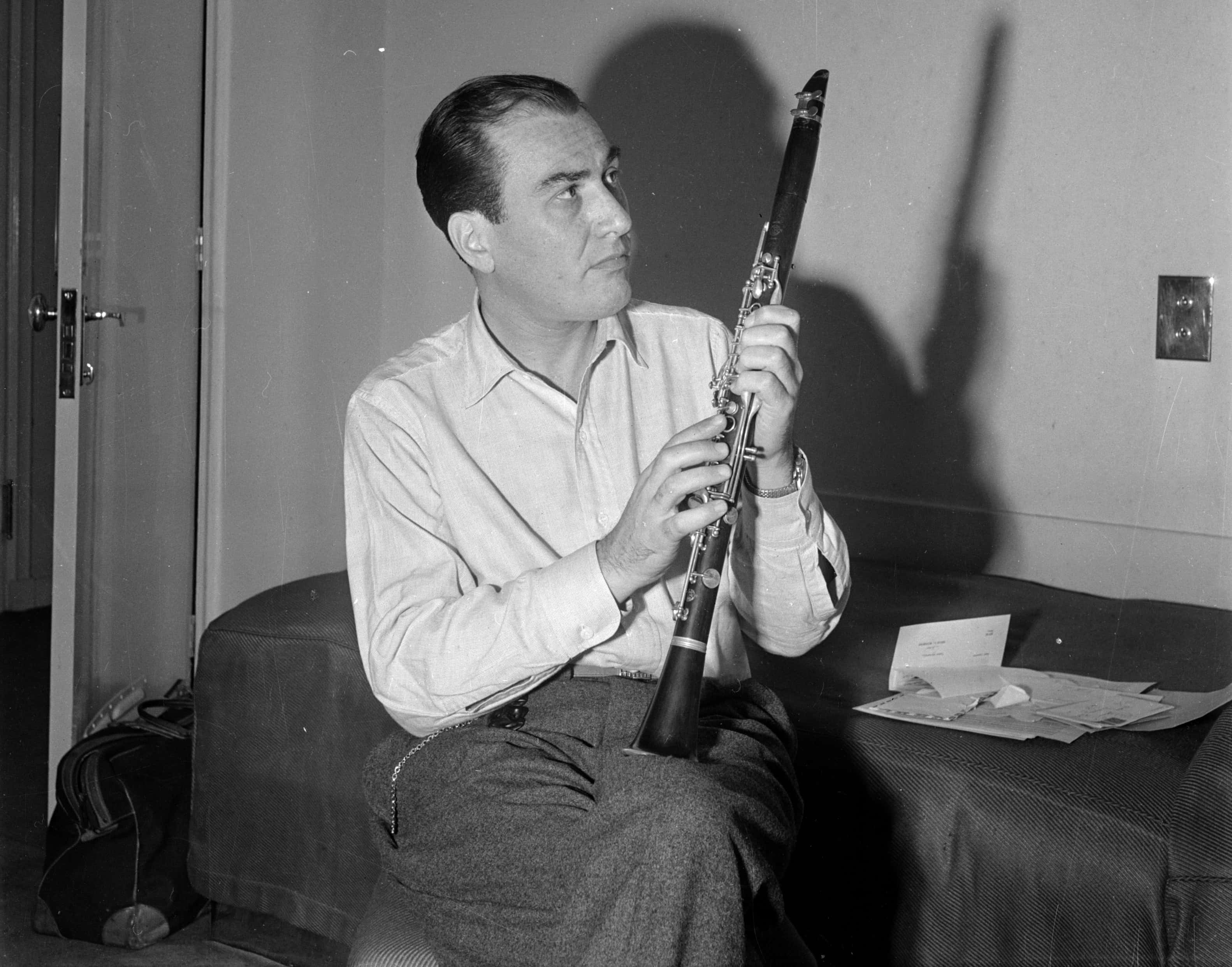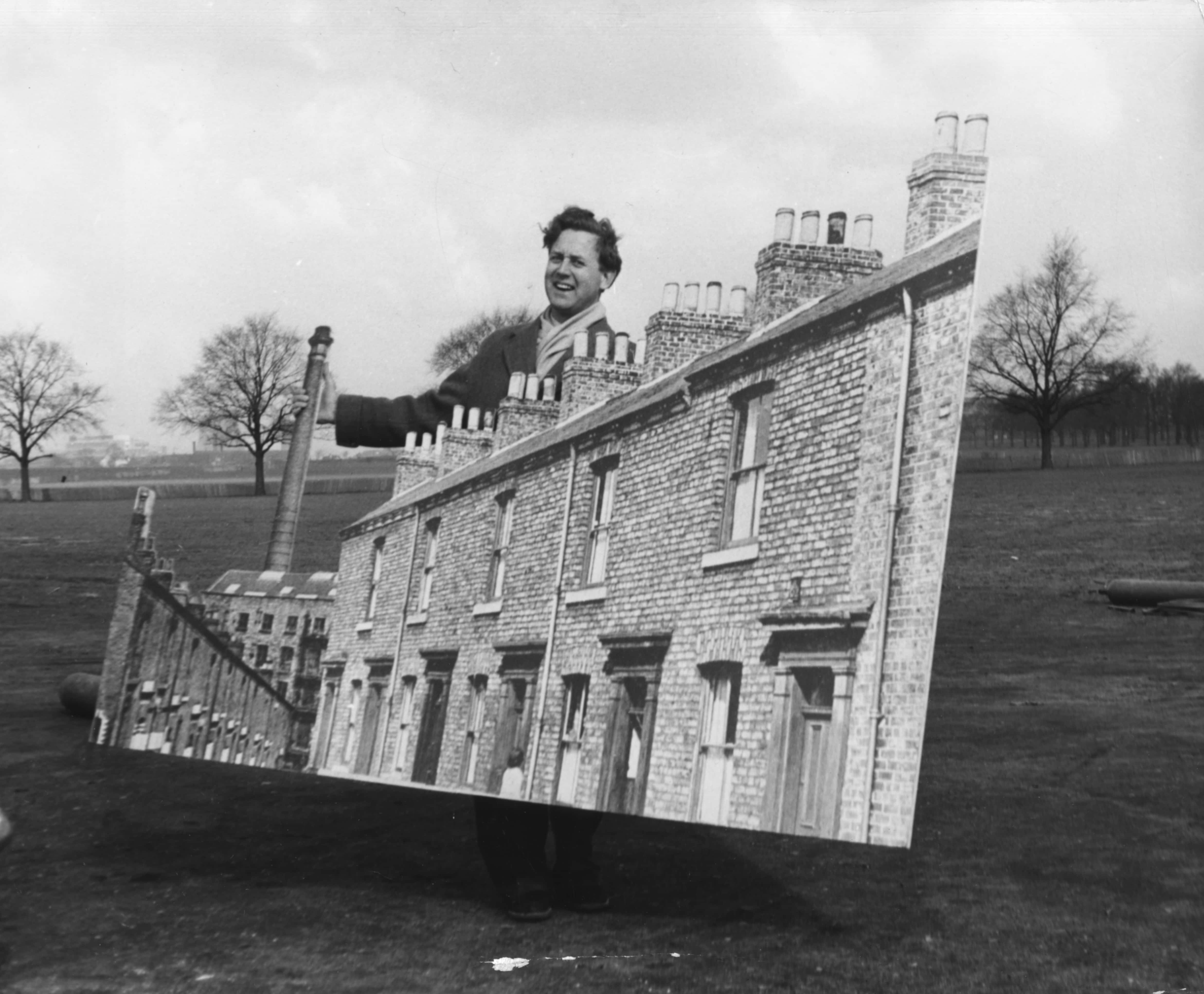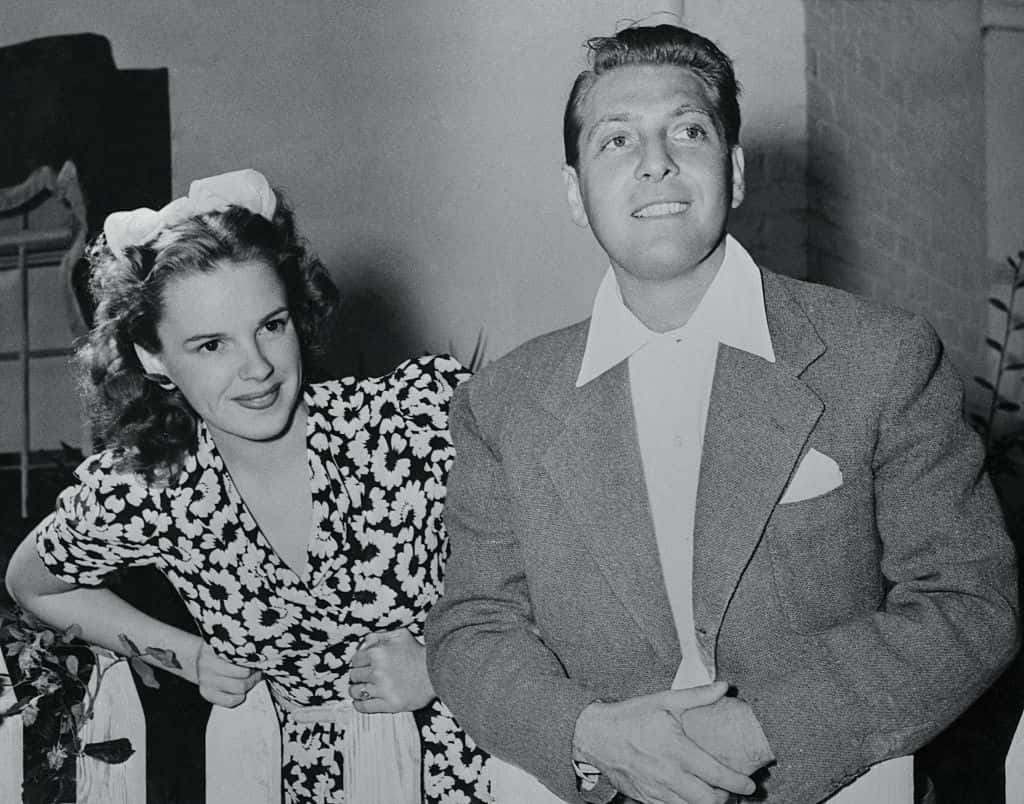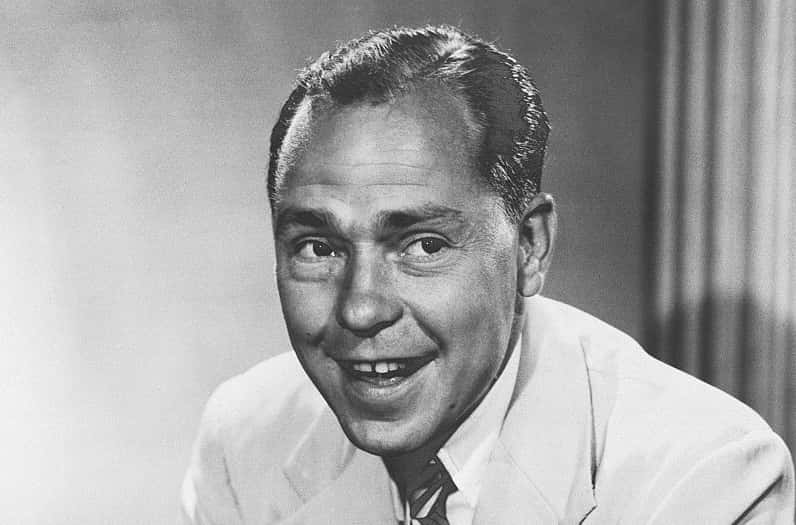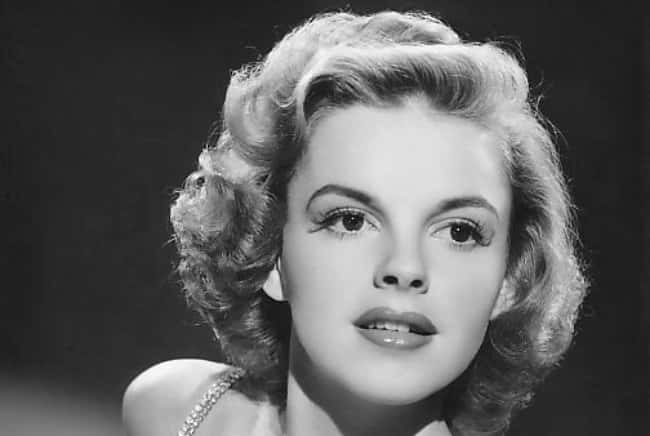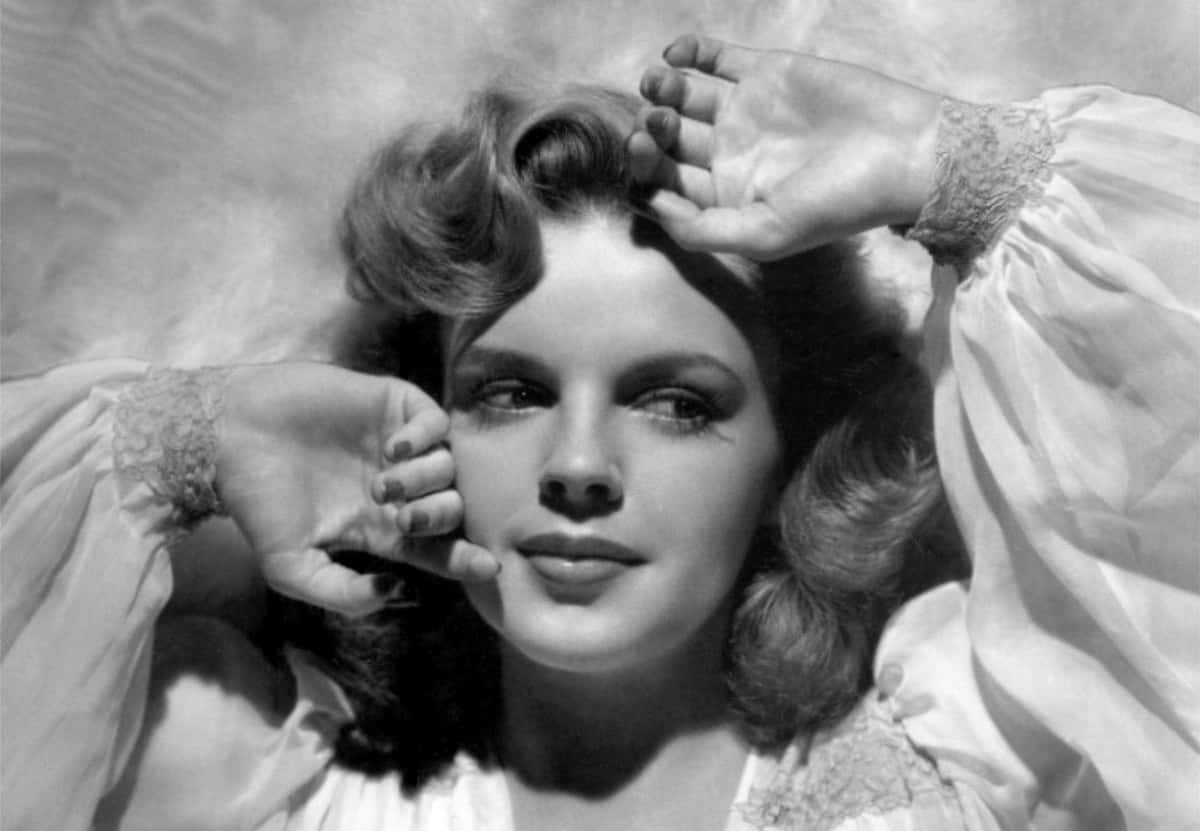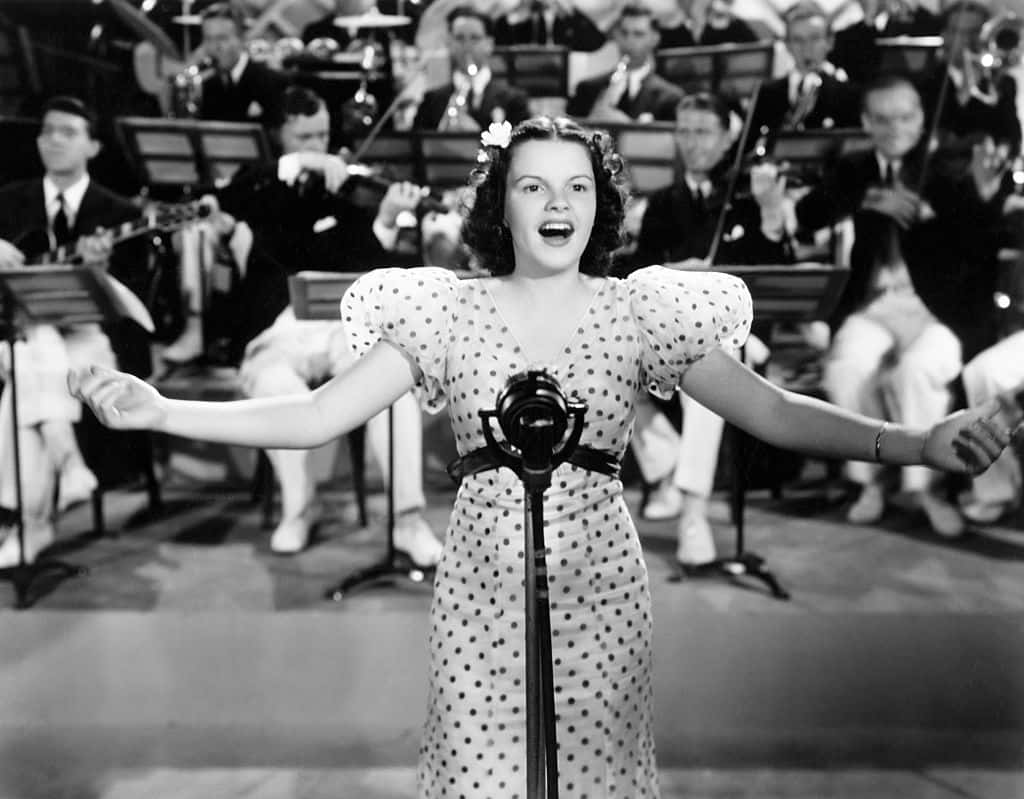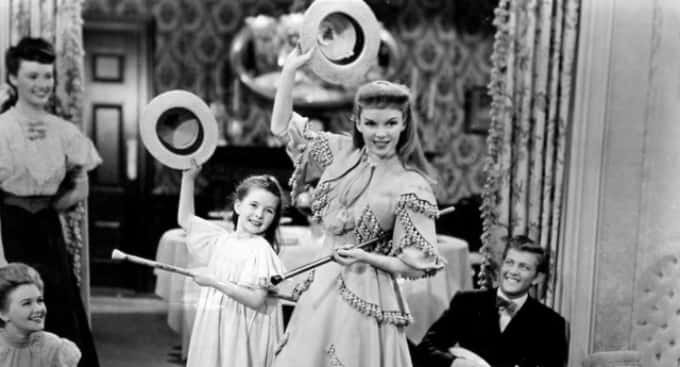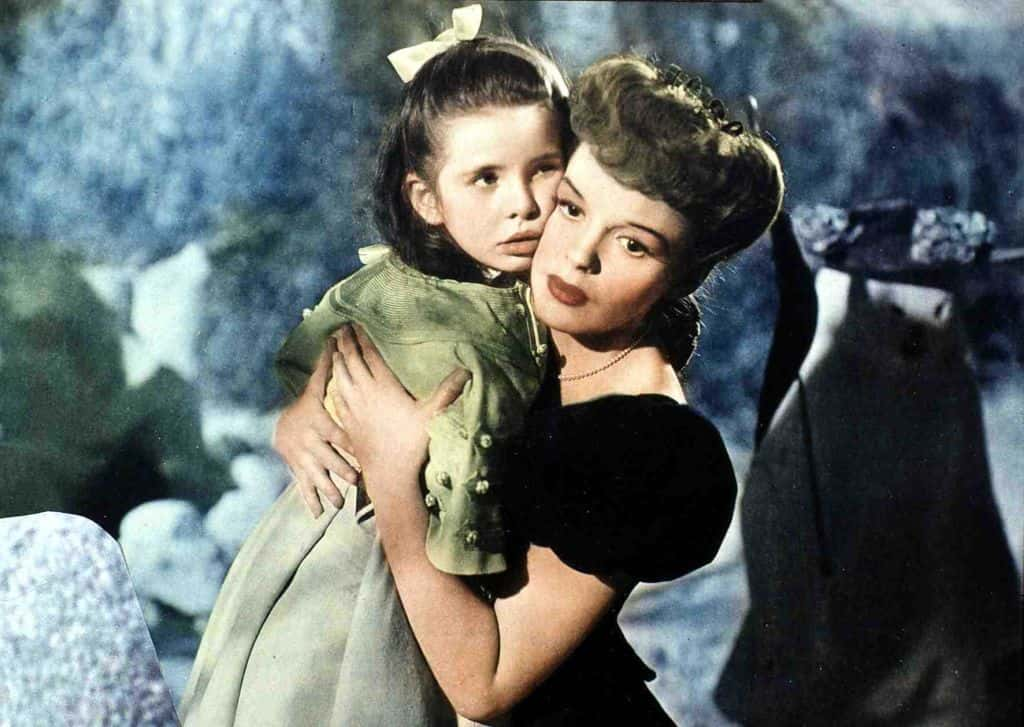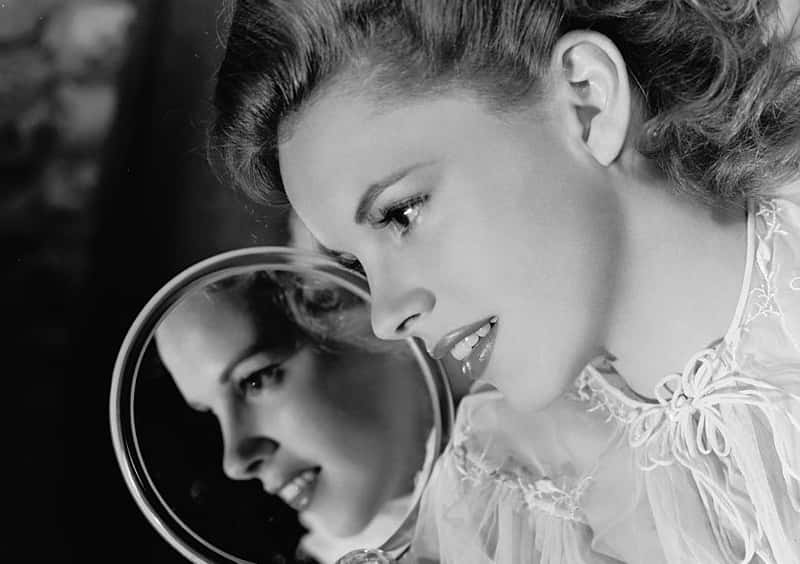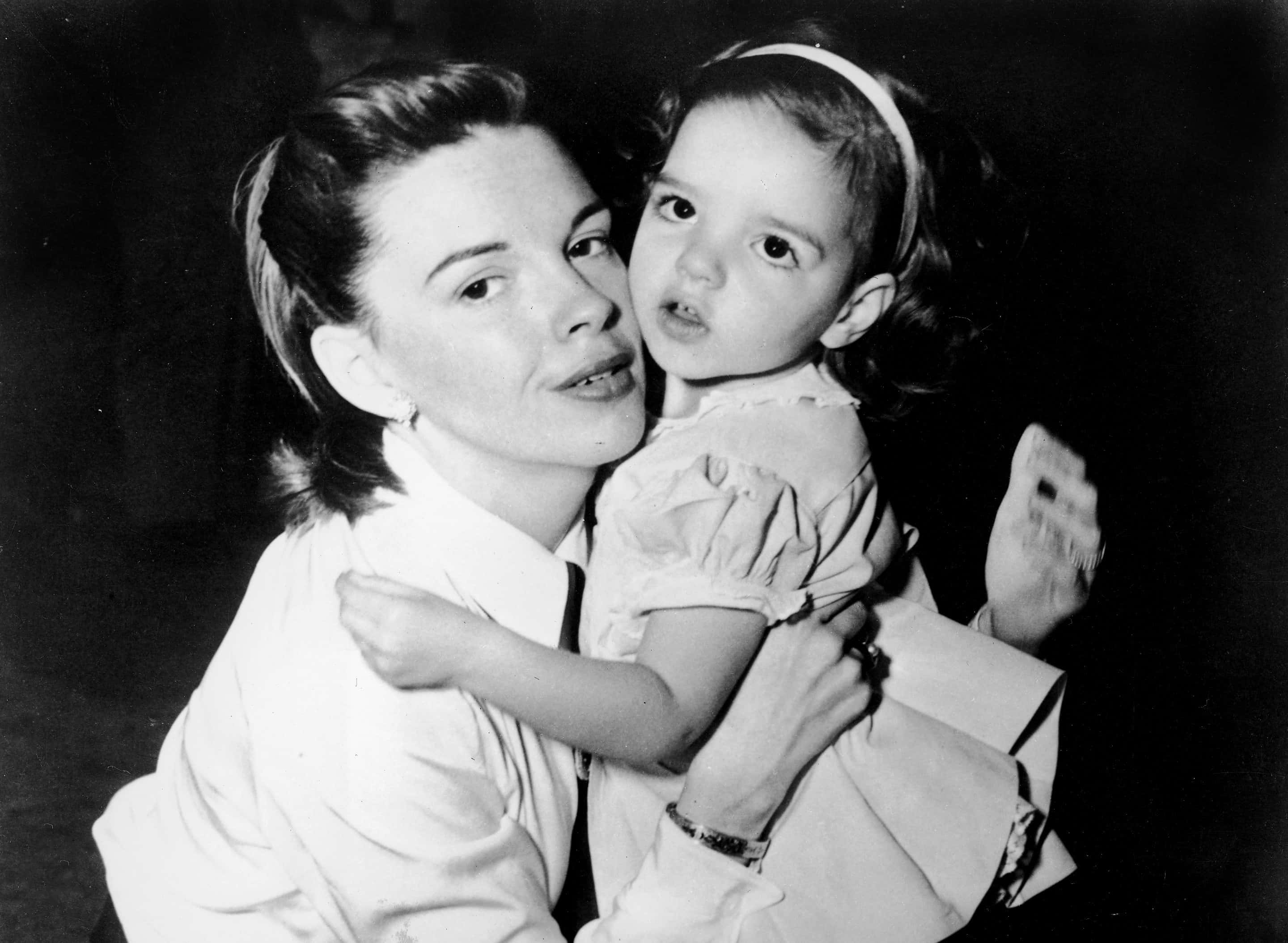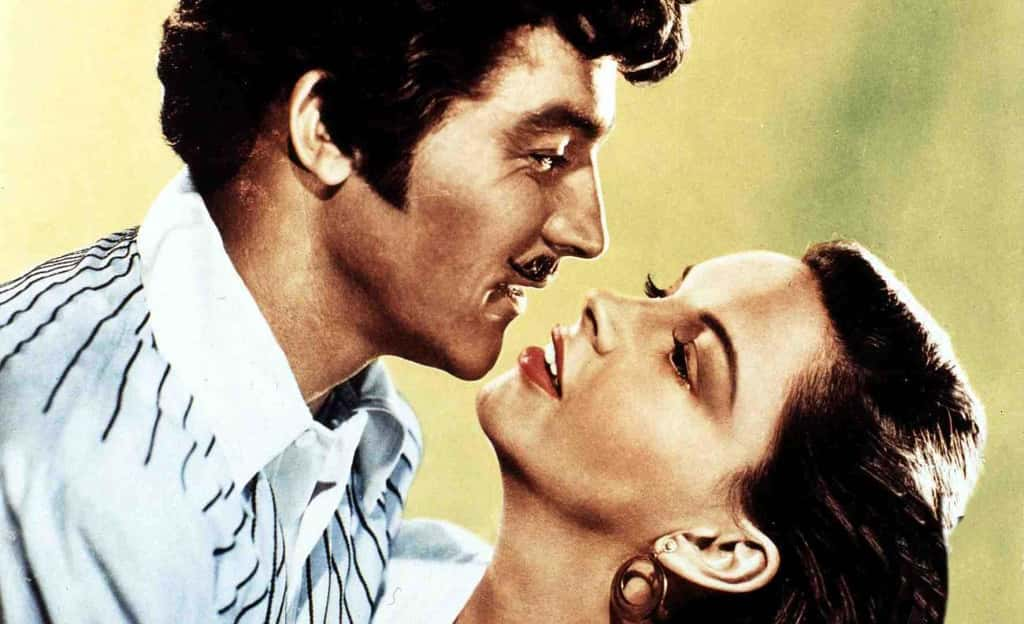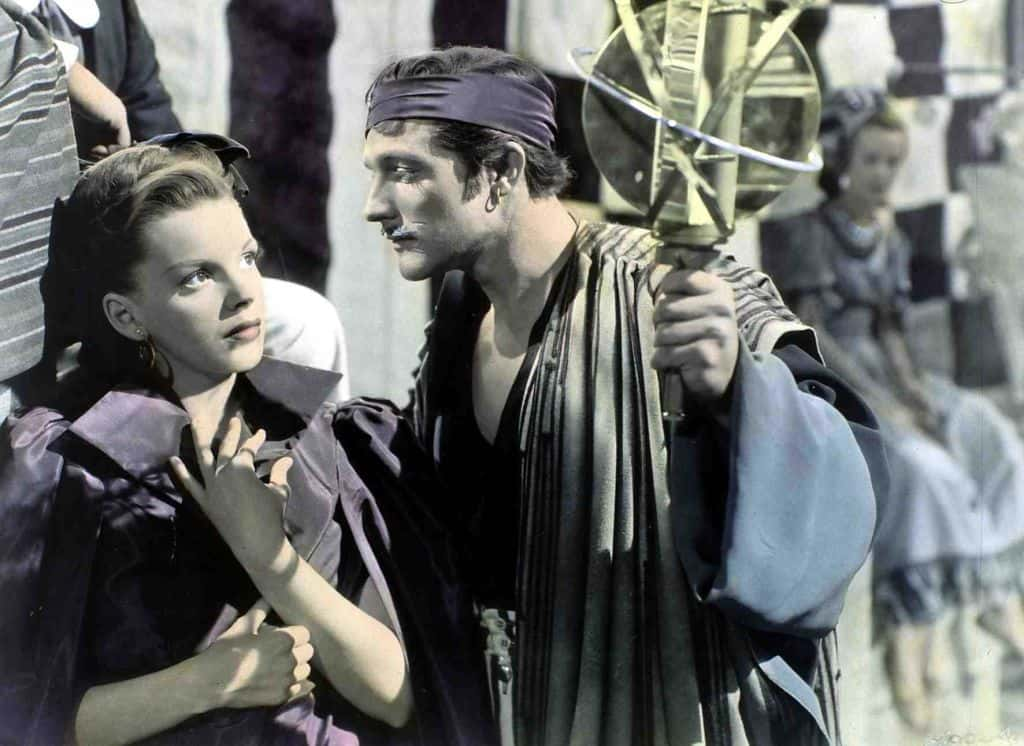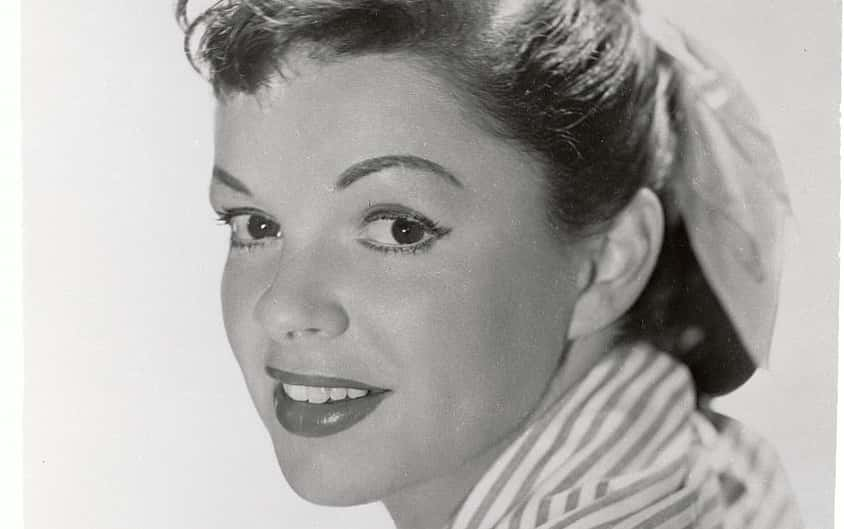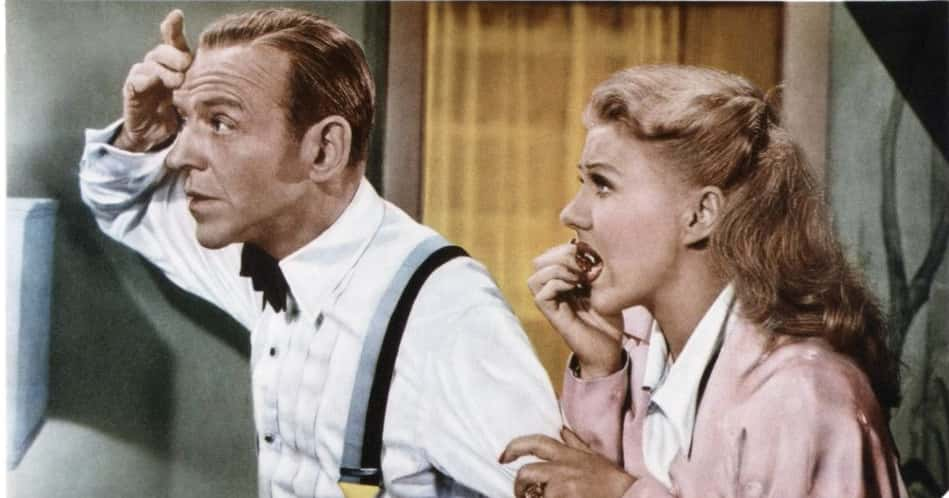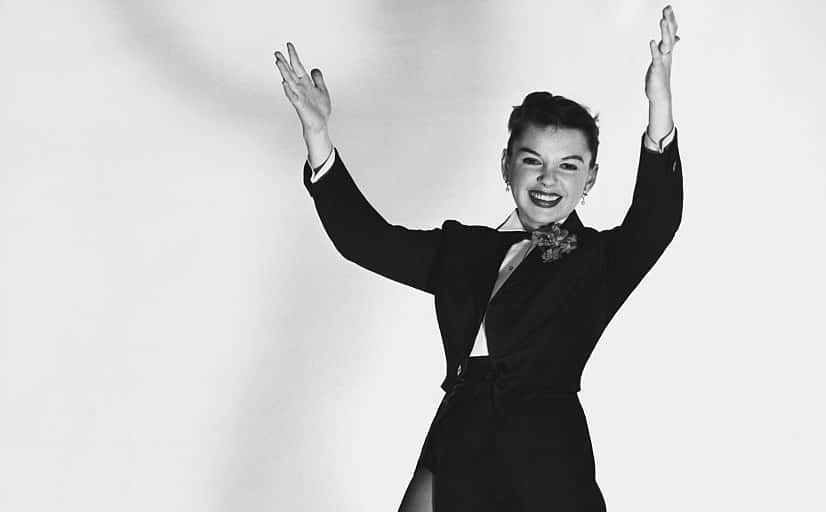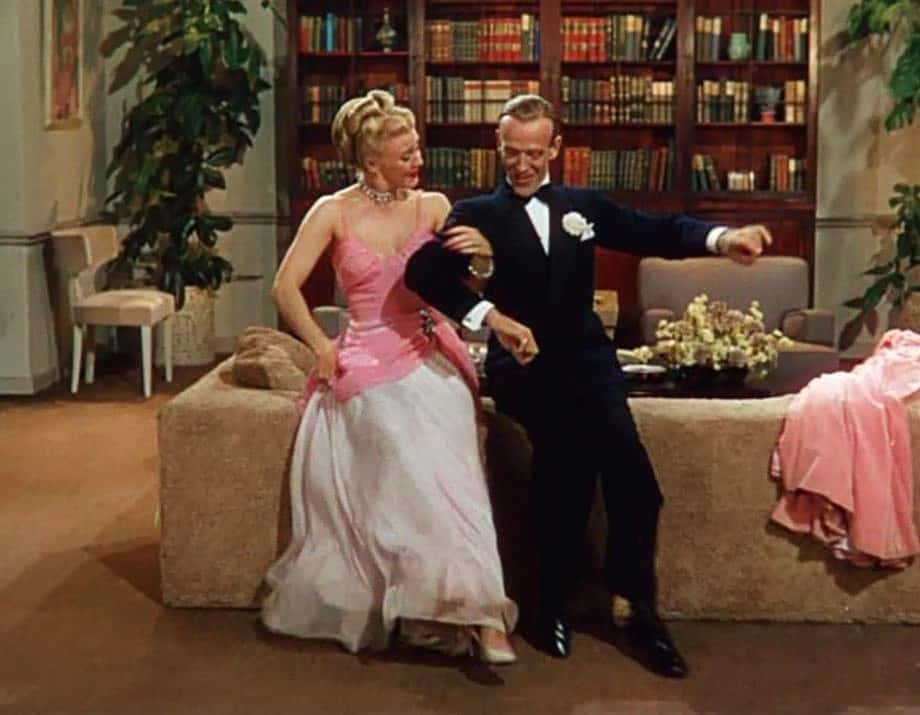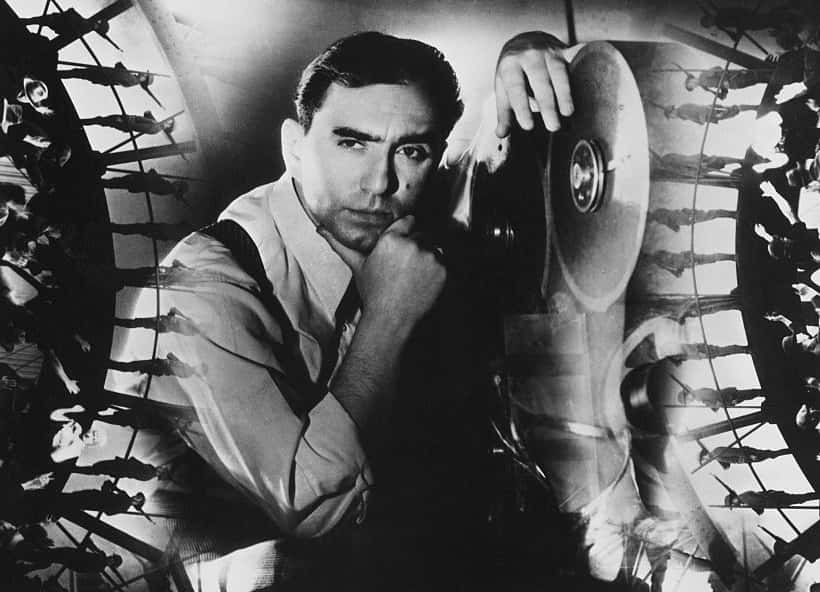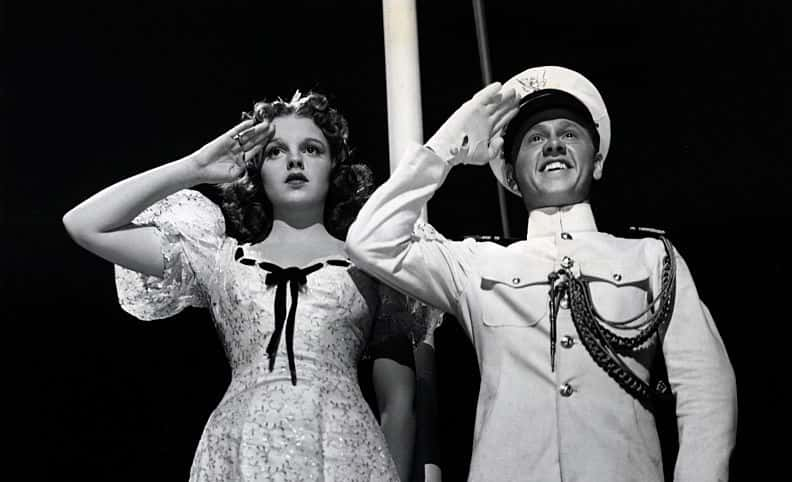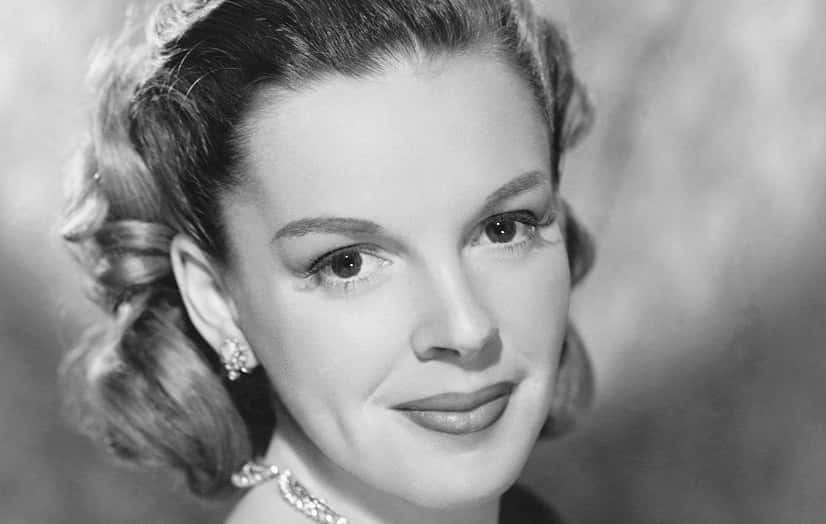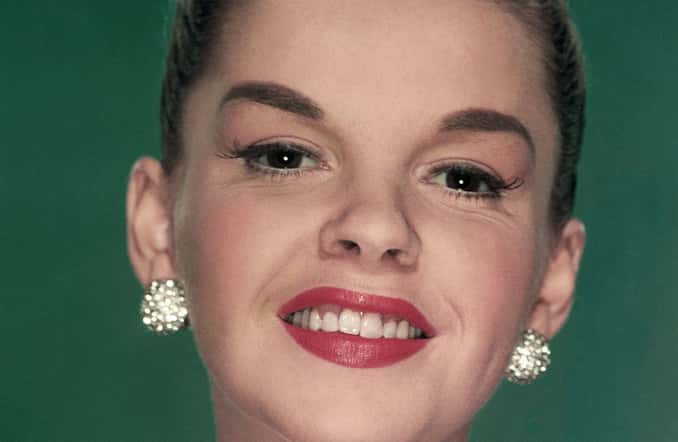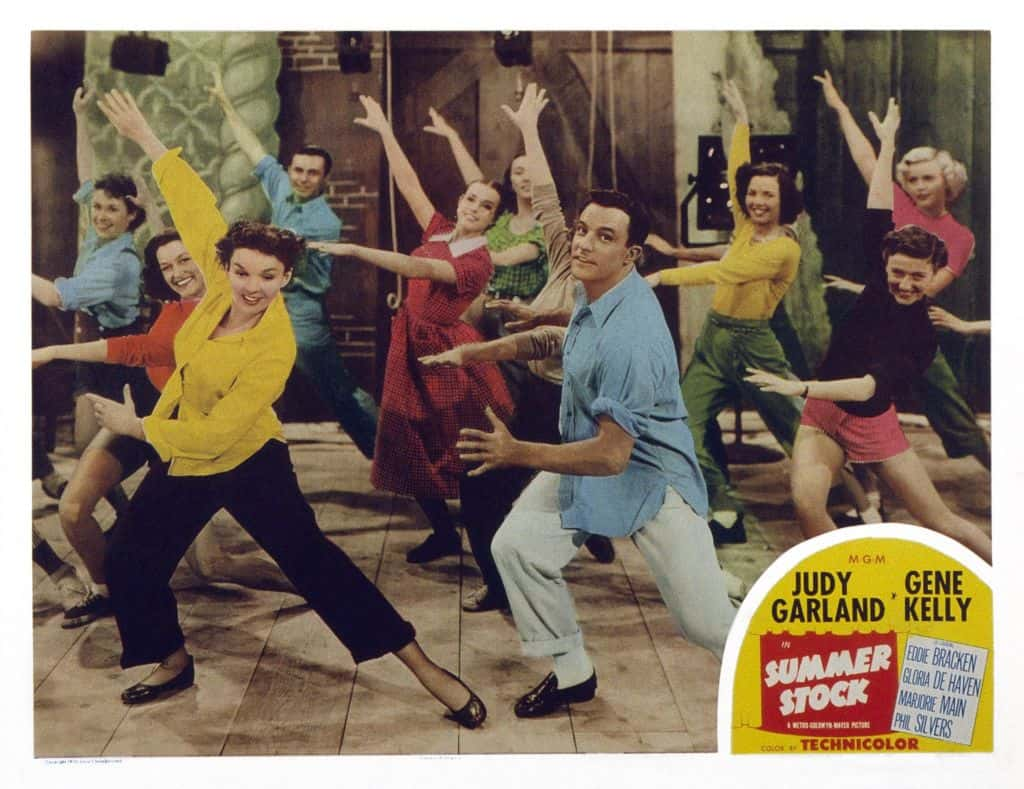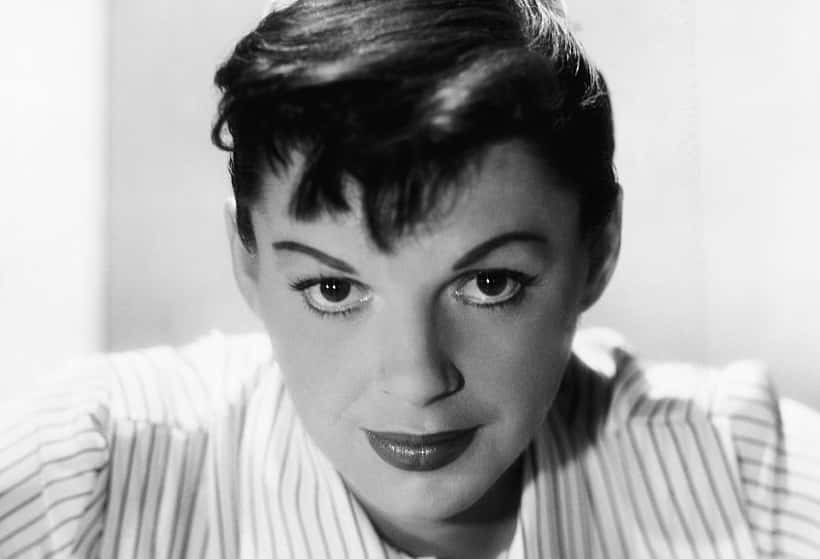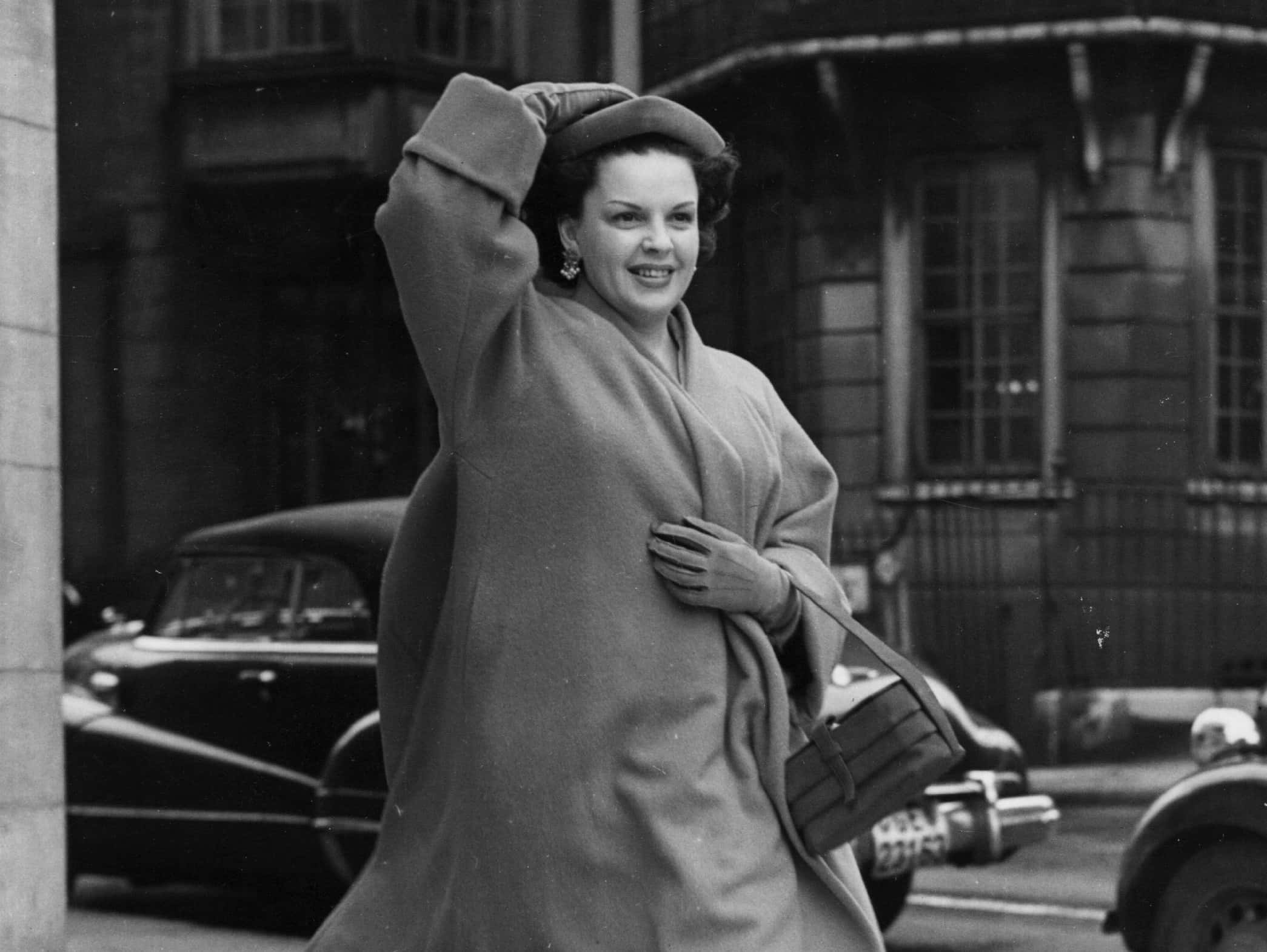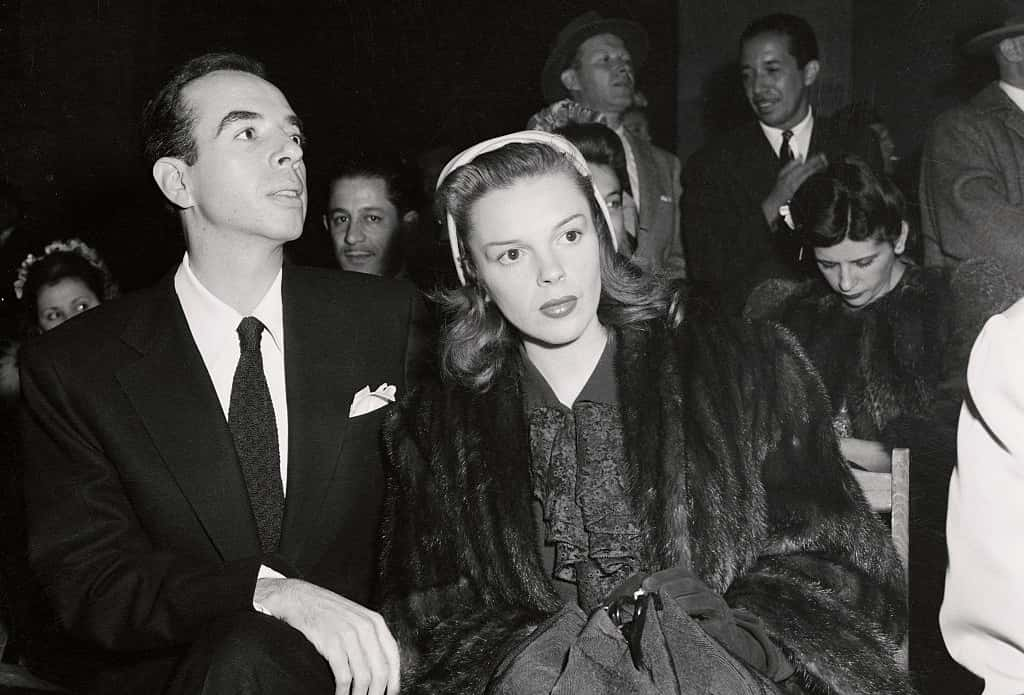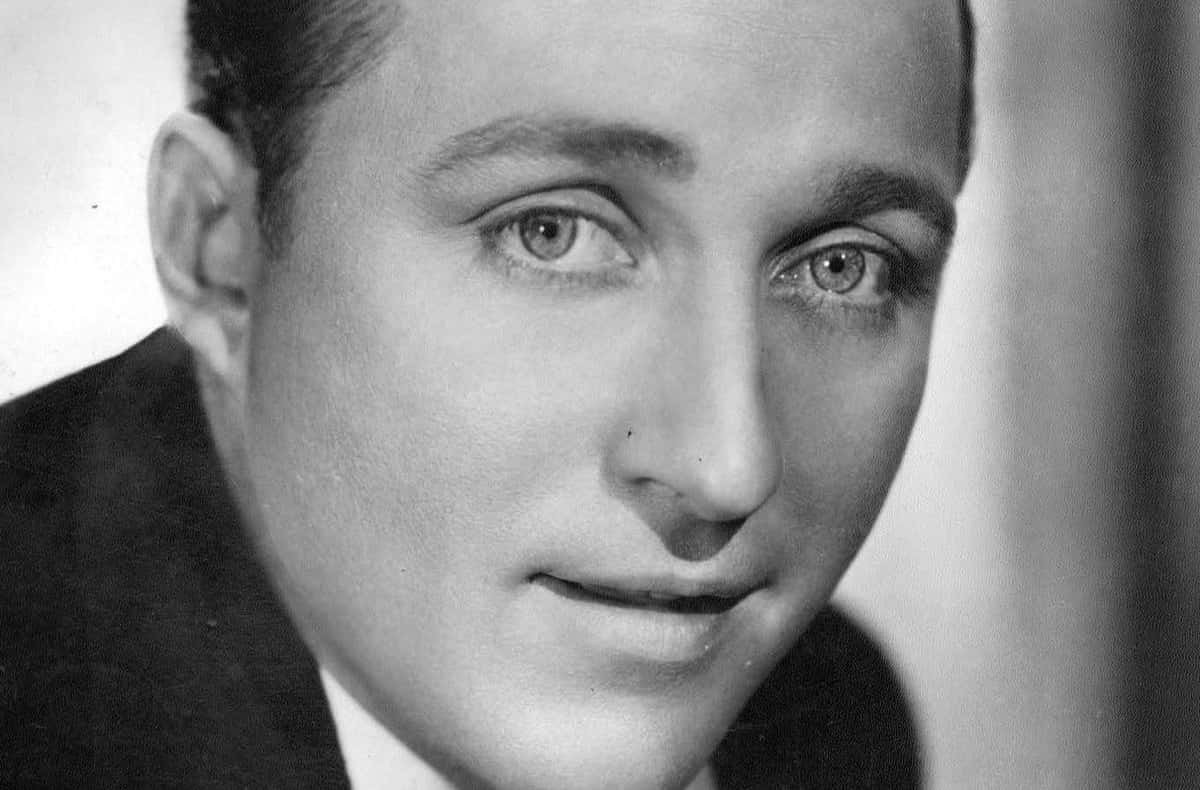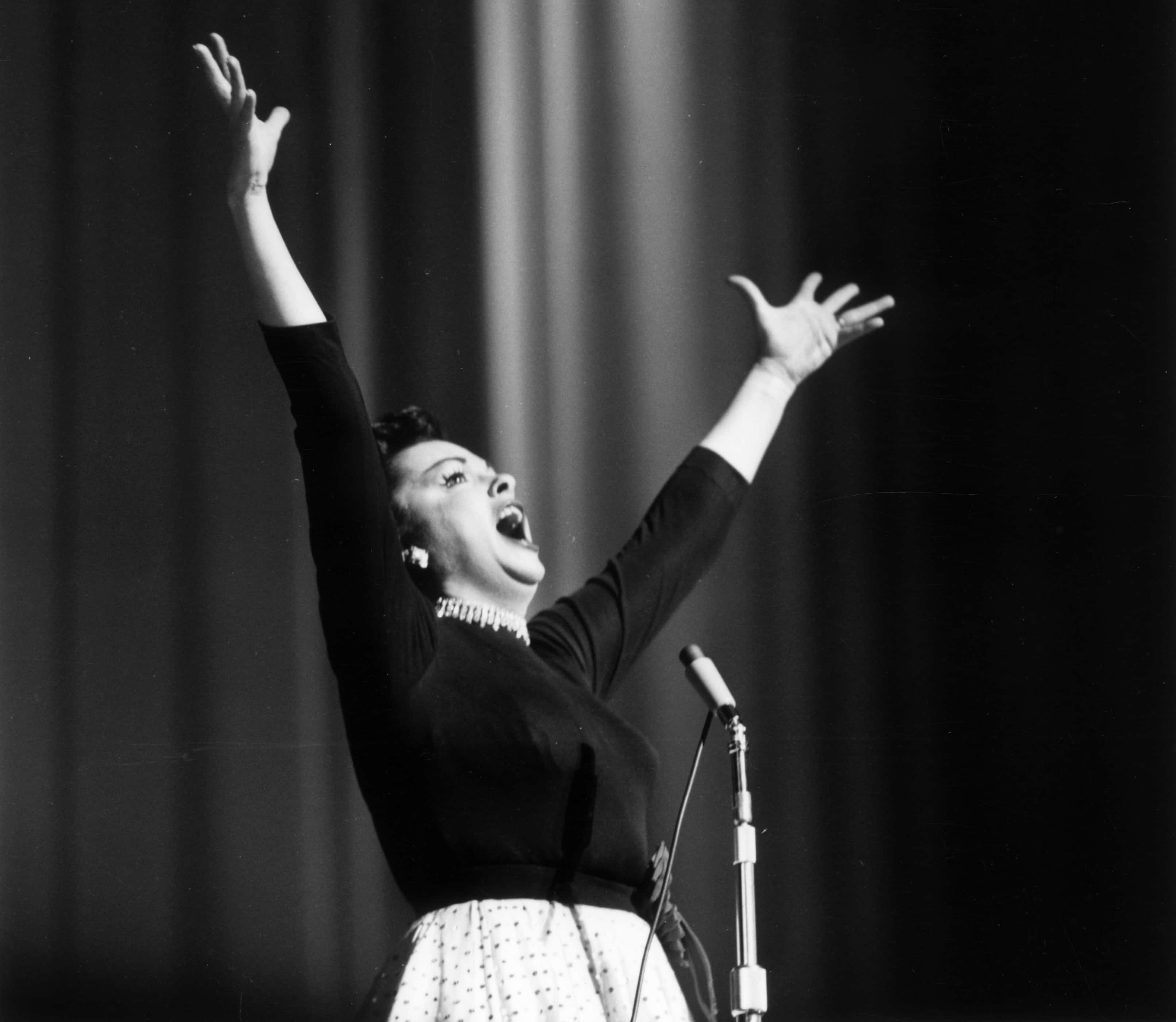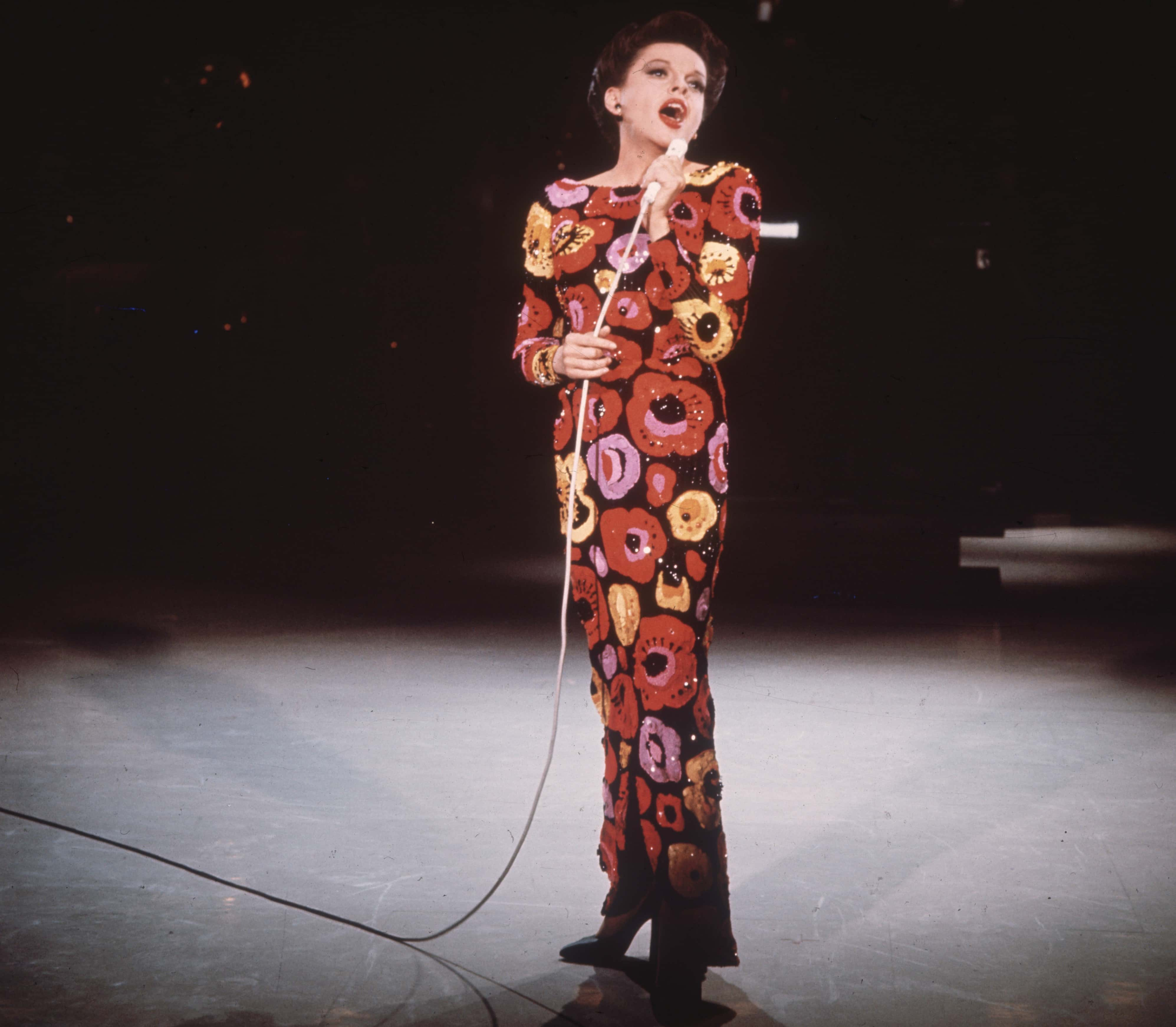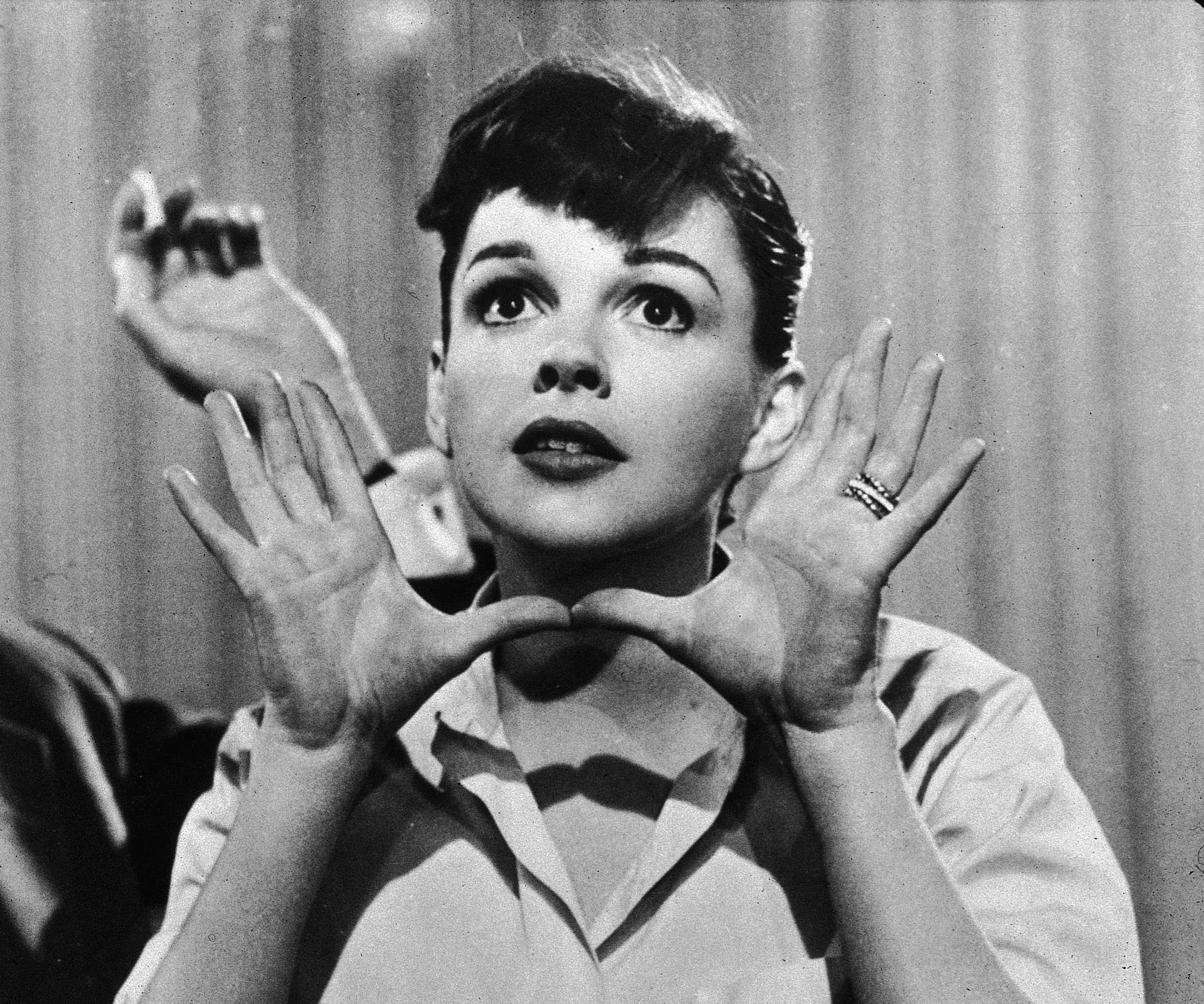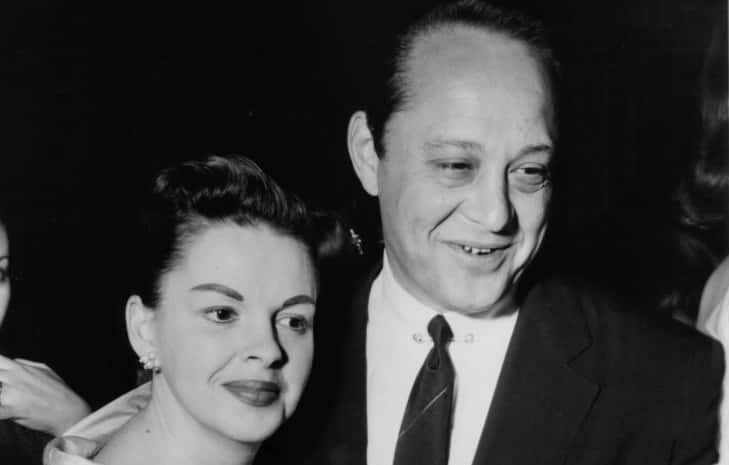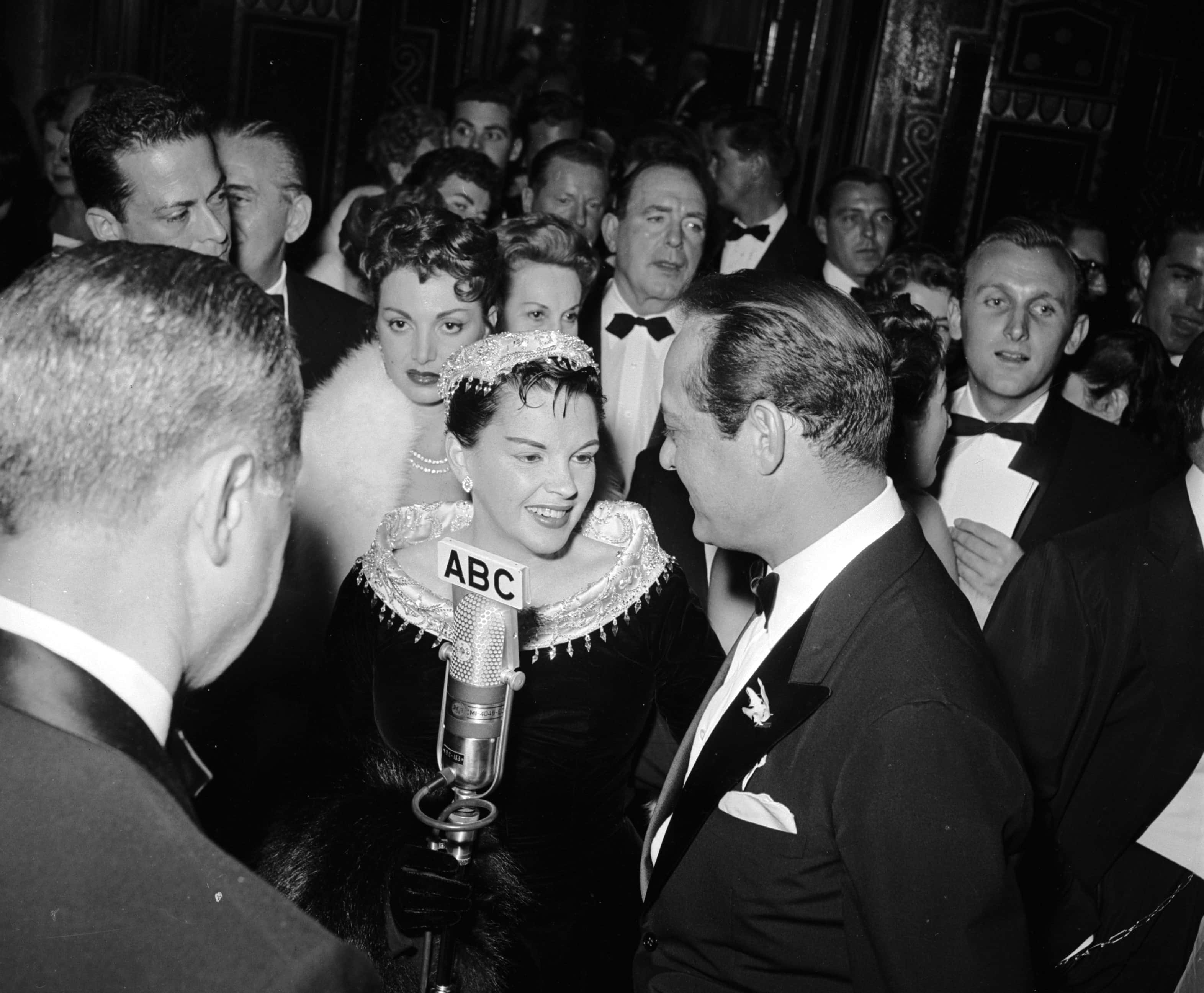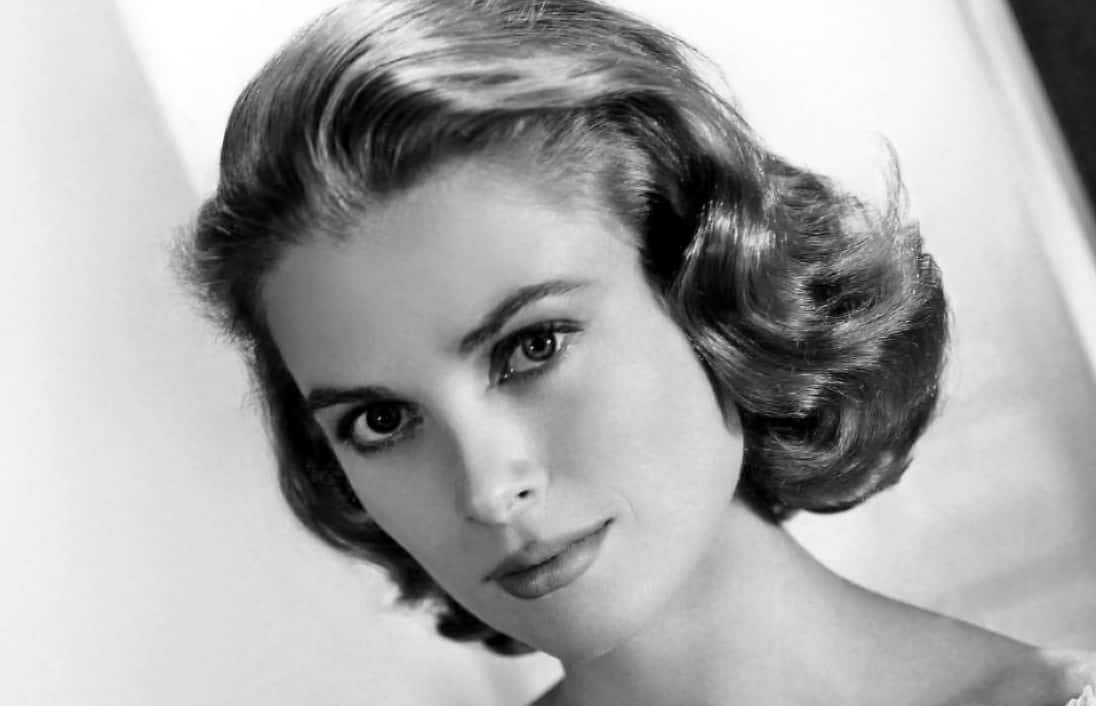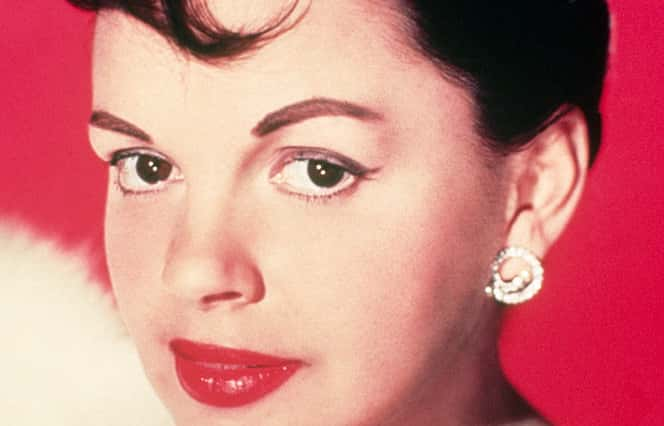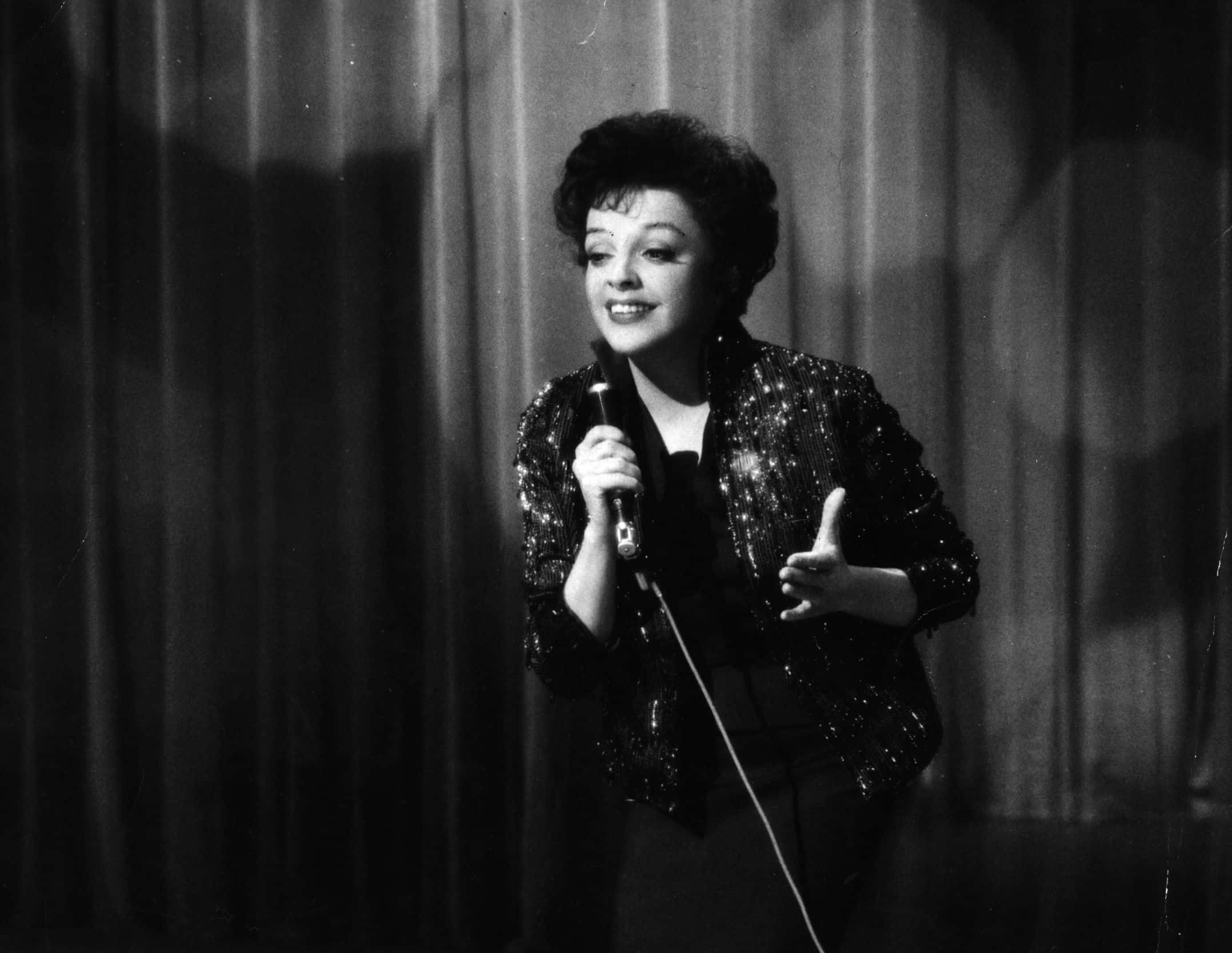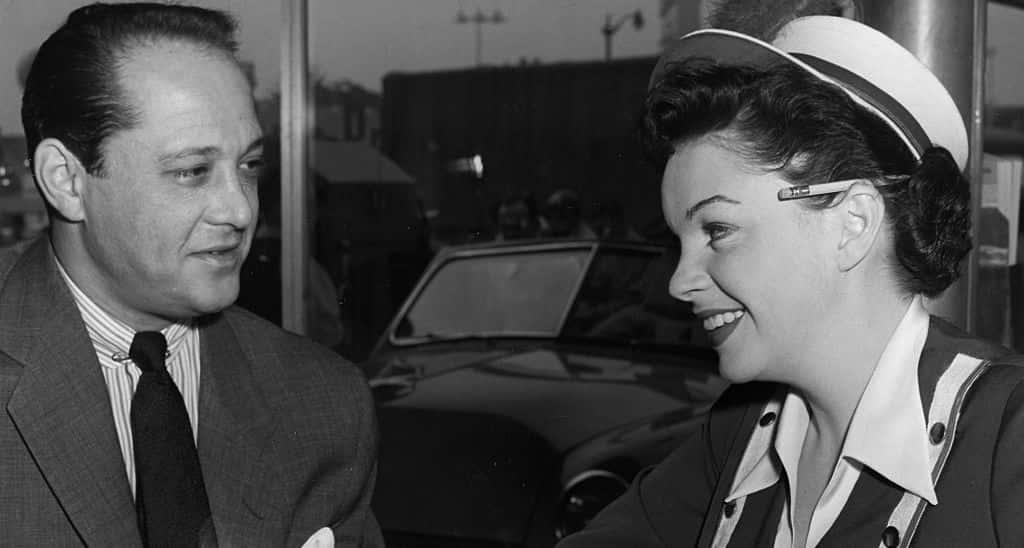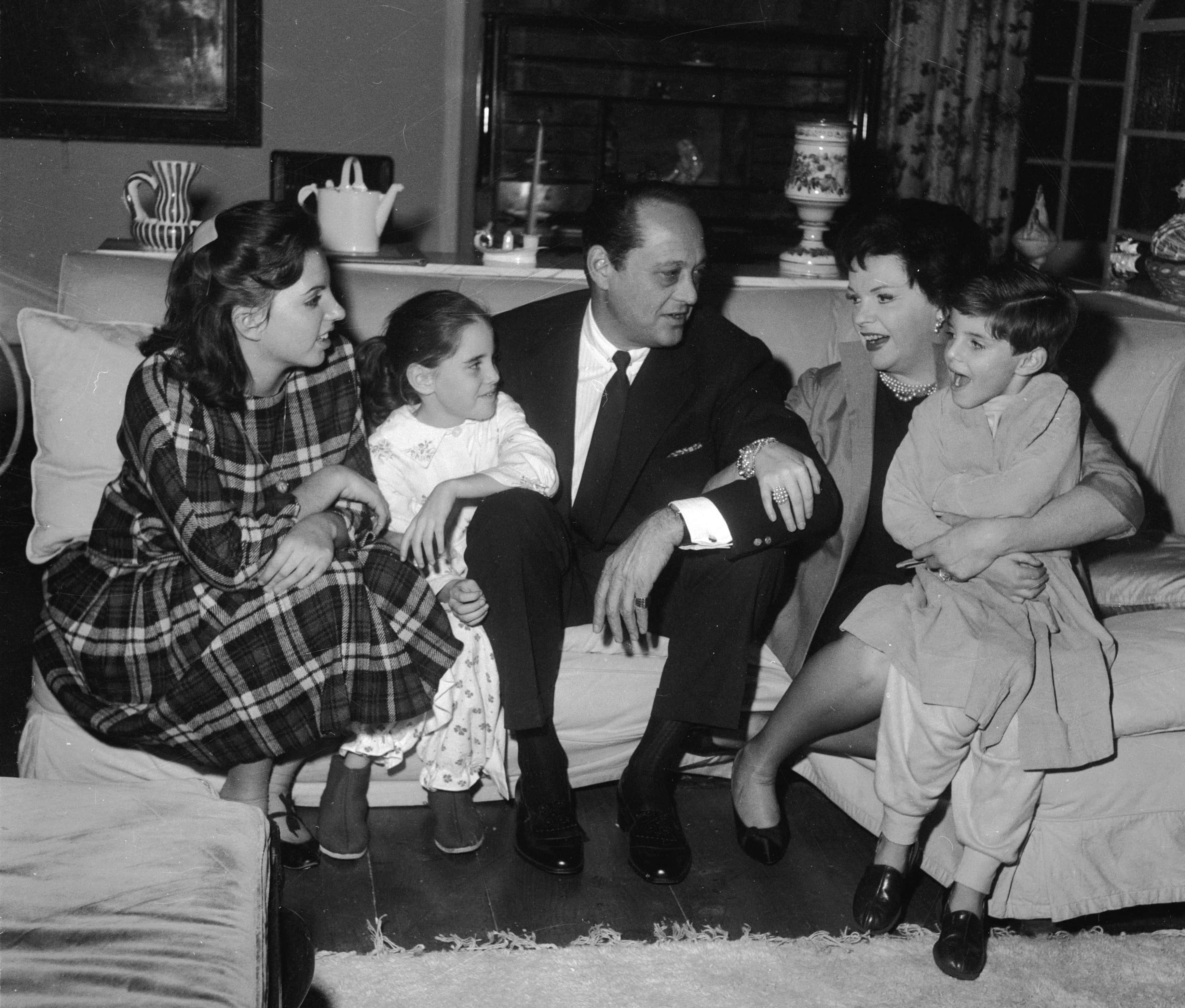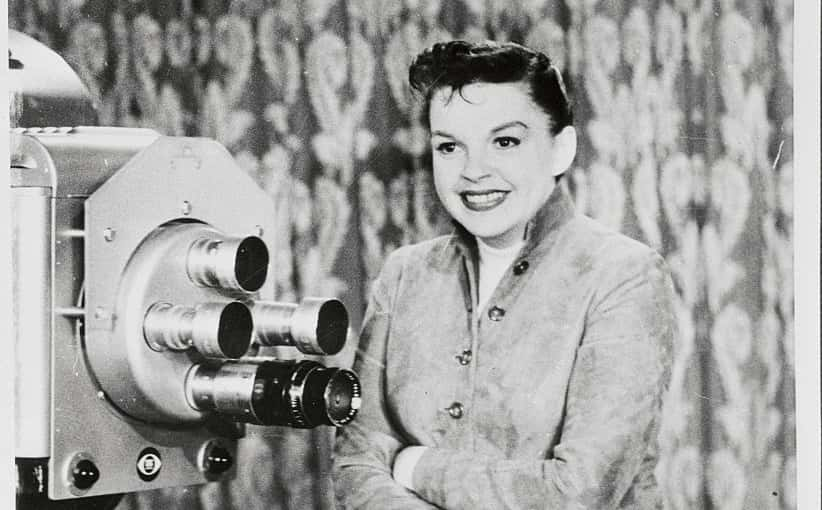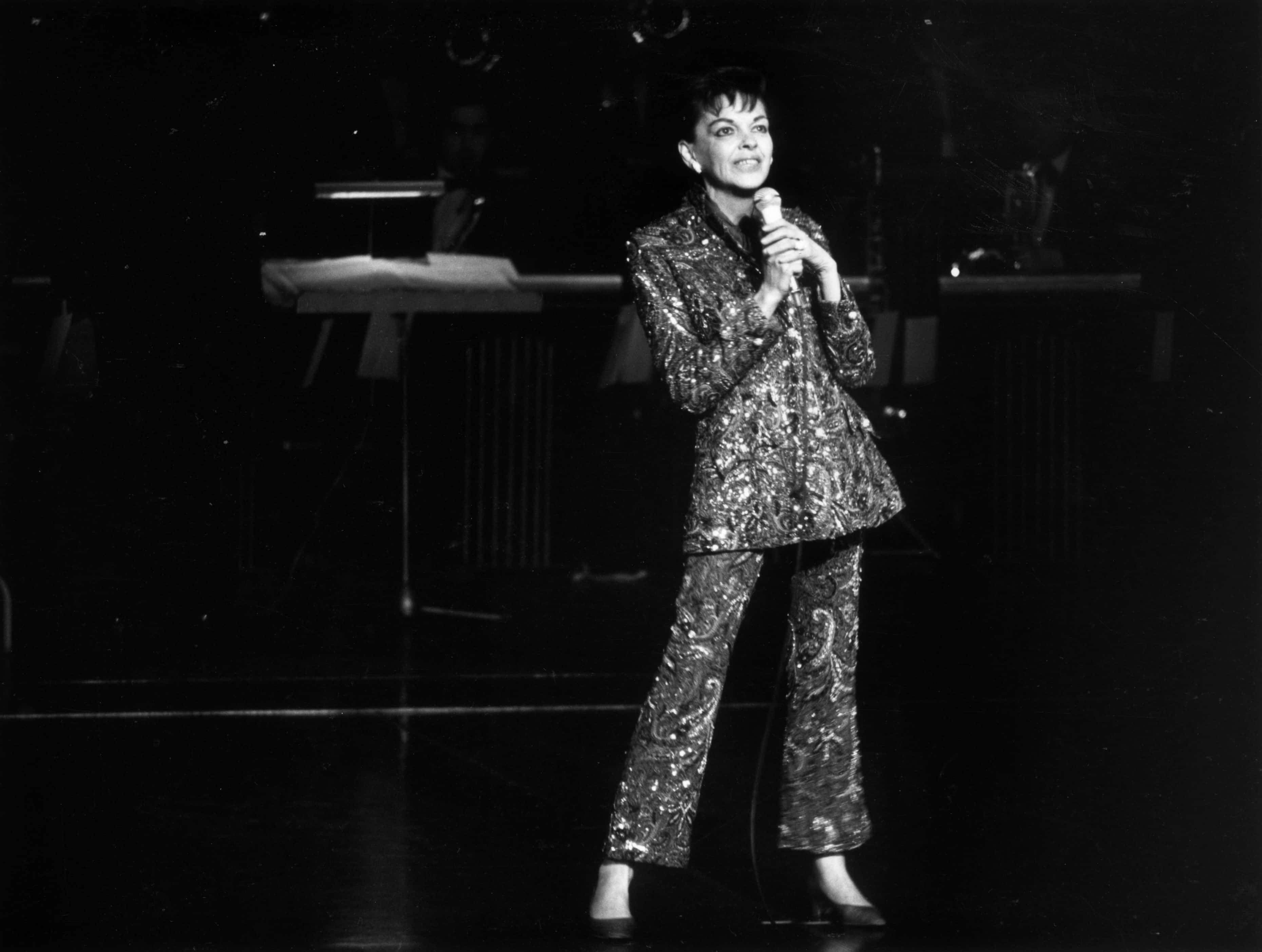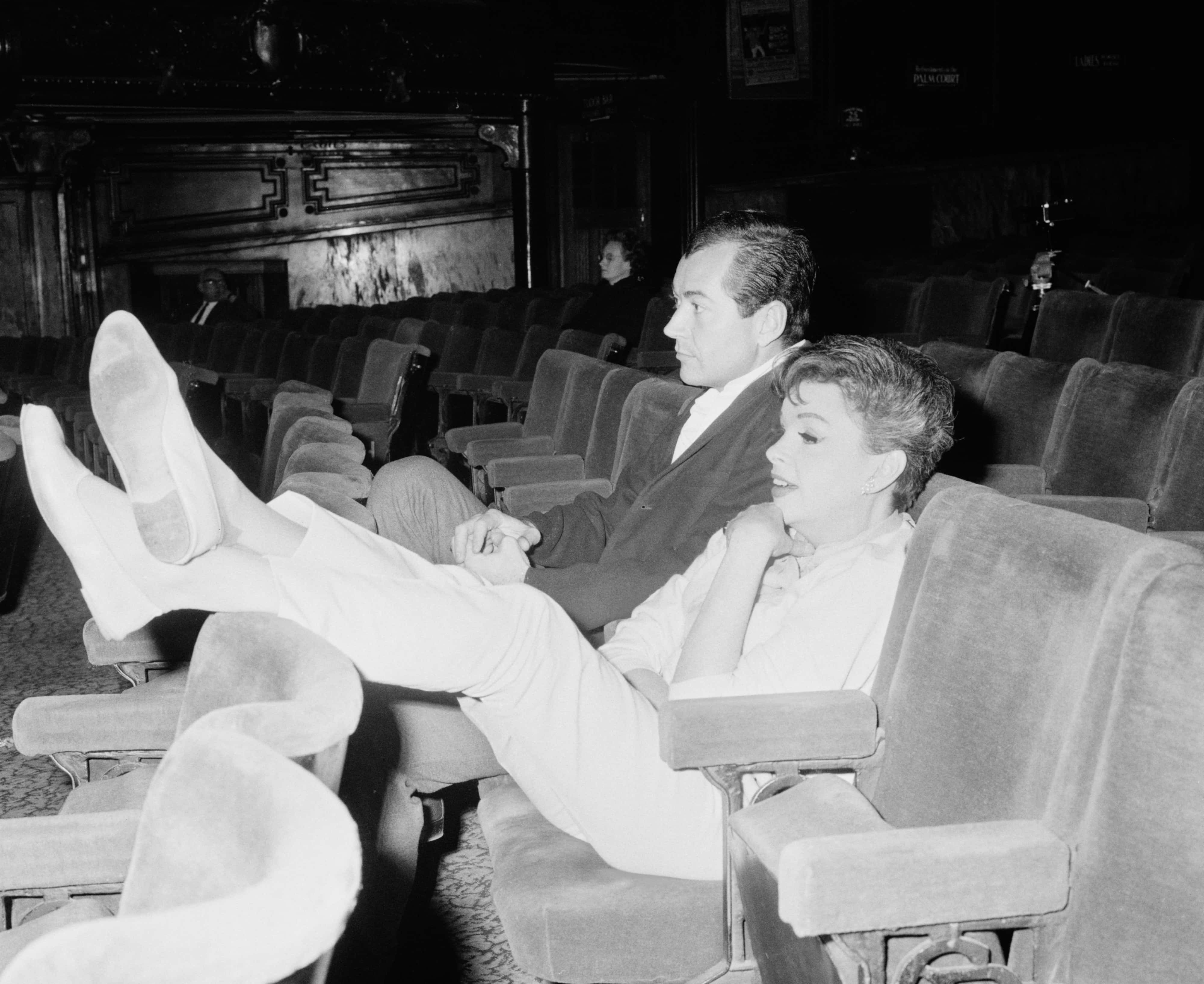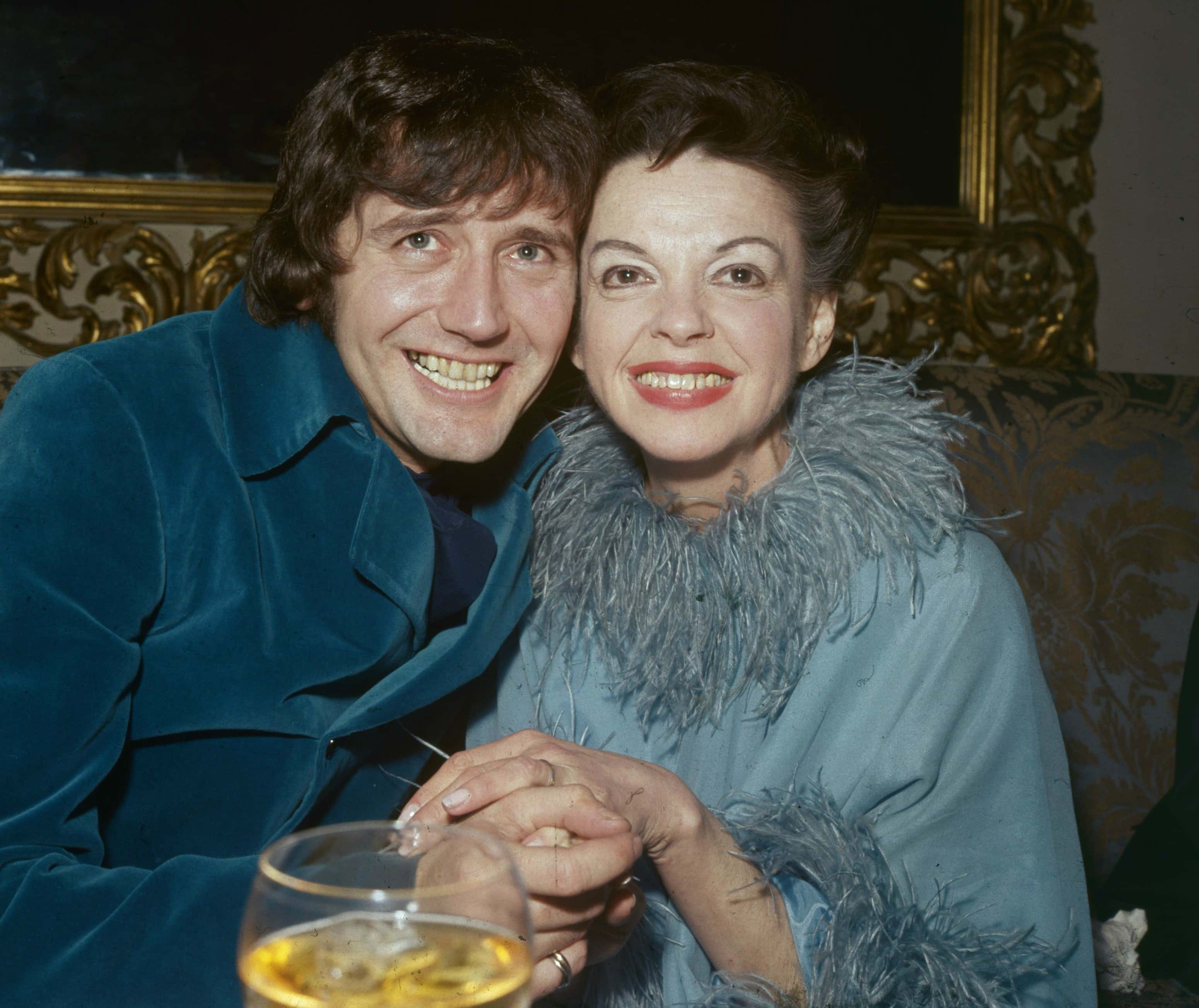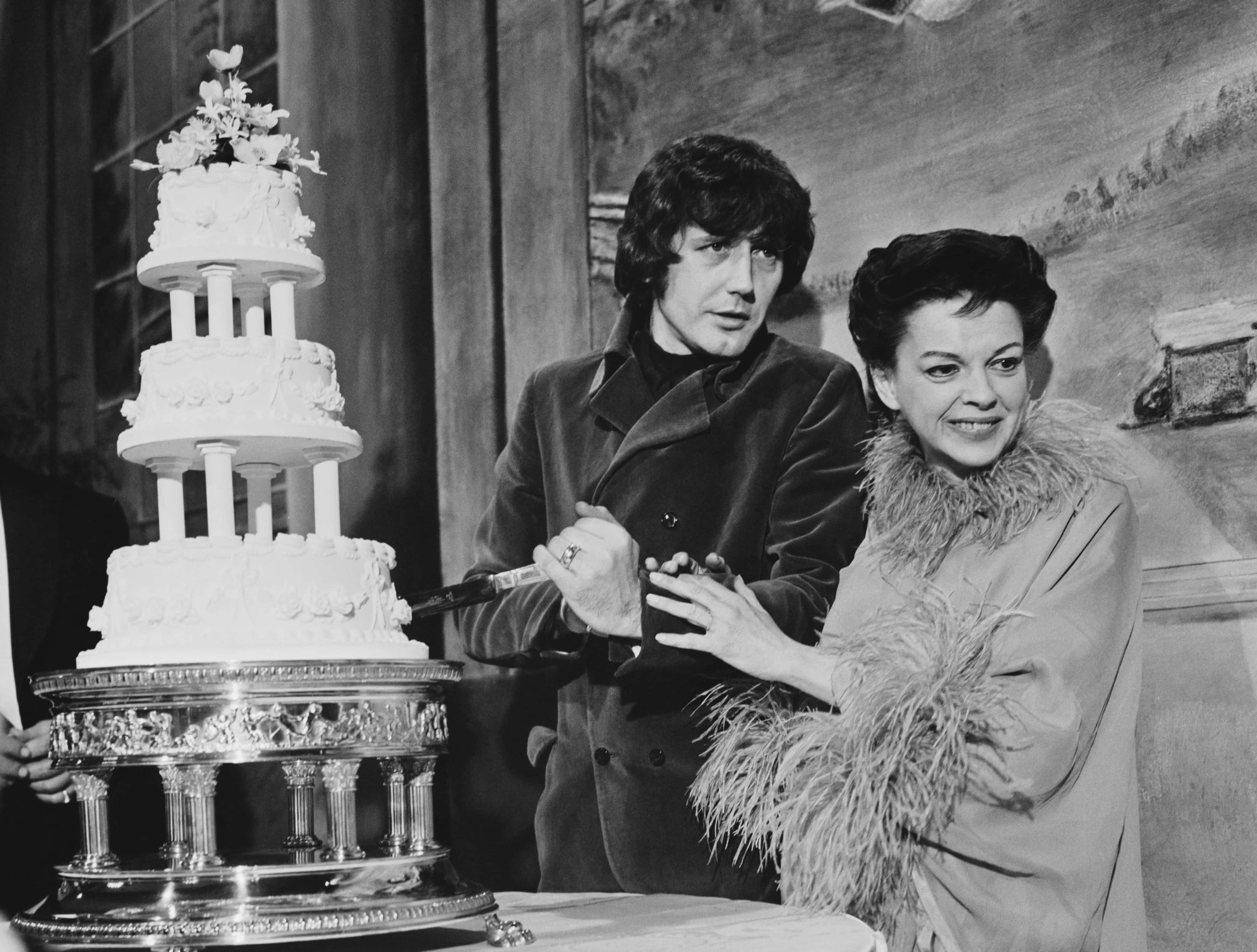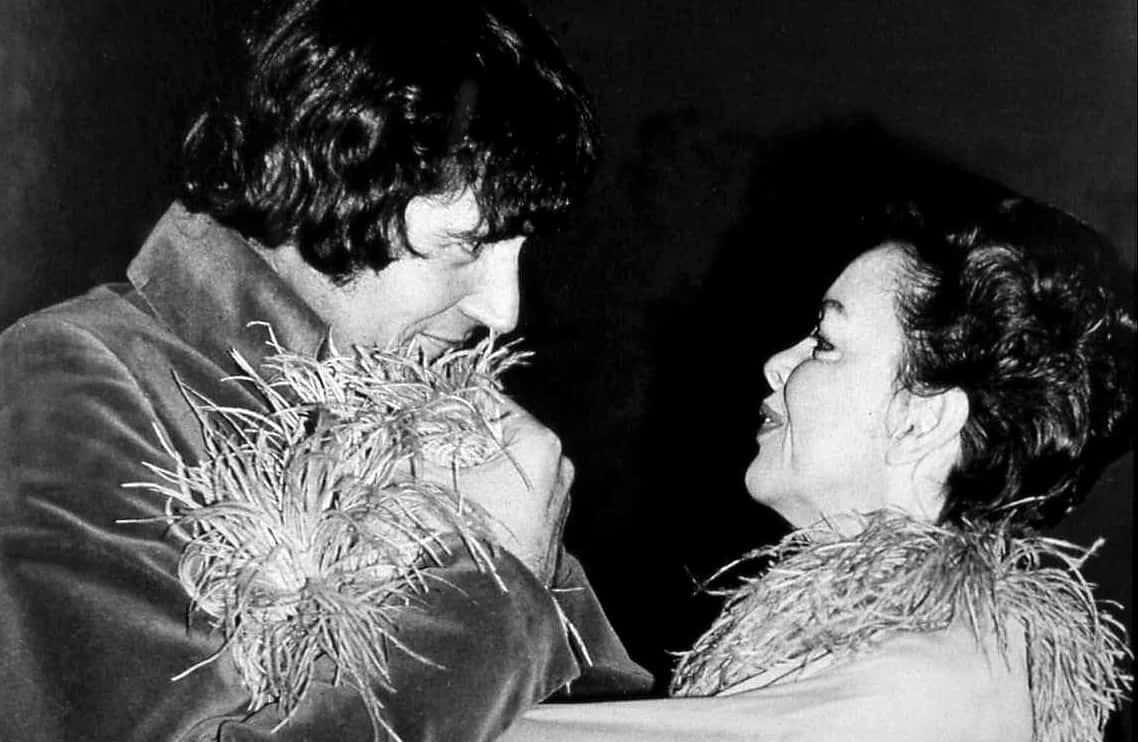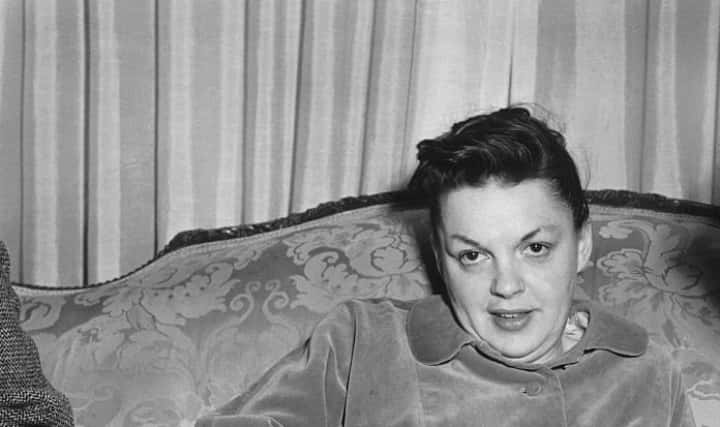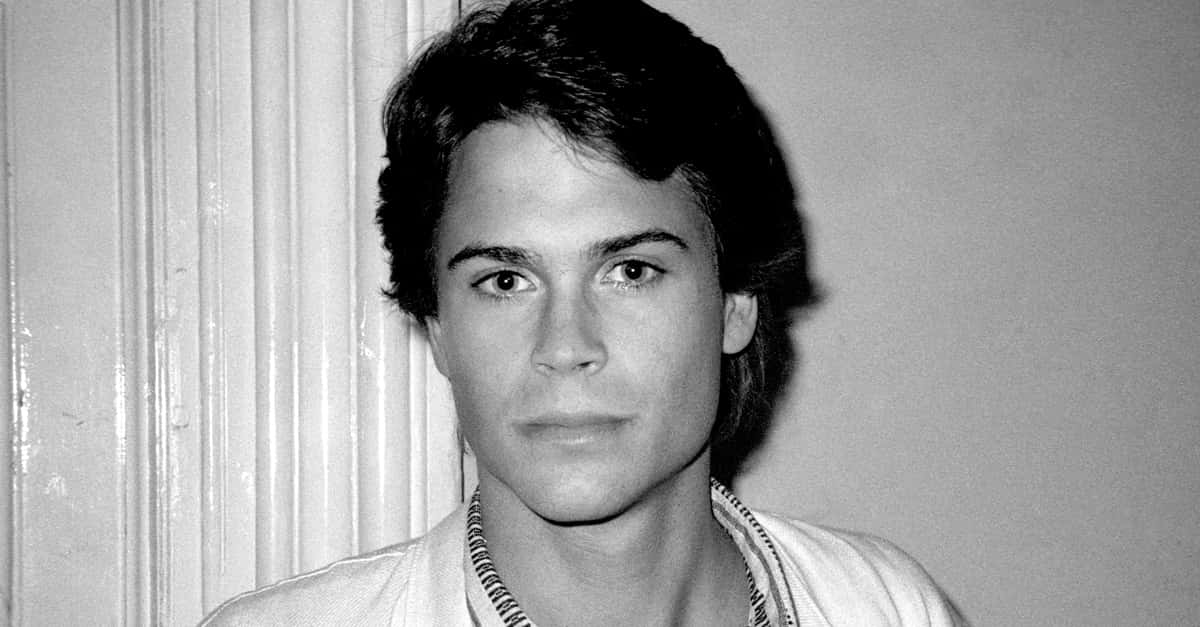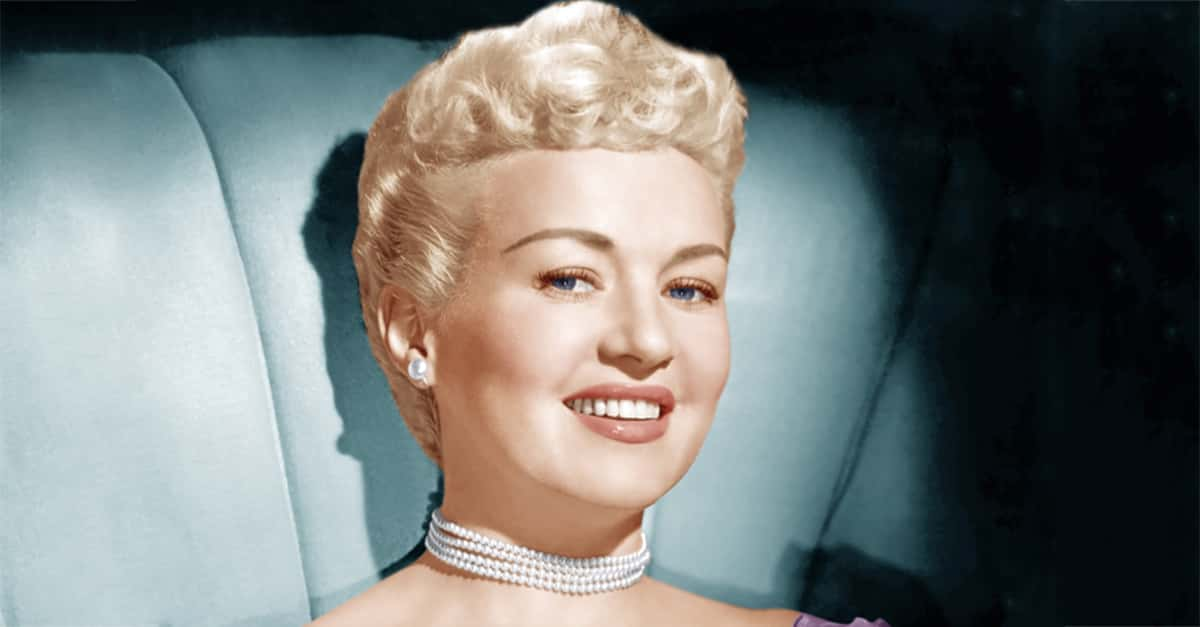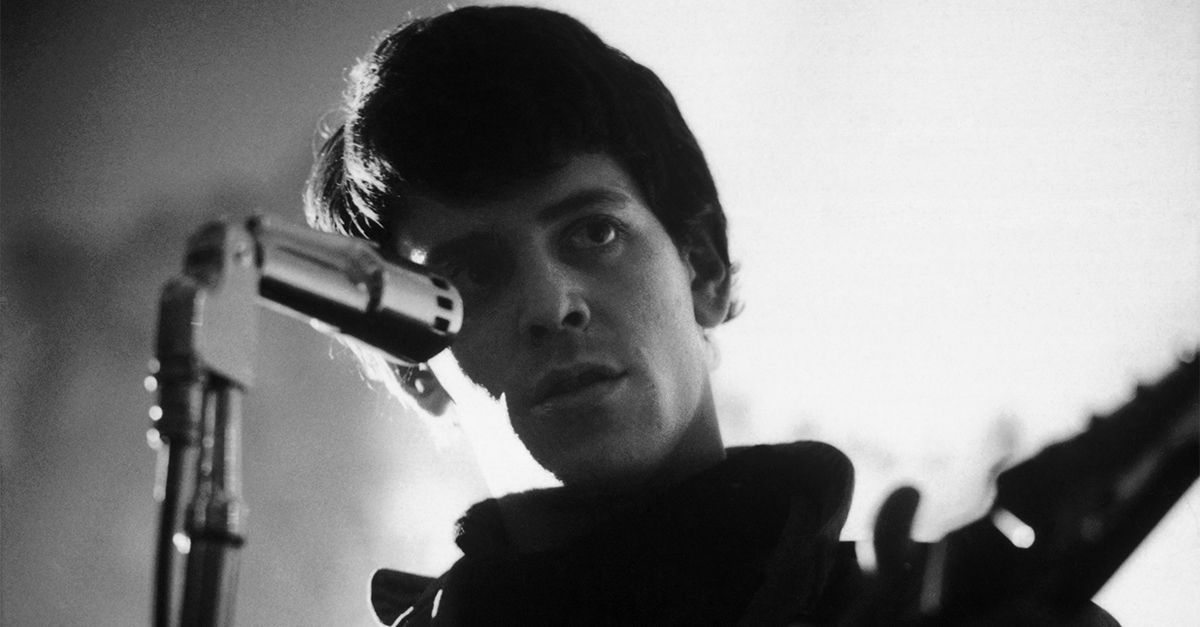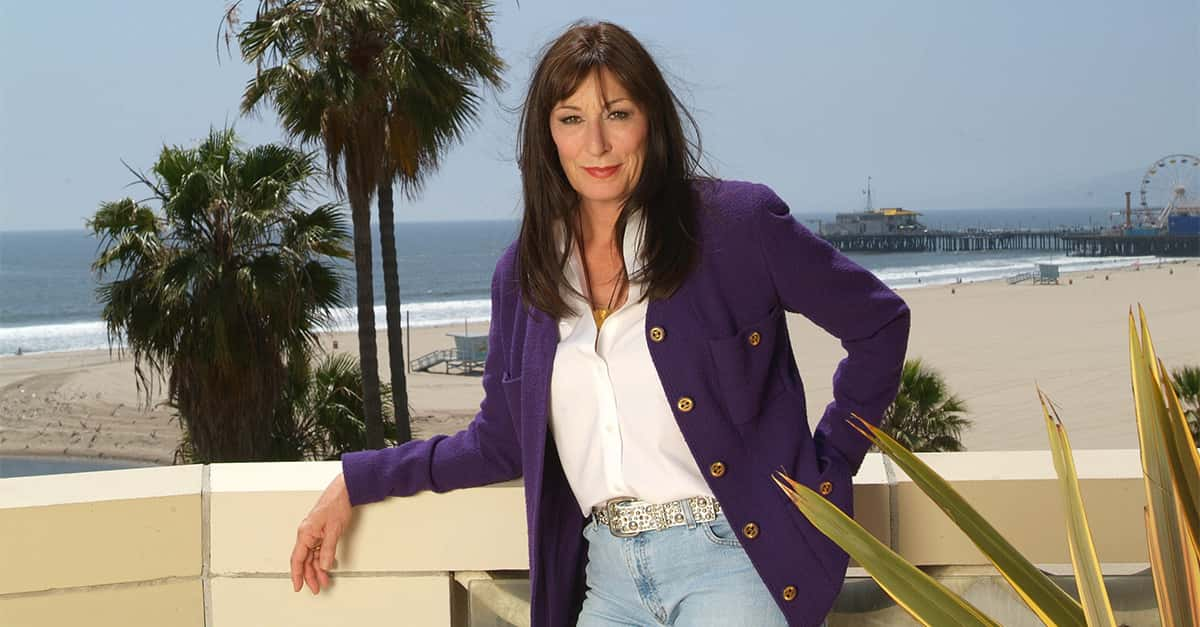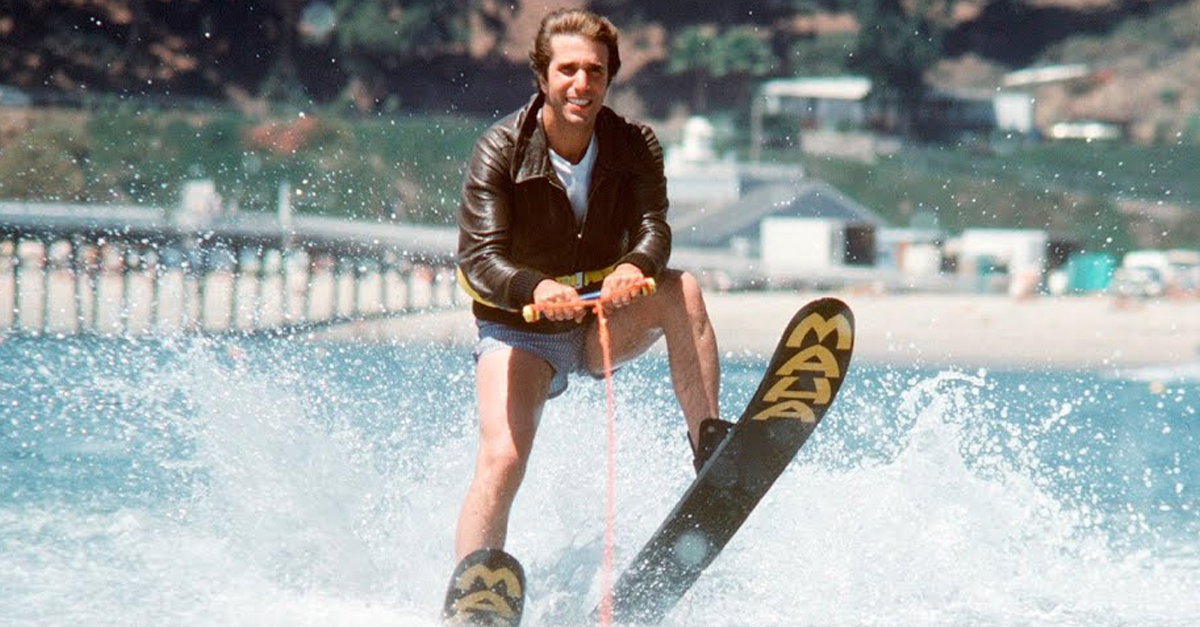Judy Garland, The Tragic Hollywood Icon
The cruel injustices of Judy Garland’s childhood only led to her fall from grace—an adulthood filled with suffering and depression. Despite her overwhelming talent, Garland's celebrity lifestyle never gave her a fighting chance. With no yellow brick road in sight, she took a darker path—one that led her far from home and straight into unforeseen danger.
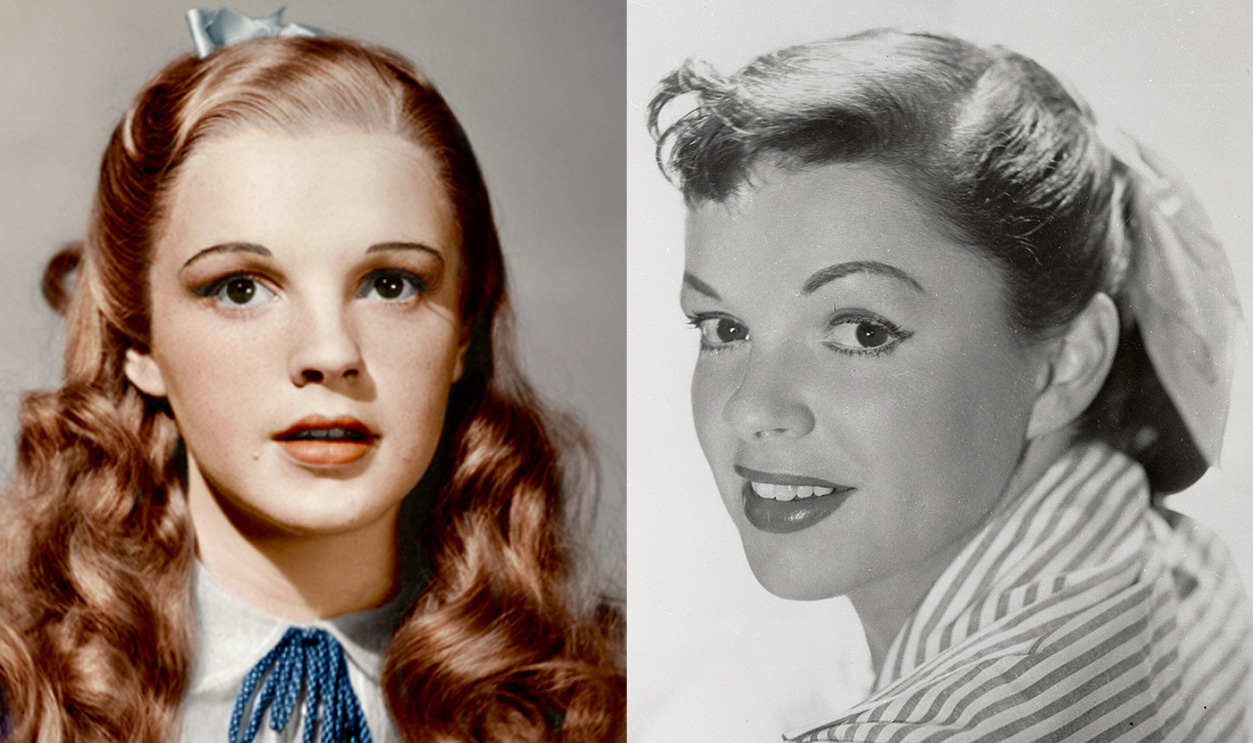
1. She Had A Difficult Road Ahead Of Her
Whether she liked it or not, Judy Garland was always destined for show business. Born to two vaudeville performers on June 10, 1922, it was only a matter of time before she took to the stage. But Garland wasn't born a star. In fact, with a given name like Frances Ethel Gumm, she certainly wasn't virtuoso material just yet. Unbeknownst to this little performer, the road to stardom would prove far more horrifying than she ever expected.
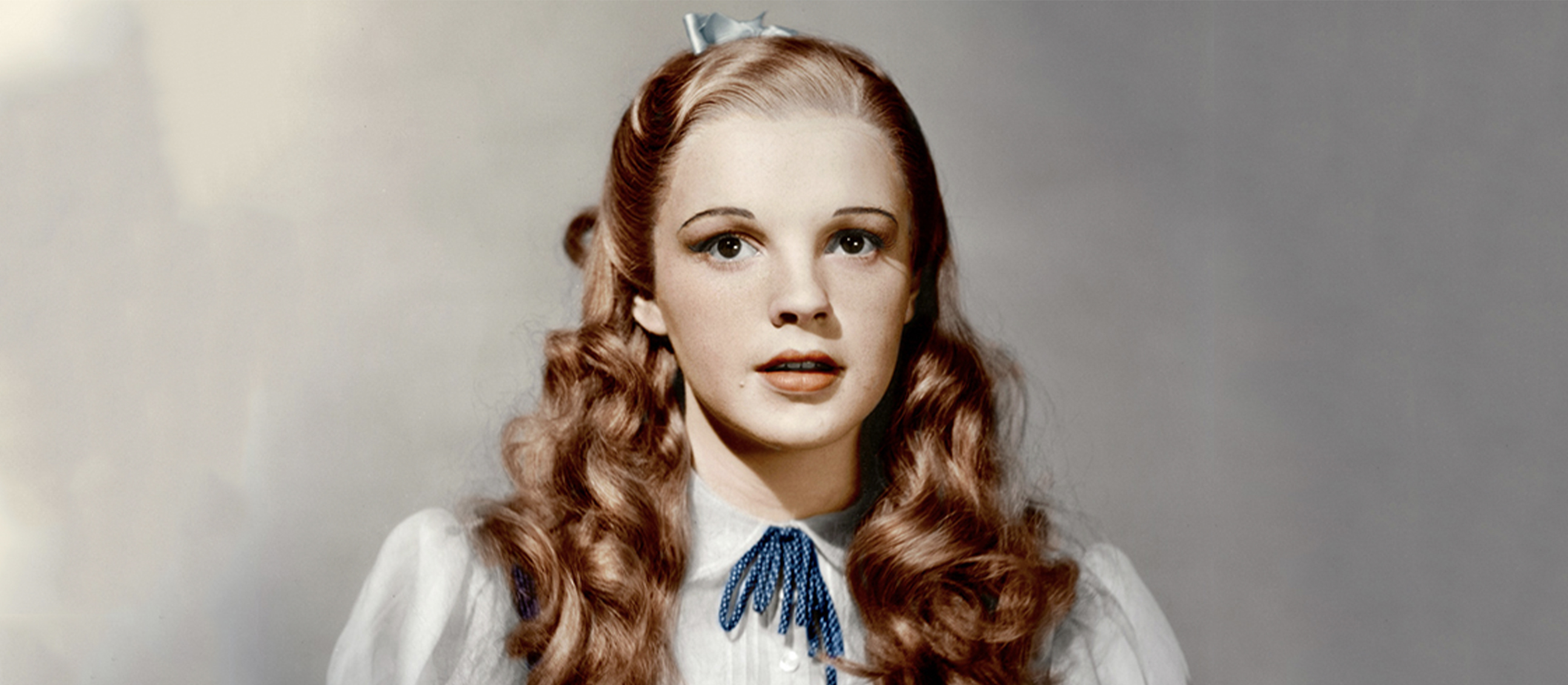
2. She Was A Born Performer
When she was only two years old, Frances started performing in her father's movie theater alongside her two older sisters, Mary Jane and Virginia, and for the next two years they made regular appearances accompanied by their mother on piano. Music and dance colored little Frances's life, but it was only too soon before a terrible scandal changed everything.
3. She Had A Scandalous Homelife
In 1926, shocking rumors about her father's relations with young boys upended her life. Frances and her family escaped the whispers and set up shop in Lancaster, but the damage was already done. Frances watched in dismay as her parents' marriage fell apart. Frances's mother Ethel, on the other hand, focussed all her energy on grooming her three daughters into budding stars. At the mercy of her controlling mother, Frances's tribulations had only just begun.
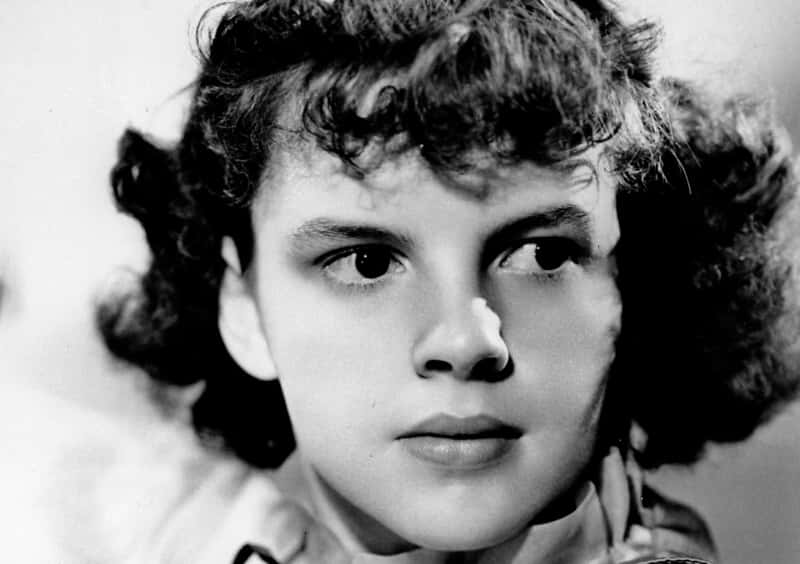 Flickr
Flickr
4. She Had An Early Addiction
Frances's first introduction to substances came directly from the palm of her mother, whom she later called "the real Wicked Witch of the West". To keep her performance-ready, Ethel started Frances on a dangerous regime: she took a dose of uppers in the morning to get her going and then sleeping pills in the evening to calm her down. But this was an extremely slippery slope, and down the line, this led to utter disaster.
5. She Had To Make A Change
Frances spent her childhood performing with her siblings as the "The Gumm Sisters," but it soon became glaringly obvious that "Gumm" just wasn't the most appealing stage name. According to rumor, a Chicago theater once made an upsetting mistake with their billing, calling them "The Glum Sisters"—a huge embarrassment. This just wouldn't do.
6. She Earned Her Star Title
In 1935, "The Gumm Sisters" changed their name to something more star-worthy—"The Garland Sisters," but it wasn't long before they realized that only one of them was the real star of the show, and that was undoubtedly Frances. But the changes didn't end there. Inspired by a Hoagy Carmichael song, Frances decided to change her name to Judy. Posed at the ready with her new name, Judy Garland took to the stage...And this time, somebody very important noticed her...
7. She Caught His Eye
During one of "The Garland Sisters" acts at the Orpheum Theater, a very intent audience member couldn't keep his eyes off of little Judy Garland. Songwriter, Burton Lane, had been sent especially by Louis B Mayer to attend the act and report back to him. Of course, because of her sparkling performance, Lane only gravitated toward Judy. With his recommendation, her life would never be the same.
8. She Had The Voice Of An Angel
Only a few days later, Garland found herself facing the unknown. Smack-dab in the middle of an audition at the Metro-Goldwyn-Mayer Studios, she sang with every ounce of passion she could muster. Garland's voice was an absolute revelation—powerful and melodic and surprisingly adult for such a young girl. When her performance ended, she waited for a reaction with bated breath...
9. She Was A Dilemma
Judy's audition blew everyone away, and they signed her immediately: they were so enthusiastic about her audition that they didn't even bother with a screen test. But even as they rejoiced in finding this diamond in the rough, the studio still had a dilemma. At 13 years old, Garland was far too old to be a child actor and still too young to be a full-blown starlet. Of course, her age wasn't the only problem...
10. She Was The Girl Next Door
Judy Garland was a tiny little thing, coming in at 4 ft 11.5", and her studio immediately roped her in with the cutesy "girl next door" actresses. She certainly didn't seem to fit in with the other beguiling leading ladies of the time. Always set a part from her contemporaries, this exclusion was a serious blow to her self esteem. But the insults didn't there.
11. She Was An Ugly Duckling
Sadly, Louis B Mayer insisted on calling Garland his "little hunchback," and when she attended school at Metro she constantly compared herself to her gorgeous peers—intimidating stunners such as Ava Gardner and Elizabeth Taylor. The studio even went so far as to change her facial features, using caps for her teeth and rubber prosthetics to change the shape of her nose. As her early career began taking off, she carried this inferiority complex with her.
12. She Had Self-Esteem Issues
During her early days of stardom, the studio insisted on dressing Garland in little girl outfits—understated but sometimes frilly. As Charles Walters, one of her directors, remembered, "Judy was the big money-maker at the time, a big success, but she was the ugly duckling...I think it had a very damaging effect on her emotionally for a long time. I think it lasted forever, really".
13. She Faced A Sudden Tragedy
Just as her new daunting chapter in show business began, Garland faced a distressing tragedy. Right before one of her first professional radio renditions, she learned that her father had taken ill and was in hospital, suffering with meningitis. He listened to her radio performance while he lay dying. The following morning, he passed, leaving Garland devastated. As she bid a tearful goodbye to her father, she set off to make her mark. 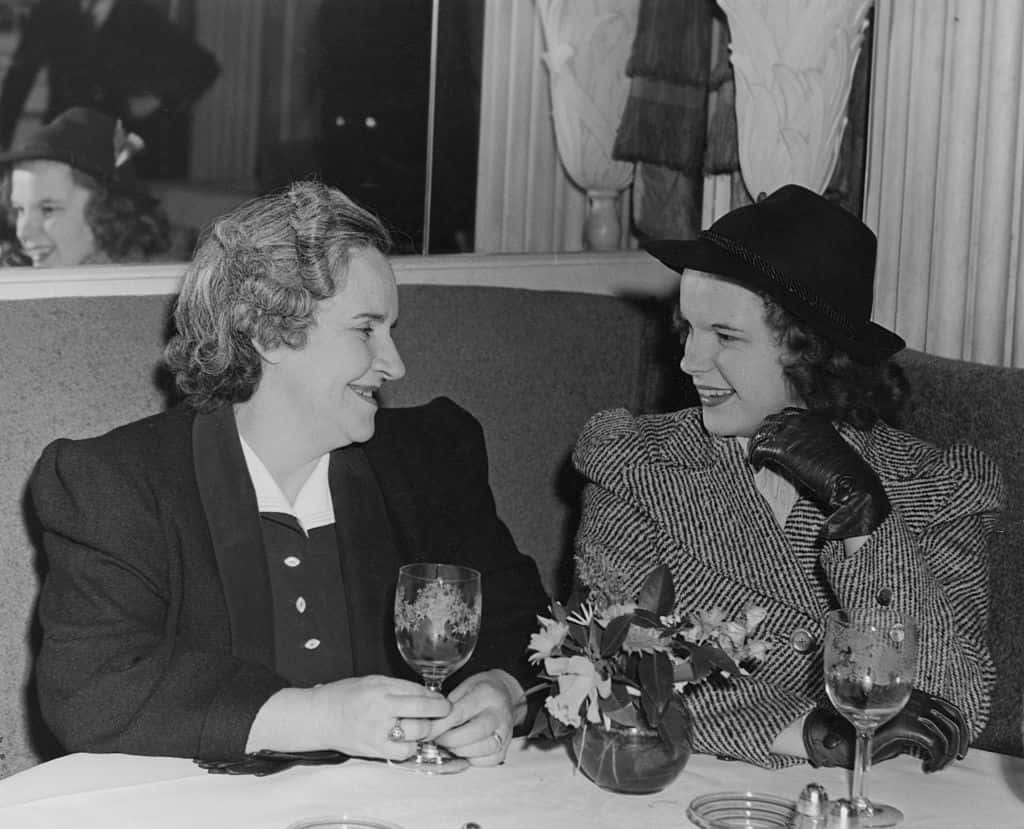
14. She Had A Rival
During her first year at MGM, Judy Garland came up against her number one competitor—pretty blonde opera singer, Deanna Durbin. Garland and Durbin were very different. Many believed that the studio was weighing its options, and that eventually, only one of the girls would be kept on. As such, their talents were about to be put to the test.
15. She Won Them Over
Both Garland and Durbin were cast opposite one another in the short musical Every Sunday. With their singing chops placed side-by-side, it was easier for the studio to get a better on handle on which girl they preferred. In the end, of course, there was just something about Garland that stole the show. From here on out, she'd only continue to prove them right.
16. She Entranced A Hollywood Heartthrob
When she was 14, Garland made a very special appearance: she performed at Clark Gable's birthday party, singing "You Made Me Love You" for the megastar, earning both his approval and a kiss of gratitude. Louis B Mayer also delighted in her rendition, and after the ringing applause calmed down, he welcomed her into his lap with open arms. After this, Judy Garland's career kicked into high gear.
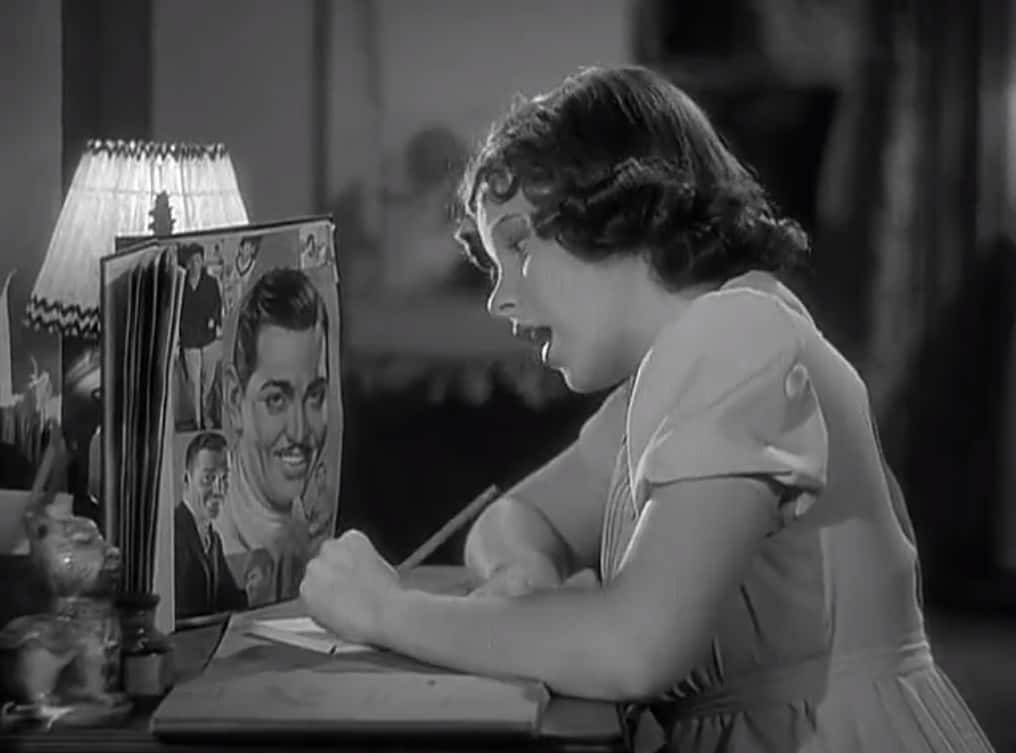 Broadway Melody of 1938, Metro-Goldwyn-Mayer
Broadway Melody of 1938, Metro-Goldwyn-Mayer
17. She Met Her Match
In 1937, Judy Garland developed a severe crush on her costar, Mickey Rooney. He was, in so many ways, her perfect match. Their undeniable chemistry excited studio execs, and soon, Garland and Rooney were cast in a series of "backyard musicals". There was only one problem: Rooney didn't reciprocate Garland's feelings. To make matters worse, her roles never gave her a chance to prove herself as a leading lady.
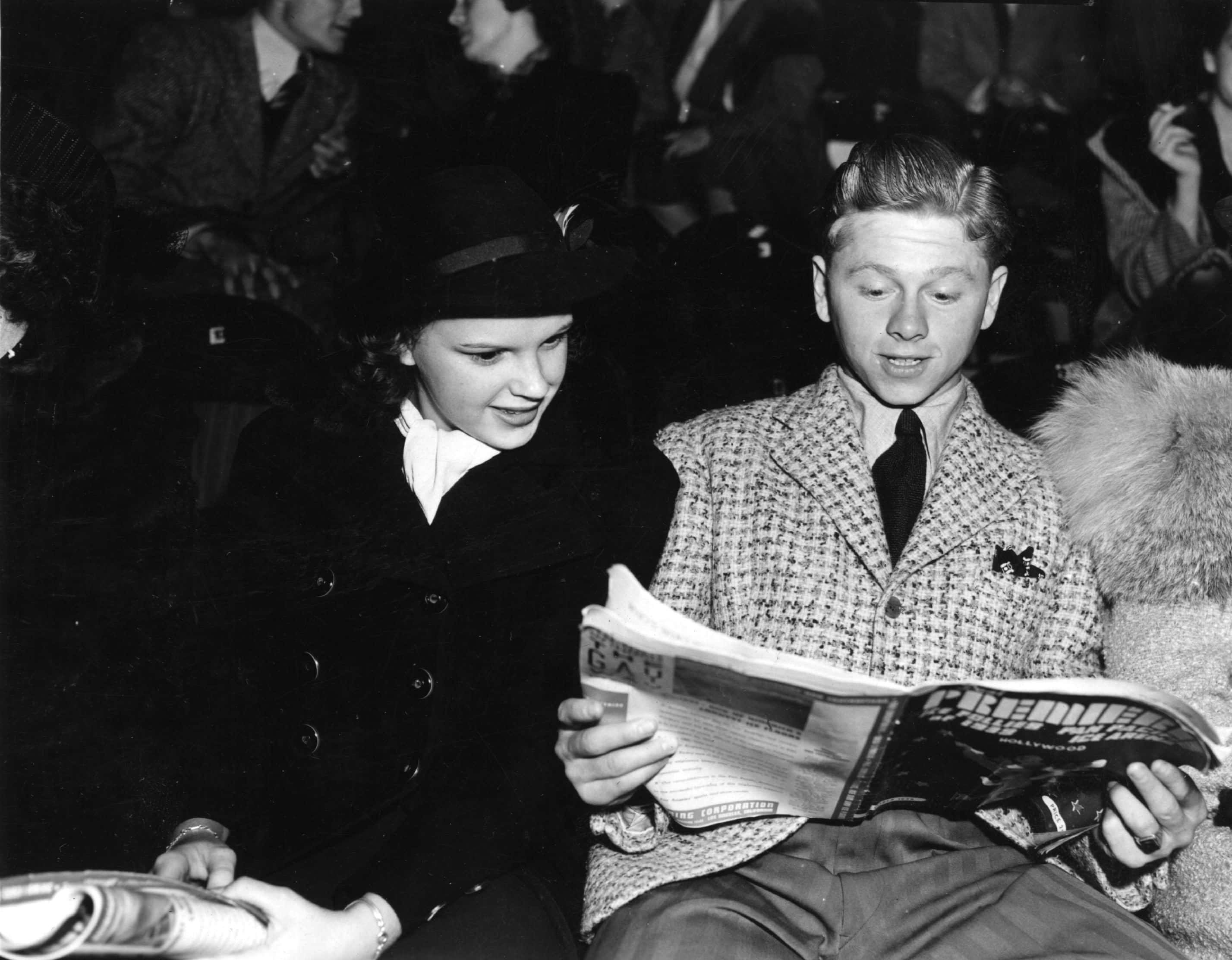 Getty Images
Getty Images
18. He Didn't Love Her
Just as art imitates life, so did Judy Garland's films. Opposite Rooney, she always played "the girl next door," pining for the boy who never noticed her. But her heartache didn't end there. The womanizing Rooney pretty much saw every other girl as a romantic prospect except for Judy. But, believe it or not, this was the least of Garland's problems.
19. She Had A Drug Problem
Behind the polished exterior of MGM, there were nefarious dealings afoot. Garland claimed that she, along with many others, were consistently prescribed amphetamines and barbiturates to help them endure their heavy work schedules. Later on, she claimed that these prescriptions only led to her debilitating addictions and severe health problems. But this was only the tip of the iceberg.
20. She Never Ate A Proper Meal
Already feeling like the odd one out, Garland faced more of her studio's criticisms. Convinced she was too heavy, they put her on a strict and absolutely ridiculous diet. On one occasion, when she tried to order a healthy-sized meal, they presented her with the sad fare of lettuce and soup. From then on, no amount of reassurance could make Judy Garland feel truly beautiful. In the midst of all this, Garland came up against an even more sinister side of the business—one that didn't come to light until her unfinished biography was discovered...
21. She Was At His Mercy
Once Garland turned 16, she became aware of the grosser side of Hollywood: men asked her into their bedroom time and time again. The greatest perpetrator? Louis B Mayer himself. Whenever he told her to sing from her heart he'd reach for her inappropriately, supposedly "showing" her where her heart was.
22. She Told Him To Stop
Soon Mayer's disgusting behavior became the everyday norm. But no matter how many times Garland endured his advances, she never gave him what he wanted. Exhausted by it all, she finally got up the courage to stand up for herself. She told him, "Mr. Mayer, don’t you ever, ever do that again. I just will not stand for it". Mayer couldn't believe that Garland could reject him when he loved her so much. Sadly, he wasn't the only executive to take advantage of her.
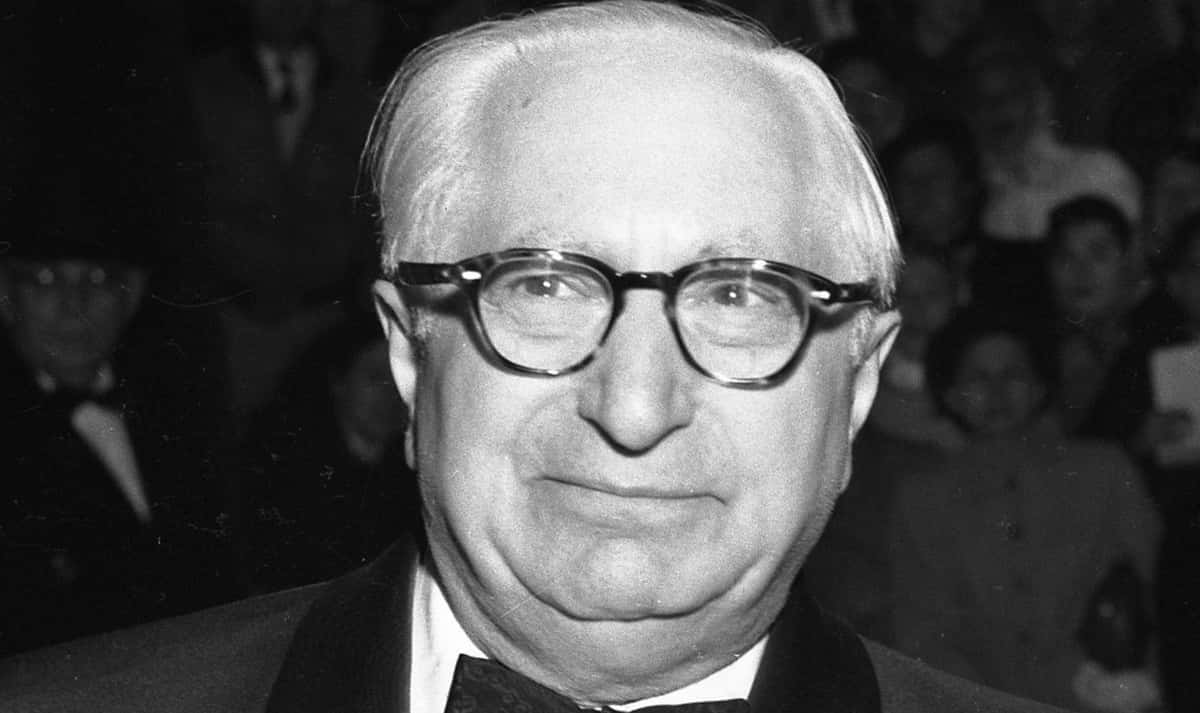 Wikimedia.Commons
Wikimedia.Commons
23. She Almost Lost Out On Dorothy
In 1938, Judy Garland landed her most iconic role—Dorothy Gale in The Wizard of Oz. But what most people don't know is that she wasn't Mayer's first choice. At first, he tried to borrow the infamous Shirley Temple and then even offered the part to Garland's rival, Deanna Durbin. When neither of them came through, he finally took the producers' side and cast Garland.
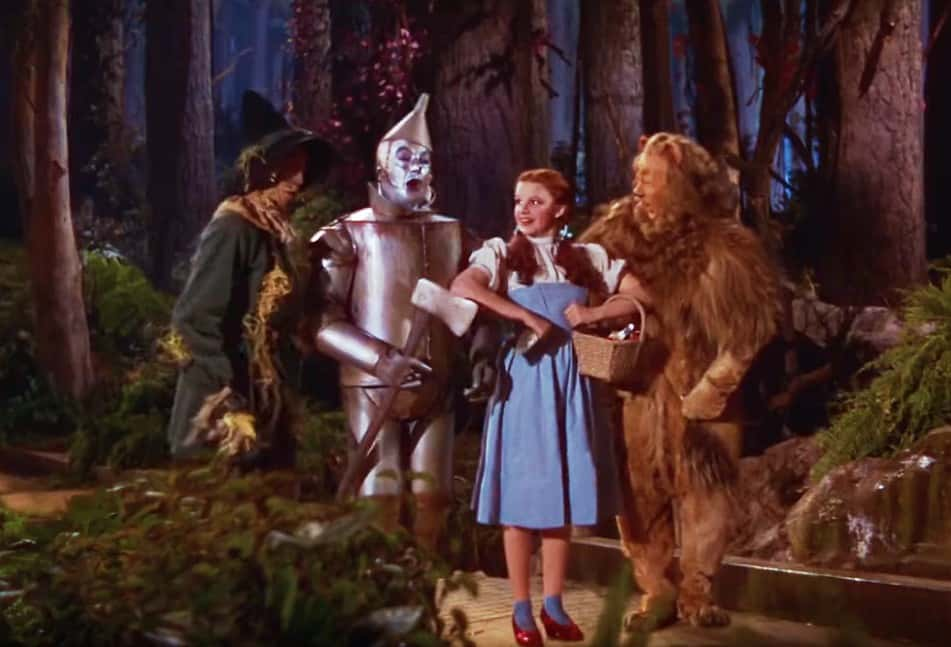 The Wizard of Oz, Metro-Goldwyn-Mayer
The Wizard of Oz, Metro-Goldwyn-Mayer
24. She Endured Gross Advances
To Garland's horror, she endured even more unsolicited advances while on the set of The Wizard of Oz...This time, it was at the hands of many of the male actors playing munchkins. One of her husbands later admitted in his memoir, "They would make Judy's life miserable on set by putting their hands under her dress". Before she knew it, this dreamland set quickly became her worst nightmare.
25. She Kept Her Brown Locks
Garland's character, Dorothy, almost had a completely different look: Can you imagine her prancing down the yellow brick road wearing....a curly blonde wig? Although they scrapped the blonde locks, the studio definitely kept the recognizable blue gingham dress. They chose the pattern for its blurring effect on camera. Most importantly, the dress helped slim down Garland's womanly curves. But this wasn't the studio's only tactic for keeping Garland's youthful figure in check...
26. She Tried To Stay Skinny
Along with the diet and the dress, Garland also had a rigorous athletic regime. The studio sent her on active outings to help keep her weight down. She went swimming and hiking, and often played tennis or badminton with her stunt double. But as she struggled to make the mark behind the scenes, her shining performance in The Wizard of Oz spoke for itself.
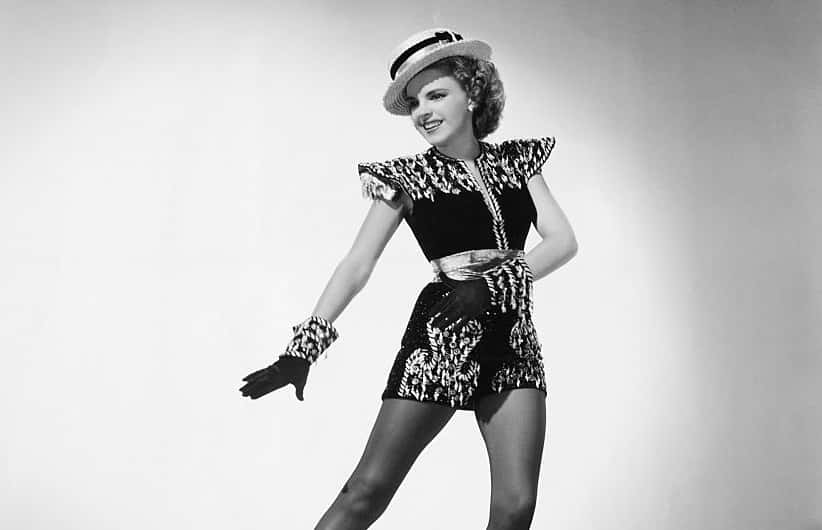 Getty Images
Getty Images
27. She Won Gold
In 1939, Garland won her first and only Academy award for her two brilliant performances that year—The Wizard of Oz and Babes in Arms. But as the new decade began, she began landing more adult roles. This led to a whole host of challenges she'd never foreseen. For one, she'd never been a romantic interest—neither onscreen or in her private life. This was about to change.
28. She Embarrassed Him
With her role in Little Nellie Kelly, Garland faced her most difficult role yet: she had to learn an accent, deliver her very first onscreen kiss, and enact a believable death scene. But she wasn't the only one unnerved by these daunting tasks. Even her costar George Murphy found a way to insult her amateur attempts at intimacy and admitted that their kiss was humiliating: he said it was like a "hillbilly with a child bride". But this onscreen disappointment was only a taster for the real-life heartbreak to come.
29. She Was Heartbroken
While still a teenager, Garland fell hard for bandleader Artie Shaw. This was all brand new—a real adult relationship—first love at its finest. But as heated as her first foray into romance was, it ended in total disaster. Early in 1940, Shaw turned his back on Garland and eloped with another Hollywood starlet—the blonde bombshell—Lana Turner. Garland was heartbroken. Little did she know, this first disappointment was only the beginning...
30. She Fell For A Married Man
When Garland met musician David Rose, he was still a married man. Still, that didn't stop the enthusiastic Rose from proposing to Garland the moment she turned 18. When the studio found out that an older married man was trying to sweep Garland off her feet, they stepped in and forbade the marriage until Rose could secure a proper divorce. In the meantime, Garland had options.
31. She Had A Wandering Eye
Garland and Rose decided to wait a year before tying the knot, but in the interim, Garland pursued a hot-blooded affair with another man. Truly taken by musicians, she pursued Johnny Mercer—a 30-year-old songwriter who also just happened to be married. Even by Hollywood standards, this relationship had scandal written all over it.
32. She Inspired A Song
Despite the briefness of their affair, Mercer fell deeply in love with Garland and even wrote a song especially for her. His song "I Remember You" boasts some tell-all lyrics such as "You're the one who made my dreams come true". But the couple's considerable age difference had tongues wagging and many of their friends urged them to end it.
33. She Never Forgot Him
Even though Garland and Mercer were never meant to last, Mercer never forgot her. Of course, his undying flame for Garland infuriated his wife Ginger who forbade any mention of Garland's name or the song "I Remember You". This was understandable considering that even after their breakup, they kept rekindling their old affair.
34. She Couldn't Keep Her Baby
When David Rose finally showed up with his divorce in hand, Garland was ready to say "I do". However, Garland's studio was not happy about this union, and they were even more incensed when, in 1941, she became pregnant. Judy Garland's baby face and virginal roles were everything to them. If she was a mother, how would audiences react? Would they still love her?
35. She Lost Control
Not willing to take a risk, both Garland's mother and her studio pressured her (if not forced her) to get an abortion. But this wasn't the last time. In 1943, she became pregnant again during a torrid affair with Tyrone Power. Just like before, her studio didn't allow her to keep the baby. As time wore on, this constant control only damaged Garland's mental health and even threatened her marriage.
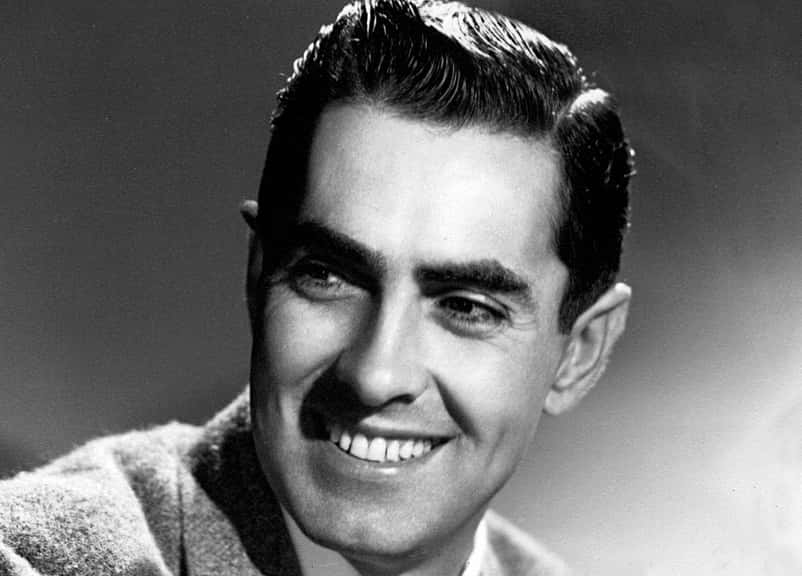 Wikipedia
Wikipedia
36. She Wanted Something More
Garland and Rose's passion for music just wasn't enough to sustain their romantic spark. In every other way, these two were opposites: Garland was far more youthful and fun-seeking, and never said "no" to a good party, while Rose, 12 years her senior, sought a more contemplative existence. His complicity in encouraging his young wife to get an abortion only made matters worse. By 1944, the marriage passed the point of no return, and they divorced. But in the wake of Garland's loss, brighter times were coming.
37. She Got A Makeover
In 1944, Judy Garland starred in one of MGM's greatest successes, Meet Me in St. Louis. This was one of the first times she'd been offered the role of the leading lady and romantic interest. Thanks to her assigned makeup artist, Dorothy Ponedel, Garland also got a brand new look. When she looked in the mirror, she couldn't believe her eyes.
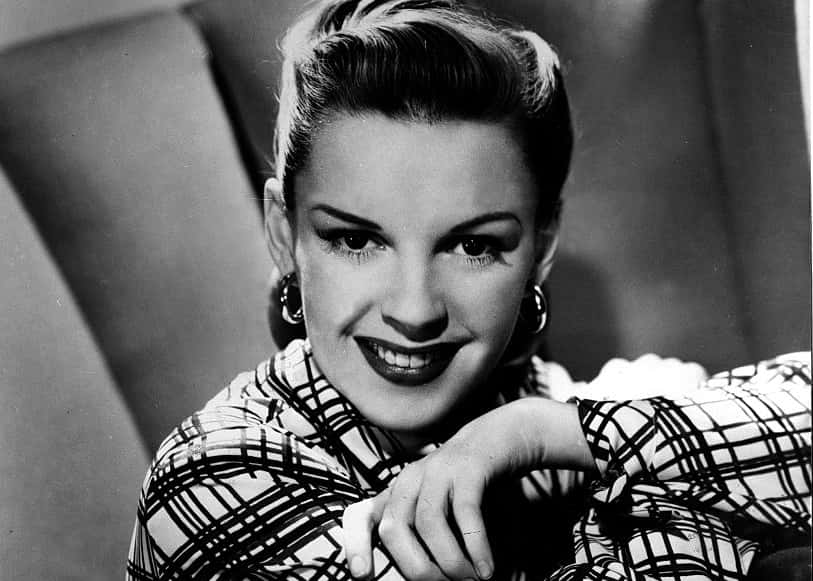 Getty Images
Getty Images
38. She Loved What She Saw
To Garland's delight, Ponedel assured her that she was perfectly beautiful without her teeth caps and nose discs. She did, however, make some slight modifications: she reshaped Garland's eyebrows, hairline, and lip line. But for this insecure starlet, these changes made all the difference—she finally felt like she belonged.
39. She Didn't Let Her Go
For the first time ever, Judy Garland began seeing herself as an attractive and worthy leading lady. Grateful to Ponedel for her miraculous makeup expertise, Garland included her in her contract with MGM: she wanted Ponedel with her for every film henceforth. The cherry on top? As a result of her newfound confidence, Garland practically shone in Meet Me in St. Louis...
40. She Charmed Them All
In the film, nobody can forget Garland's hauntingly beautiful rendition of "Have Yourself a Merry Little Christmas". Wearing a stunning red dress and light string of pearls, Garland blinks her doe eyes at the camera, captivating her audience right from the get-go. Her performance plucks ALL the heartstrings. And when she starts to sing—you can't look away. Everything about Garland was magnetic, so it's no wonder that her charms attracted attention off-screen.
41. She Had A Fling With A Superstar Director
Behind the scenes, Garland entertained dalliances with two powerful men, but only one of them would one day be her husband. For one, there was the indomitable Orson Welles, who at the time, was still married to Rita Hayworth. Their fling carried on into 1945, and when they ended things the two of them remained amiable. But remember—Garland was a woman with options, and she had another man waiting in the wings.
42. She Felt Seen
Vincente Minnelli directed Garland in Meet Me in St. Louis, and he was, in fact, responsible for making sure she got her famous makeover. He recognized that she had more to offer than a "girl next door" performance, and he made sure makeup artist Ponedel transformed Garland into an elegant and refined woman. This opened up a whole new audience for Garland. Although director and actress reportedly clashed in the beginning, by 1945, they were well on their way to a blossoming romance.
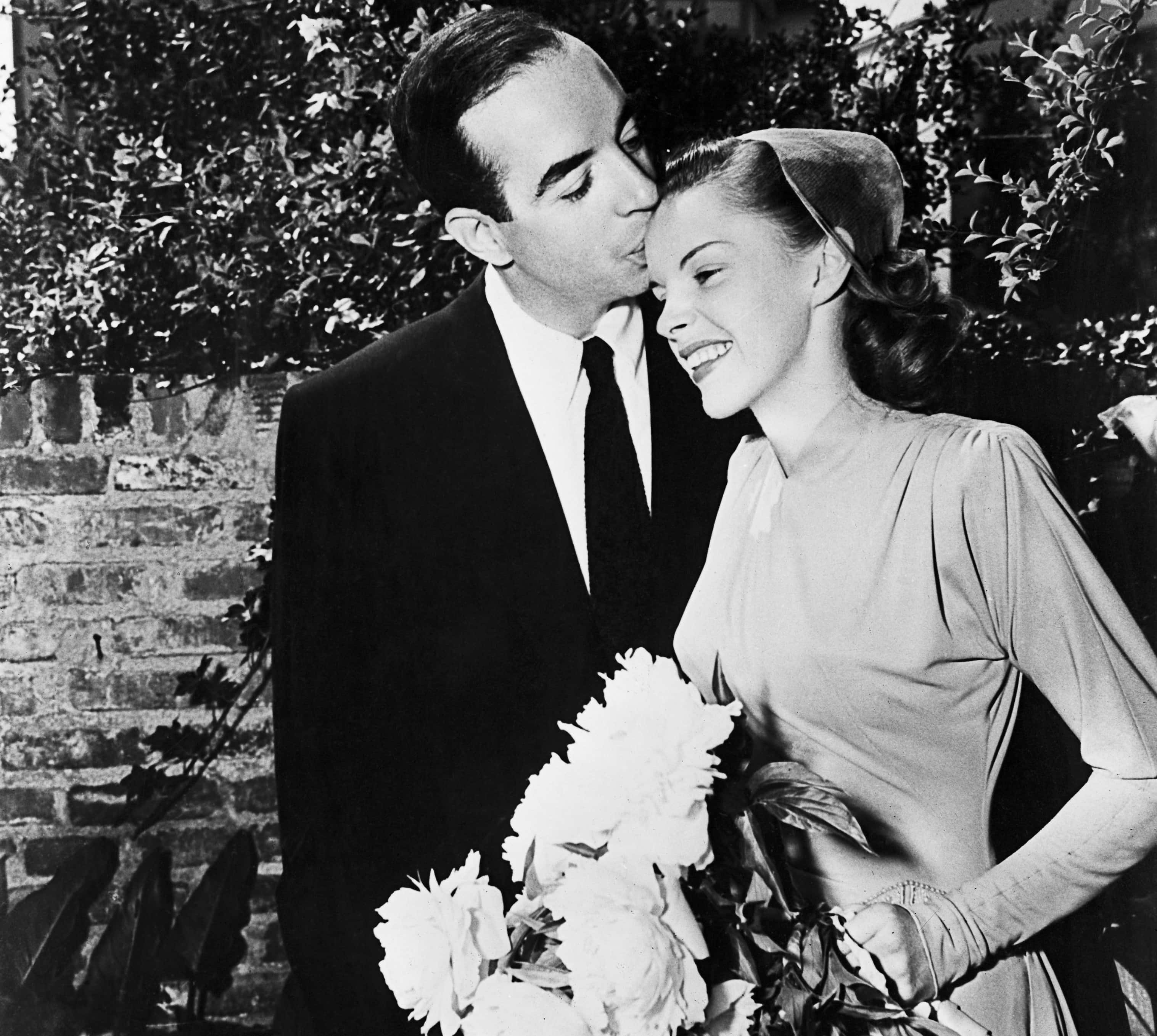 Getty Images
Getty Images
43. She Became A Mother
On June 15, 1945, Garland and Minnelli married and embarked on a new chapter of wedded bliss. The very next year—good news abounded: Garland found out she was pregnant, and to her delight, her studio allowed her to keep the baby. The couple welcomed baby Liza, who would one day follow in her mother's footsteps as a talented performer. Everything seemed to be going smoothly for Garland, but behind the happy family facade, her mental health rapidly declined.
44. She Broke Down
Although Garland and Minnelli made two more films together, it was during the filming of 1948's The Pirate, that everything began to fall apart. All this time, Garland had continued self-medicating, and the results were disastrous. While on set, her anxieties came to a dramatic head and she experienced a nervous breakdown.
45. She Flopped
Promptly sent to a private sanitorium to recover, Garland eventually returned to finish the movie. Unfortunately, her absence resulted in severe production delays and elevated costs, only lending to The Pirate's ultimate failure—it reaped no profit. This, combined with the audience's inability to love Garland in her new adult role, served up a massive disappointment. But sadly, her troubles didn't end there.
46. She Tried To End It All
In July of the same year, Garland was at her wit's end and wanted to end it all. And so, she attempted her life for the very first time with some broken glass. Thankfully, the cuts were minor, and she survived the attempt. It did, however, land her in treatment, as well as a short stay in a psychiatric hospital. But this was only the beginning.
47. She Had A Winner
After her last disappointing film, Garland's next attempt became her top-grossing film: Easter Parade was a smash hit. MGM, thinking they'd hit upon a golden team, cast Judy Garland and Fred Astaire together in The Barkleys of Broadway. But to their horror, it turned into an utter catastrophe.
48. She Had A Drinking Problem
As filming began, Garland began taking a dangerous new drug. These illicit little pills contained morphine, and in addition to her barbiturates and drinking problem, they only exacerbated her erratic behavior. But that wasn't all. Soon, debilitating migraines had her missing work and when the doctor prescribed a limited work schedule, the studio made an upsetting decision.
49. They Suspended her
MGM decided to suspend Garland for the time being and replaced her with Ginger Rogers. When Garland returned to work fresh-faced and rested, she churned out another winner with In The Good Old Summertime. But unbeknownst to her, her constant flip-flopping between hits and duds was about to send her career careening off course.
50. She Was Her Own Worst Enemy
During the filming of her next project, Garland and director Busby Berkeley clashed on all fronts. But he wasn't her only adversary. In fact, Garland soon became her own worst enemy. Her insecurities were off the charts and she was increasingly anxious about playing an unglamorous character—the title role of Annie Oakley in Annie Get Your Gun. For Garland, the whole experience was a total train wreck.
51. She Had Electroshock Therapy
Busby Berkeley really had it out for Garland. He bullied her for her poor behavior and felt like she didn't bring a positive attitude to set. Garland's former radiance was dull—her enthusiasm faltering—and it had everything to do with her depression. During this time she also underwent electroshock therapy to battle her demons, but nothing seemed to work.
52. She Lost The Job
Fed up with Berkeley's meanness, Garland cried to Louis B Mayer: She wanted Berkeley fired...But it only made matters worse. As a result of her failing mental health, she started showing up late. There were even days were she didn't even show up at all. Finally, the studio put its foot and down and fired Garland outright. With no choice but to grapple with her mounting issues, Judy Garland vowed to make a change.
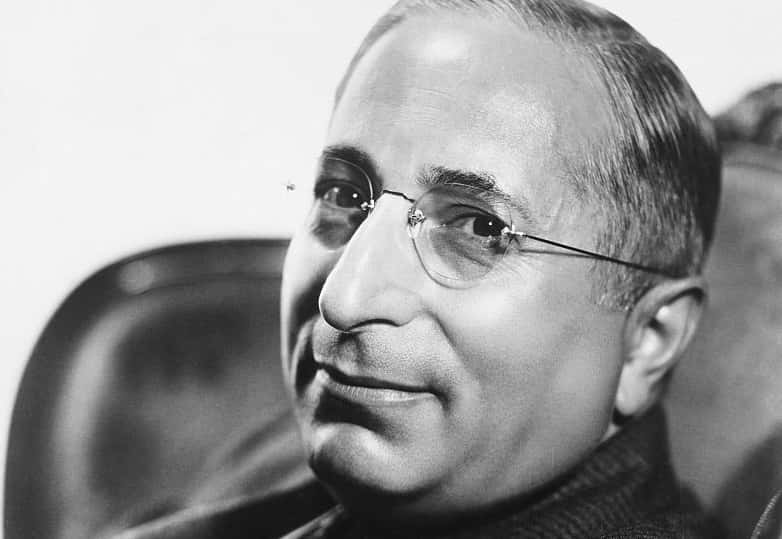 Getty Images
Getty Images
53. She Needed Help
Garland, desperate to make a full recovery, went to a hospital in Boston where doctors tried to regulate her eating and sleeping patterns. Most importantly, they had to get Garland clean: they took her drug problem seriously and slowly weaned her off of her many medications. But during her stay, Garland found another healing outlet—one that touched the very chambers of her maternal heart.
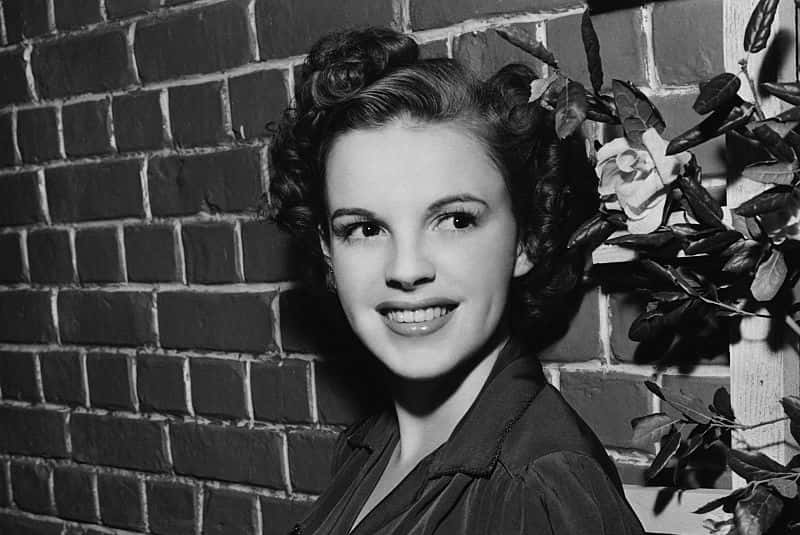 Getty Images
Getty Images
54. She Found Friends In Unlikely Places
Whilst deep in the throws of her addiction, Garland met a rather inspiring group. She had the chance to speak with a number of disabled children staying at the hospital, and their company soothed her. Their innocence and light gave her the gift of perspective, and it helped her through the rest of her rehabilitation program. In a later interview, she spoke about them: "Well it helped me by just getting my mind off myself and...they were so delightful, they were so loving and good and I forgot about myself for a change".
55. She Fell Back Into Her Old Ways
Just as Judy Garland had returned to Los Angeles hoping for a new lease on life—disaster struck. She was heavier, healthier, and most importantly, happier, but the only thing her studio saw was her weight. Once again, Garland found herself drowning in the pressure to shed the pounds and turned back to pills in order to get the job done. The rest, as they say, was history.
56. She Was A Liability
Needless to say, Summer Stock was Garland's last picture with MGM. Even though it reaped in a pretty penny at the box office, her bad behavior cost the studio $80, 000. For the studio, it seemed like Judy Garland may not be worth the hassle or the exorbitant expenses. When her disappointing antics continued into her next project, she squandered her very last chance.
57. She Went To Extreme Measures
After her part in Royal Wedding fell through, Garland surrendered to her depression. On one disturbing occasion, she tried to hurt herself, making an incision on her neck with a broken piece of glass. While the injury was minor, the press splashed it all over the news, making her attempt seem far more gruesome than it actually was. But while the violent nature of this act wasn't fatal, Garland's actions were terribly clear.
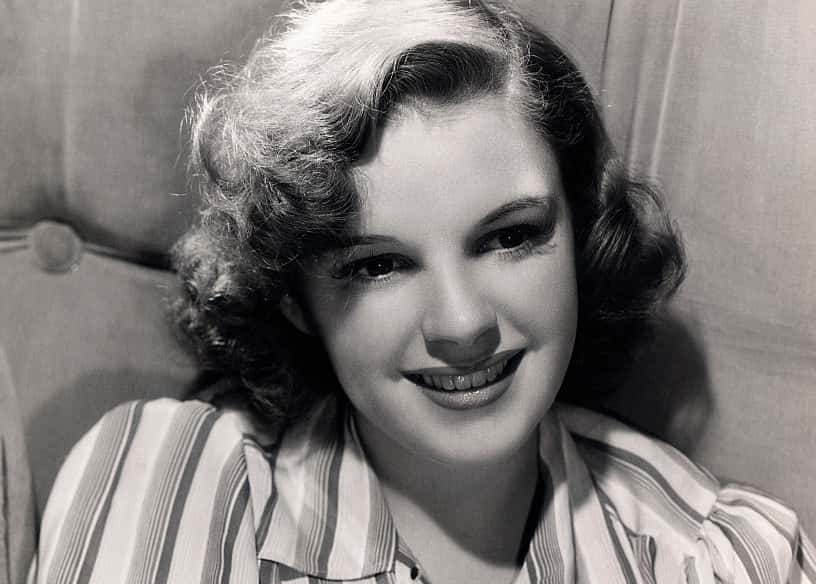 Getty Images
Getty Images
58. She Felt Abandoned
Garland needed an ally. Someone to stand with her and intervene when push came to shove. In remembering her failed attempt, Garland said, "All I could see ahead was more confusion. I wanted to black out the future as well as the past. I wanted to hurt myself and everyone who had hurt me". But if there was anyone left to keep her afloat, it surely wasn't her studio...
59. She Wasn't Worth It
Judy Garland had worked with MGM for 15 years and they had seen her through her childhood and early adulthood. And while her performances throughout the last decade had had its ups and downs, in the end, she became a total liability. The truth was a hard pill to swallow: Hollywood had grown tired of Garland. In September 1950, she and her studio parted ways.
60. She Drove Him Away
The very next year, her marriage also imploded. Garland's many breakdowns and personal struggles were constant stressors on her relationship with Minnelli, and soon enough, he just couldn't handle it anymore. But there may have been another reason...According to rumor, Minnelli was actually gay. With problems rushing in from all angles, it's no wonder that their marriage ran its course.
61. She Was Desperate
Soon, Garland found herself in a desperate situation. Without Hollywood's support, her finances began to dwindle and she needed to find a way to jumpstart her career. Thankfully, she had a close friend on her side—none other than the enigmatic Bring Crosby. Seeing a friend in need, he came to her rescue and invited her onto his radio show. But even though she was grateful for the opportunity, she was also absolutely terrified.
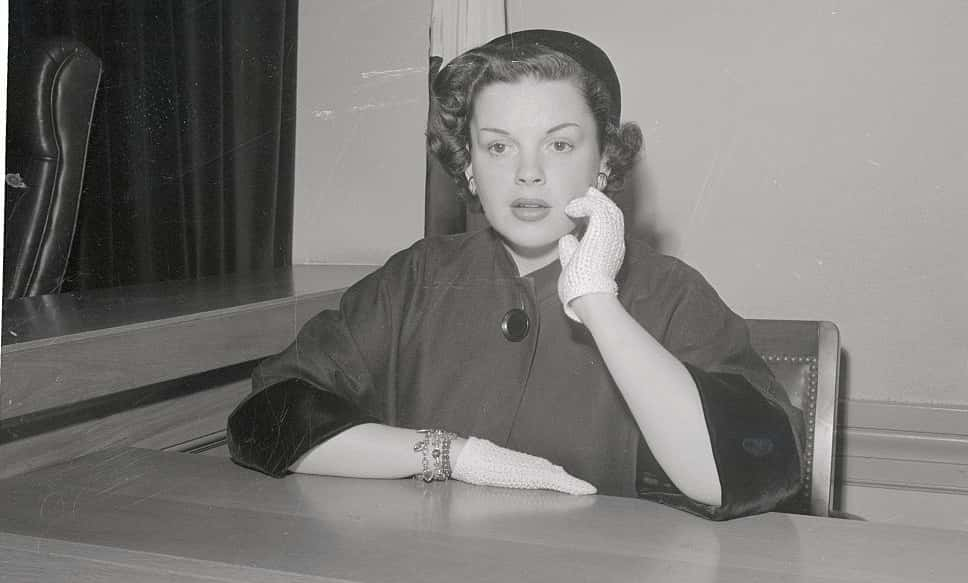 Getty Images
Getty Images
62. She Had Stage Fright
On the night of her appearance, Judy shook from head to toe—so nervous was she to stand in front of an audience and feel their judgment wash over her. She worried that they'd be looking for her scars—the evidence of her recent trauma—and fought her instinct to flee the scene entirely. When Bing Crosby learned of her distress, he gave her all the strength she needed...
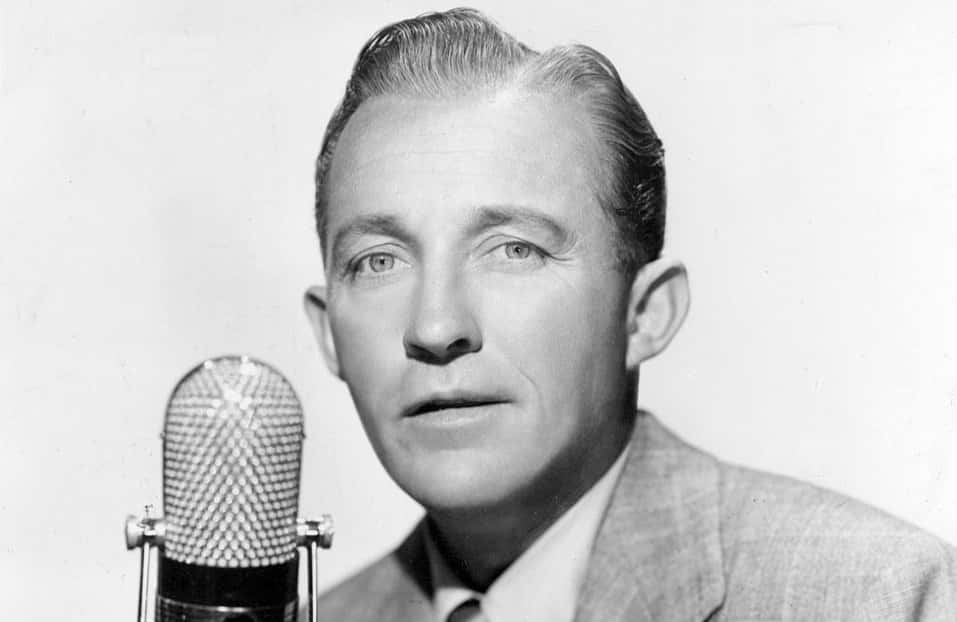 Wikipedia
Wikipedia
63. She Was Brave
In the end, Garland had nothing to fear: Crosby gave her the most heartening introduction: "We got a friend here, she's had a little trouble recently. You probably heard about it–everything is fine now, she needs our love. She needs our support. She's here–let's give it to her, OK? Here's Judy". Putting one step in front of the other, Garland made her way onto the stage...
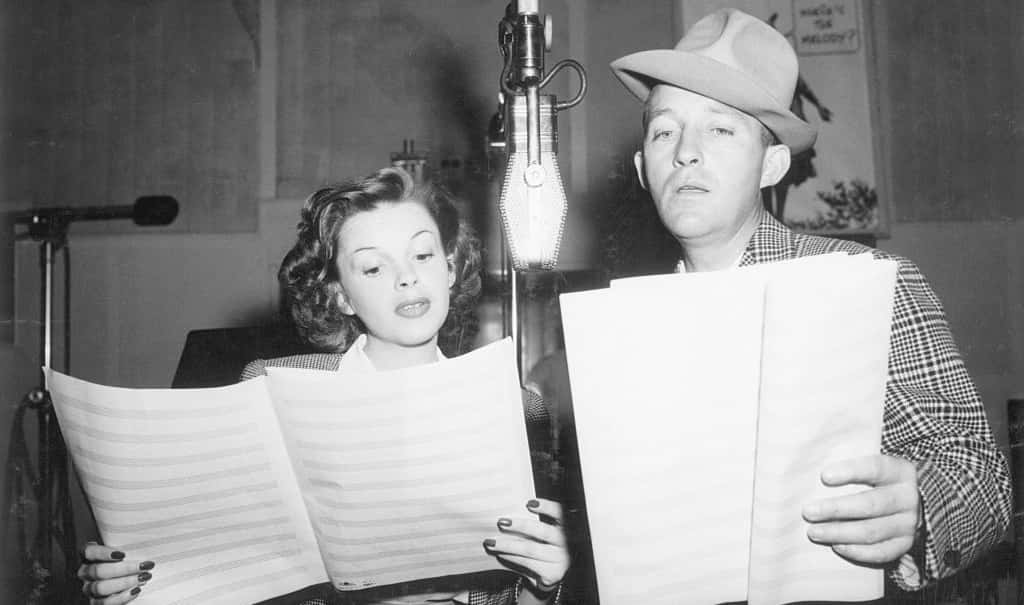 Getty Images
Getty Images
64. She Blossomed
For Garland, stepping into the limelight was like stepping into a second skin: it fit her perfectly. Her appearance on Bing Crosby's show was a complete success. As one writer noted, "...she just blossomed". From 1950 to 1951, she made eight appearances on The Bing Crosby—Chesterfield Show, and in the wake of her break from Hollywood, returned to the stage in all her glory.
65. She Returned To Her Roots
Going back to her vaudevillian roots was just the right move for Garland. Despite her divorce, 1951 proved to be a glorious year for Garland's career. Her four-month concert tour opened to critical acclaim, and just like that—she was as star once again. Stepping onto the stage at the London Palladium, Judy Garland truly felt "reborn". But that wasn't all.
66. She Broke Records
Even Garland's audiences were enthralled by her stage presence. The Palladium manager said that he'd never heard an ovation so enthusiastic or raucous as the one made for Judy Garland. And from there, the acclaim only continued. Her performance at Manhattan's Palace Theatre broke records and was called "one of the greatest personal triumphs in show business history". But just as her onstage bliss reached new heights, so did her own private happinesses.
67. She Found A New Man
While still married to Minnelli, Garland started an affair with businessman Sidney Luft. He had caught her right at her lowest and felt compelled to shelter her from harm's way: he likened it to "an electrical force". Luft certainly followed through with his devotion to Garland and was one of the reasons her stage tours were so successful...He was her tour manager and producer. It wasn't long before this high-on-life couple took it to the next level.
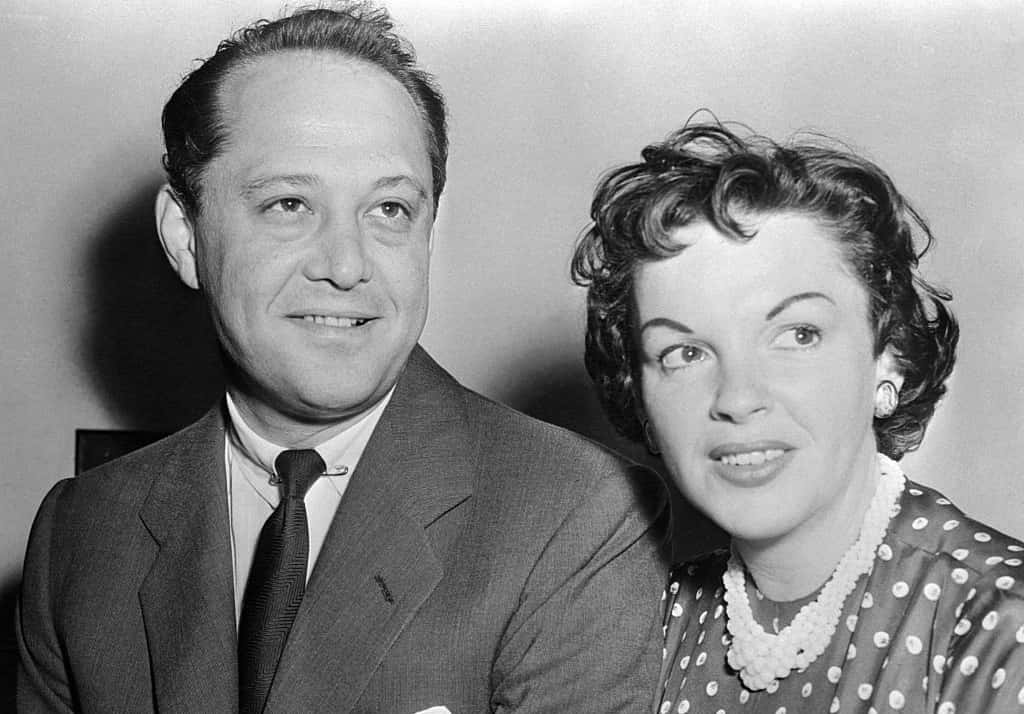 Getty Images
Getty Images
68. She Staged A Comeback
In 1952, Garland wed Luft, and the same year, they welcomed their first child—a daughter named Lorna. Knowing that Garland was more than capable of wooing an audience, Luft thought it was time for her to make a Hollywood comeback. The couple decided to produce the film A Star Is Born with Warner Bros. at the helm. But this comeback was easier said than done...
69. She Cost Them Big Time
Garland and Luft seriously hoped that A Star Is Born would help give their finances a boost...But they were sorely mistaken. As filming began, Garland started falling back into her old ways, causing delays and seriously disrupting production. This infuriated the head of Warner Bros. and the entire process was all around not a good time. Once filming wrapped, all they could do was cross their fingers and hope for the best.
70. She Didn't Break Even
The release of A Star Is Born wasn't a total bust because, thankfully, audiences absolutely adored it. Crowds flocked to the theatre to see Garland on the screen once again and all in all, it performed glowingly at the box office. Still, due to the staggering cost of the production, the film didn't even see a profit. For Garland and Luft, their high hopes of bringing home bank were effectively dashed. Still, Garland's stellar performance didn't go unnoticed.
71. She Thought She'd Won It
When Garland was nominated for an Acadamy Award for her performance, everyone believed that she'd win it, no contest. When the ceremony rolled around, Garland couldn't make it because she'd just given birth. Anticipating her acceptance speech, an entire camera crew set themselves up in her hospital room—ready to broadcast Garland's gold-star moment: she could hardly wait...And then, the unexpected happened.
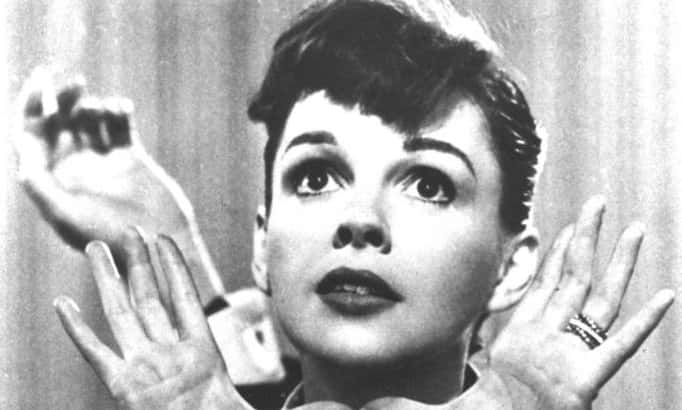 Getty Images
Getty Images
72. They Snubbed Her
To everyone's surprise, the award went to Grace Kelly instead of Judy Garland. The disappointment was palpable as the camera crew sadly packed up their belongings: shutting it all down as Kelly glided toward the podium to collect her prize. Many believed that Judy had been grossly snubbed, and later, Groucho Marx sent her a telegram stating that her loss was "the biggest robbery since Brinks".
73. She Landed In The Hospital
By 1959, Garland's liver had taken such a beating that her health took a turn for the worse. Suffering with acute hepatitis, she wound up in the hospital and was only allowed to go home weeks later. Still, the diagnosis was not looking good. Doctors came to her with heavy hearts and gave her some grim news. The most surprising part? Garland's reaction.
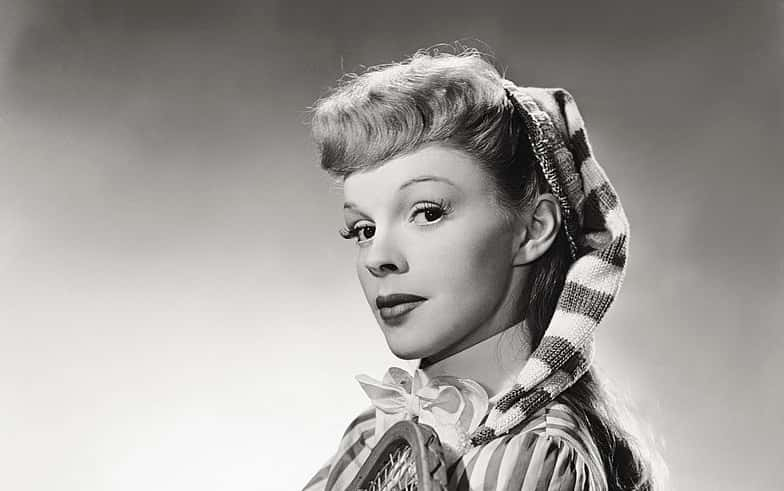 Getty Images
Getty Images
74. She Almost Didn't Make It
The doctors told Garland she was seriously ill and they gave her about five years or less to live. They even said she might end up becoming invalid—unable to sing or perform. To hear this said out loud gave Garland an overwhelming sense of relief: "The pressure was off me for the first time in my life". But Garland was more than a tough cookie—she was super resilient—and as such, she proved them all wrong.
75. She Had Massive Debts
On top of her failing health, Garland had a world of trouble when it came to her finances. Having failed to pay her taxes, she now faced debts to the IRS. And these were some serious numbers: We're talking hundreds of thousands of dollars of debt. Even as the waves seemed to be closing over her head, Garland continued working. And despite her many troubles, she found a soft places to land–the arms of another lover...
76. She Had An Enjoyable Romp
While working on The Judy Garland Show, Garland fell for actor Glenn Ford. Although their six-month affair was relatively brief, it was also one of her healthiest relationships. He'd sit in on the taping of her show and watch her shine from a front row seat. Ford, of course, was a notorious womanizer, and when Garland wanted to get more serious, he got cold feet and ended the affair. Abandoned by yet another lover, Garland had no choice but to the face her own marriage—tattered and on the brink of collapse.

77. She Wanted Out
Tribulation dogged Garland and Luft's marriage. She filed for divorce multiple times throughout their time together but they always managed to work things out. But by 1963, Garland was through. And this time, things got nasty. She had a pile of allegations up her sleeve and she was about to blow his cover.
78. She Didn't Hold Back
Garland sued her husband Luft for a divorce, claiming that he'd hit her during a drunken stupor and that he'd even tried to take her kids away from her. But most of all, she cited mental cruelty as his biggest offence. Their ruined marriage eventually led to her breaking away from him professionally as well. What had begun so promisingly had devolved into a disappointing mess. As Garland slowly lost control of her life, the sad state of her personal relationships only reflected her diminished performances...
79. She Made A Huge Mistake
Once her TV show ended, Garland returned to the stage. But in 1964, after two solid performances, Garland made a gargantuan mistake. For her third performance in Melbourne, she arrived an hour late. But that wasn't all. Something seemed off about her behavior and she acted intoxicated. When it came to getting their money's worth, the audience showed Garland no mercy.
80. They Booed Her Off Stage
There's nothing worse than seeing a brilliant light burn out, and that's exactly what happened that night. The audience ripped her apart, booing her and shouting at her. After enduring this onslaught for 45 minutes, Garland could take no more and fled the scene. Although she later called the crowd "brutish," the negative reviews were still a hurtful insult.
81. She Trusted The Wrong People
After Garland divorced Luft and separated from his management, she made a choice that she'd soon learn to regret: she signed on with agents Freddie Fields and David Begelman. But these two were total crooks and had no intention of properly managing Garland's money. They were even guilty of embezzling. By the time she parted ways with them, the damage was already done.
82. She Couldn't Pay Them Back
By 1966, Garland owed $500,000 to the IRS and the federal tax agents were hot on her heels. Completely desperate, she sold her home for far below its actual worth. Even then, the money troubles kept coming. On one upsetting occasion, just after she finished her run at New York's Palace Theatre in 1967, agents swooped in and claimed most of her earnings.
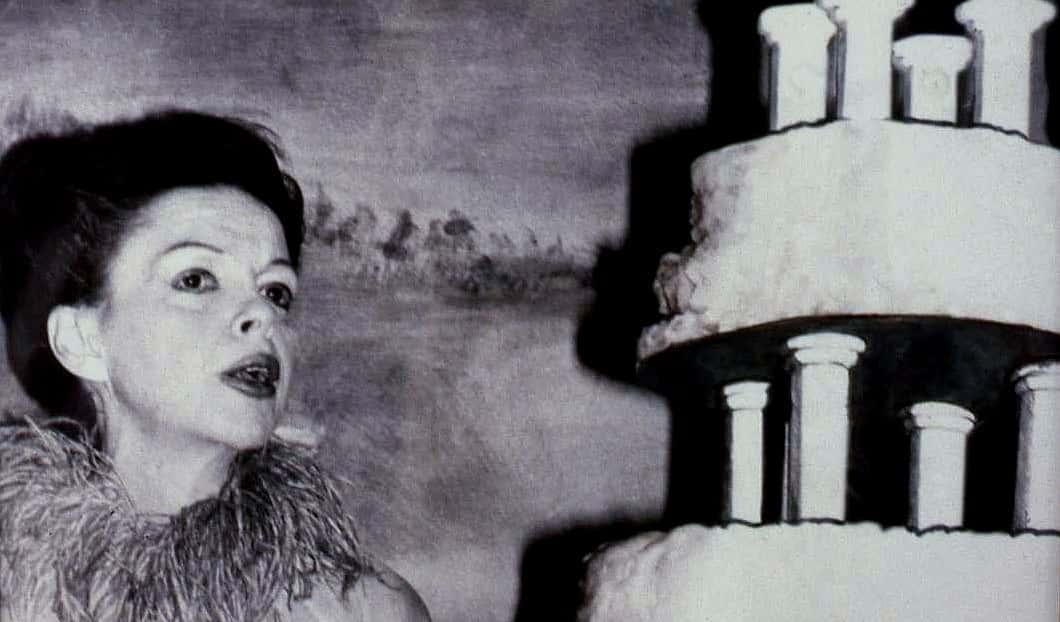 Wikimedia.Commons
Wikimedia.Commons
83. She Had A Las Vegas Wedding
While still married to Luft, Garland tried to marry her tour promoter Mark Herron. Of course, since she wasn't actually divorced yet, they had to wait before making it official. Once they were free to do so, Garland and Herron tied the knot at a Las Vegas ceremony in 1965. But their union was embarrassingly short-lived.
84. She Was Unlucky In Love
Only five months after saying "I do," Garland and Herron separated, and boy was it messy. Garland accused Herron of beating her while he stood back and claimed "self defense". For her entire life, Judy Garland was consistently unlucky in love. Still, she didn't give up hope. And then, out of the blue, she met her final husband—and it was the weirdest meet-cute ever.
85. She Had A Strange Meet-Cute
In 1966, Judy Garland met Mickey Deans at her New York City hotel. A mutual friend had told him to deliver a package of amphetamines to her, but when he realized that her children were present, he wisely pretended to be a doctor. For the next couple years, these two became on-and-off lovers...Finally in 1969, he decided to make it official and asked for her hand. But unbeknownst to the happy couple, Garland had very little time left...
86. She Was Too Young
Nearing the end of her life, Mickey Deans tried his best to promote Judy Garland's fading career, but soon found that her severe addiction issues was the greatest obstacle of all. On June 22, 1969, Deans made a shocking discovery in the bathroom of their rented home—Judy Garland had passed. She was only 47 years old.
87. She Accidentally Overdosed
Judy Garland had accidentally taken too many pills. But many experts believed that there were other contributing factors: Some claimed she had cirrhosis. Whatever the case, Judy Garland's personal demons and rigorous life had taken its toll. For the world of entertainment and beyond, her passing was a devastating loss.


